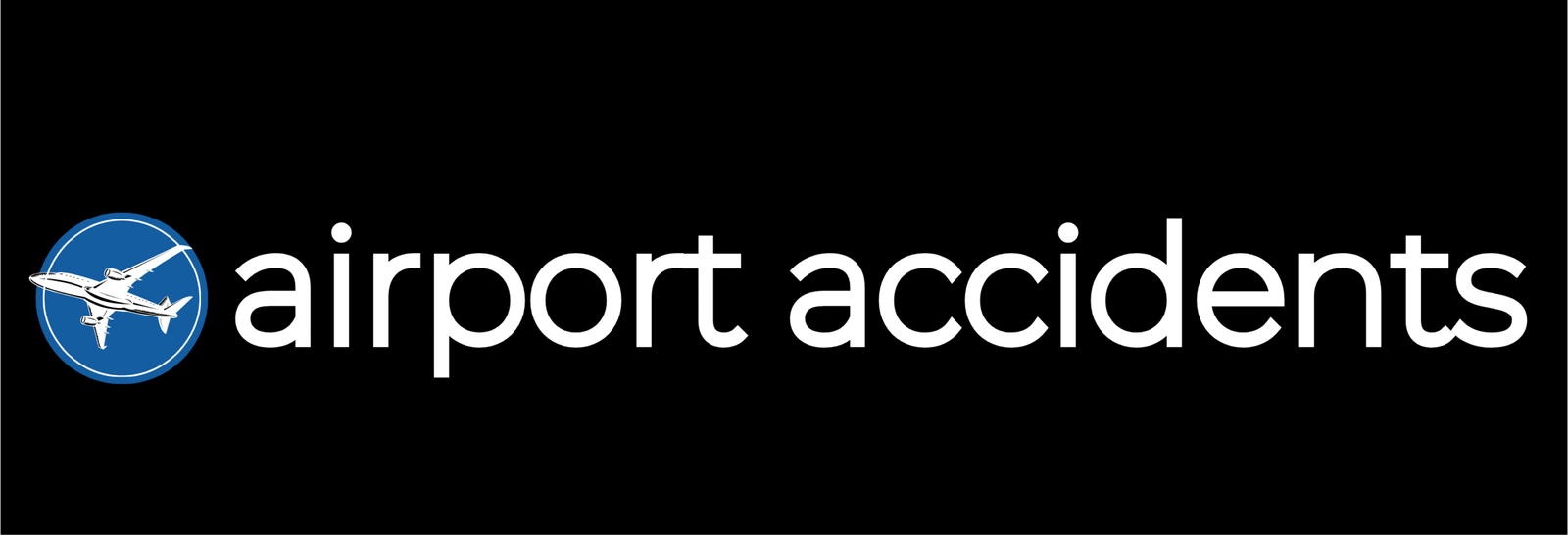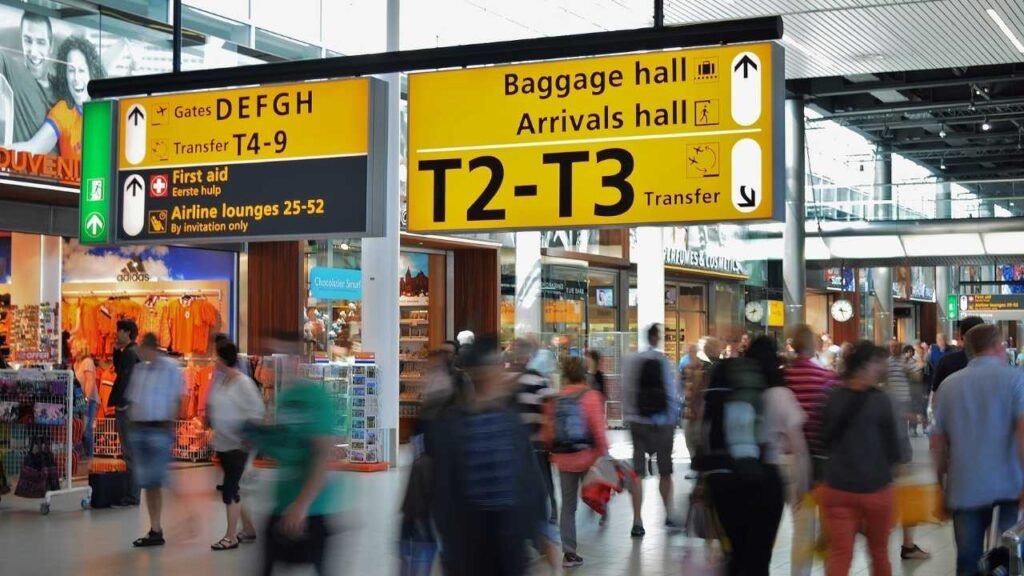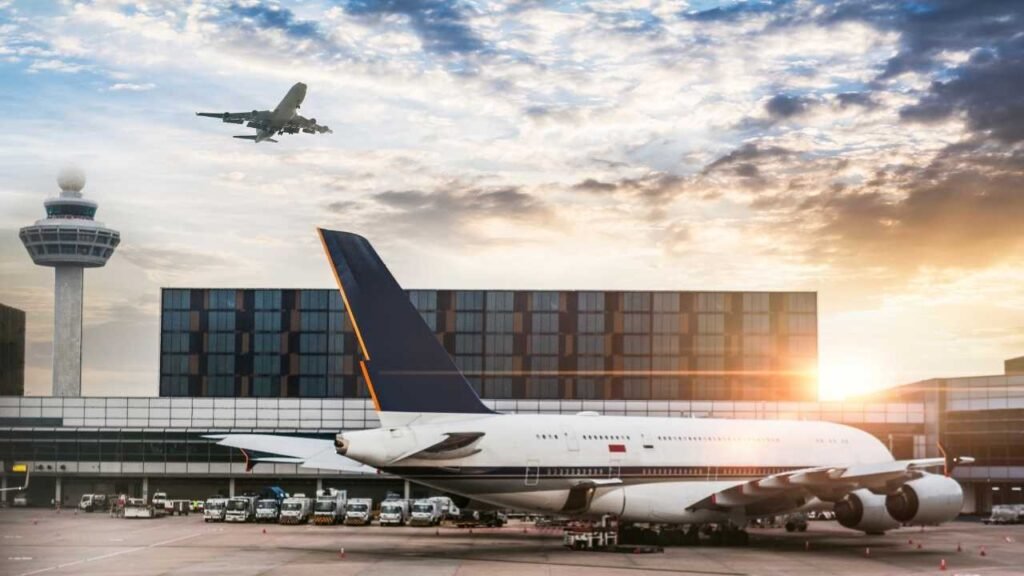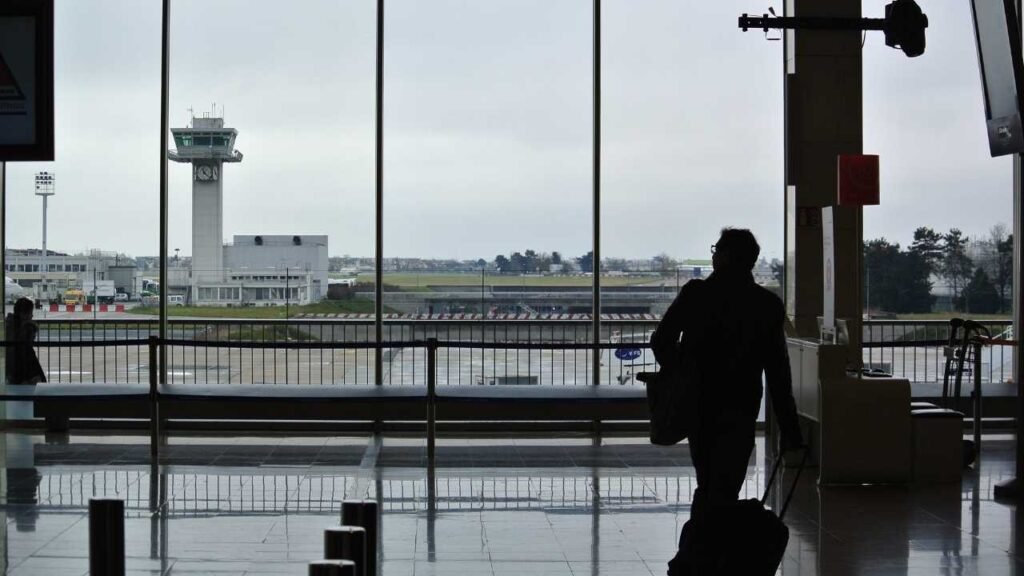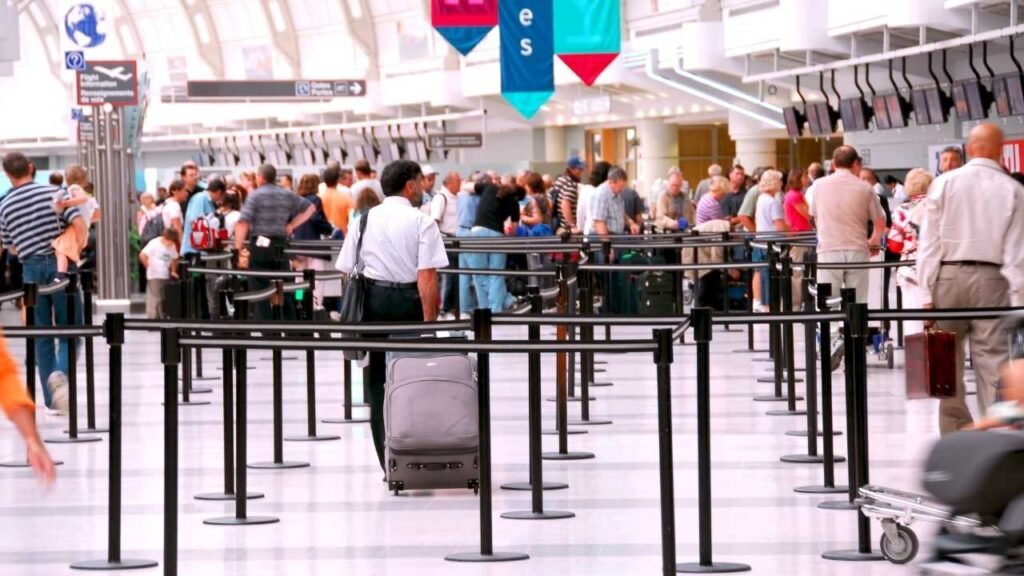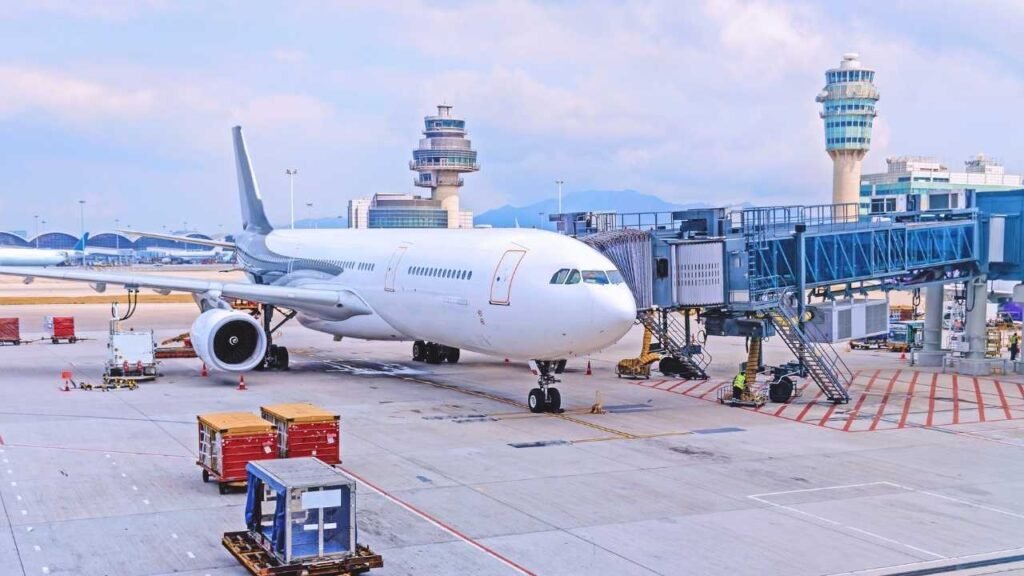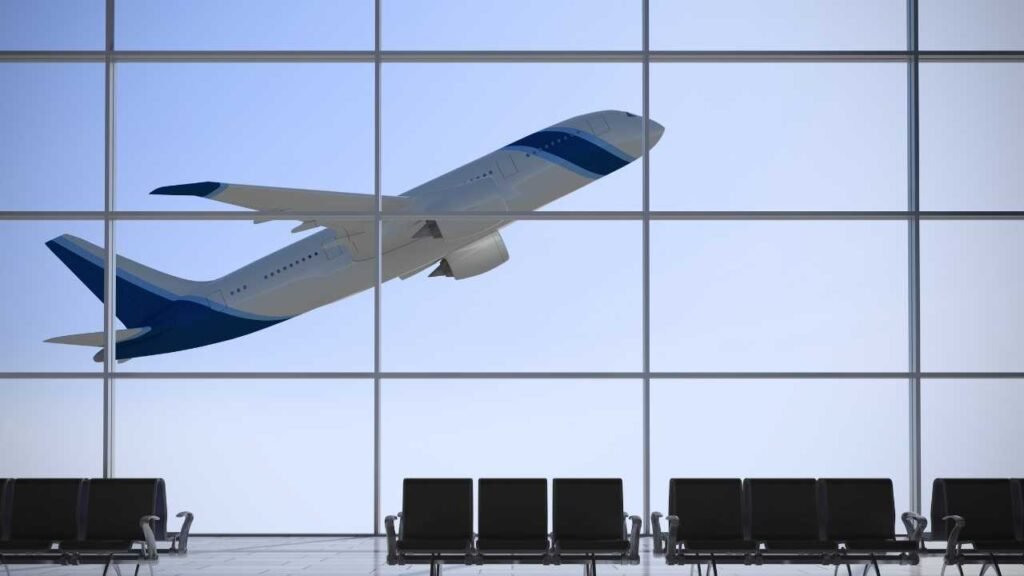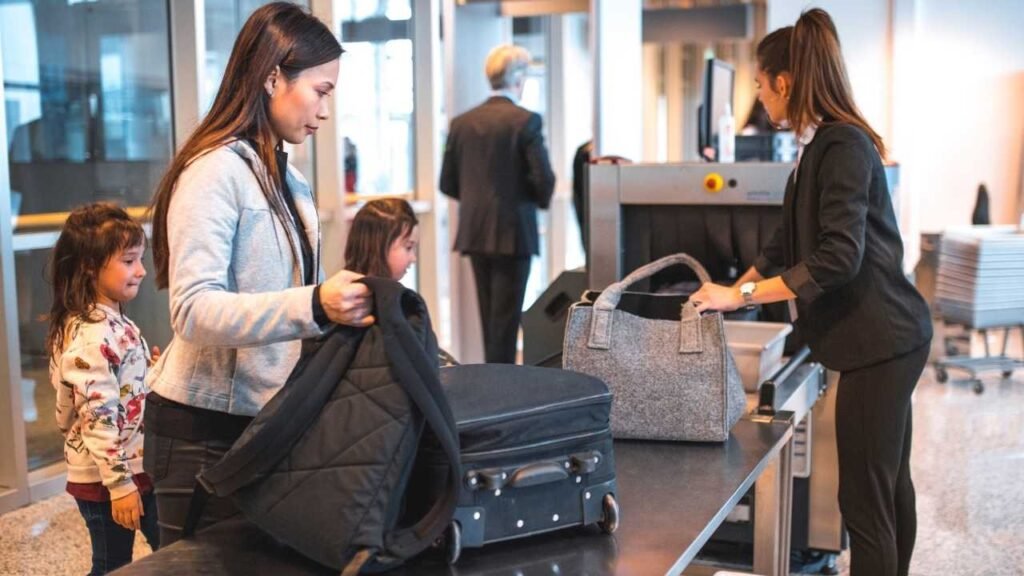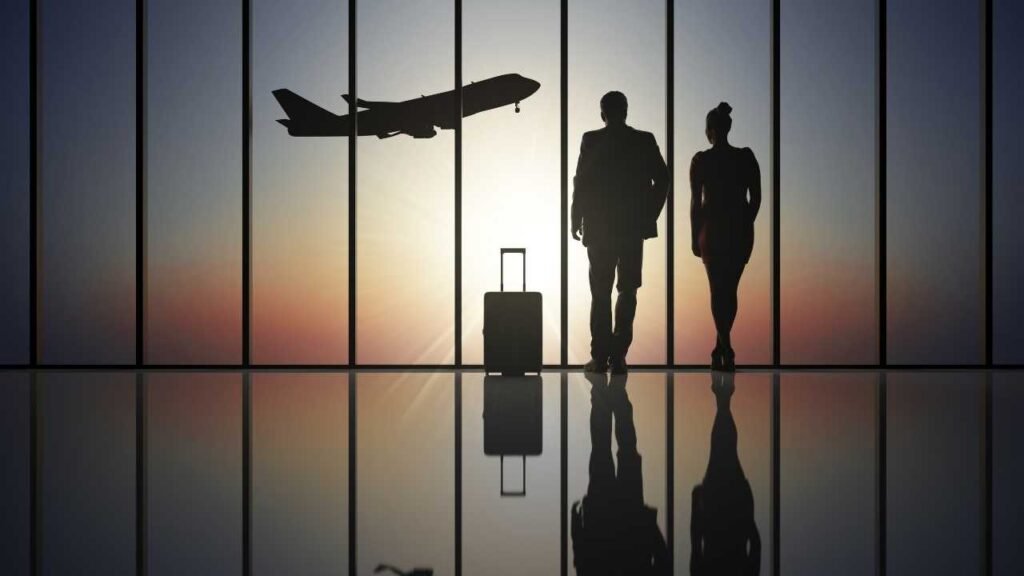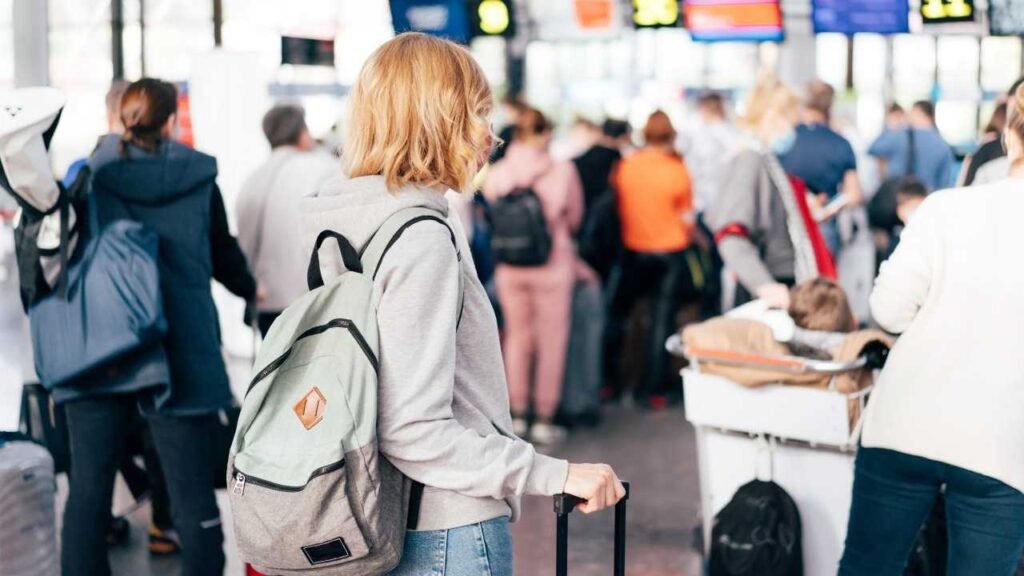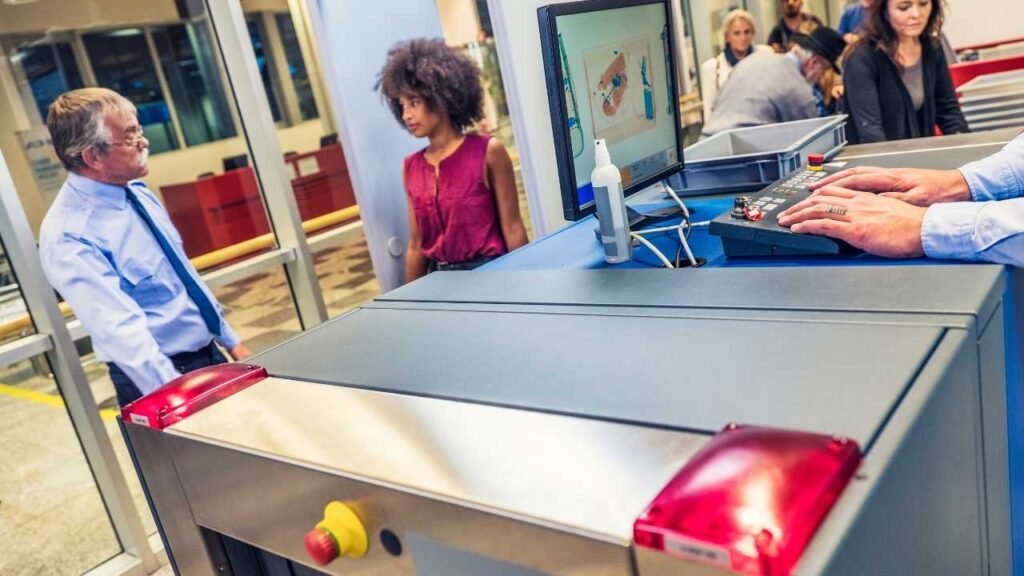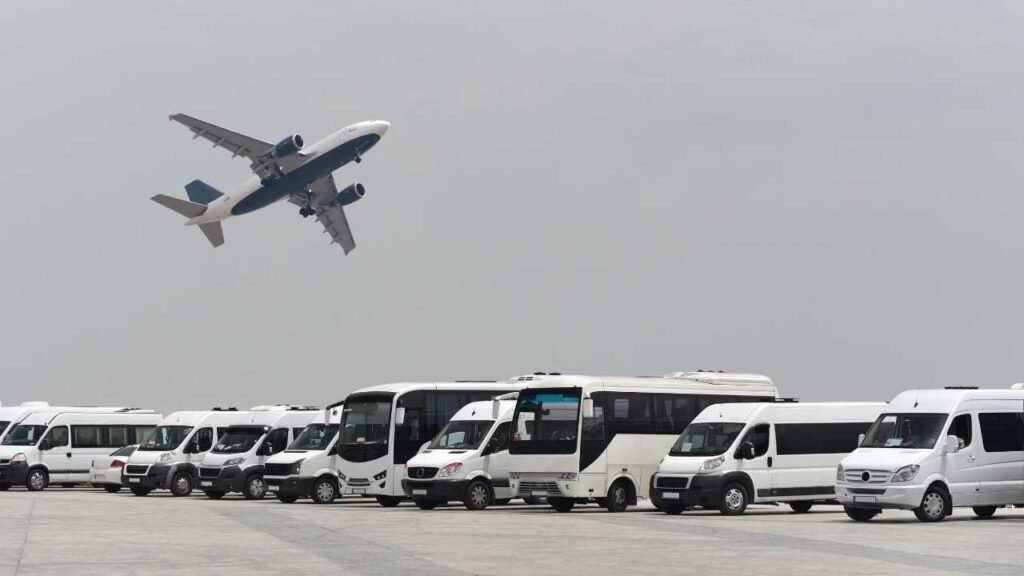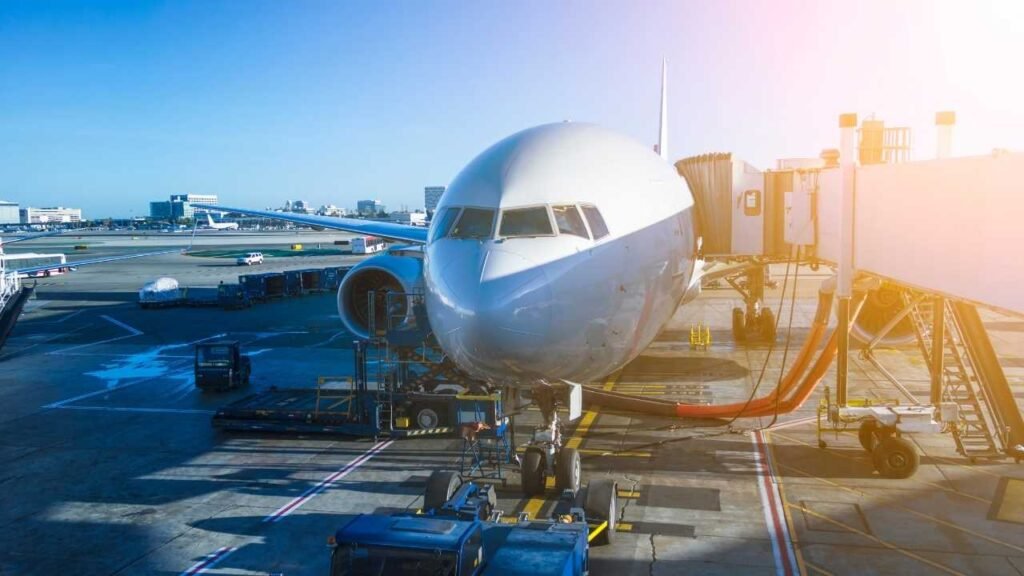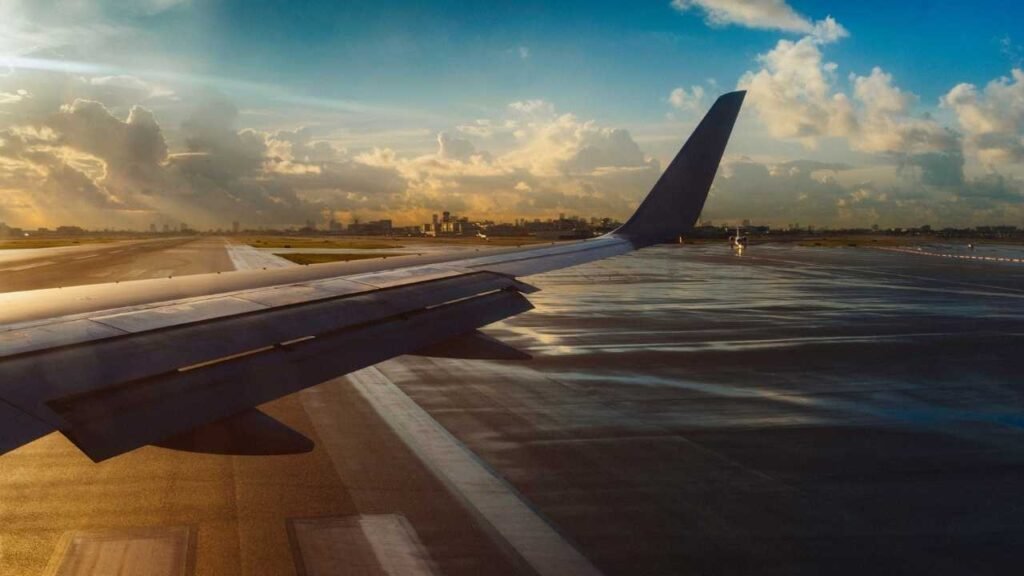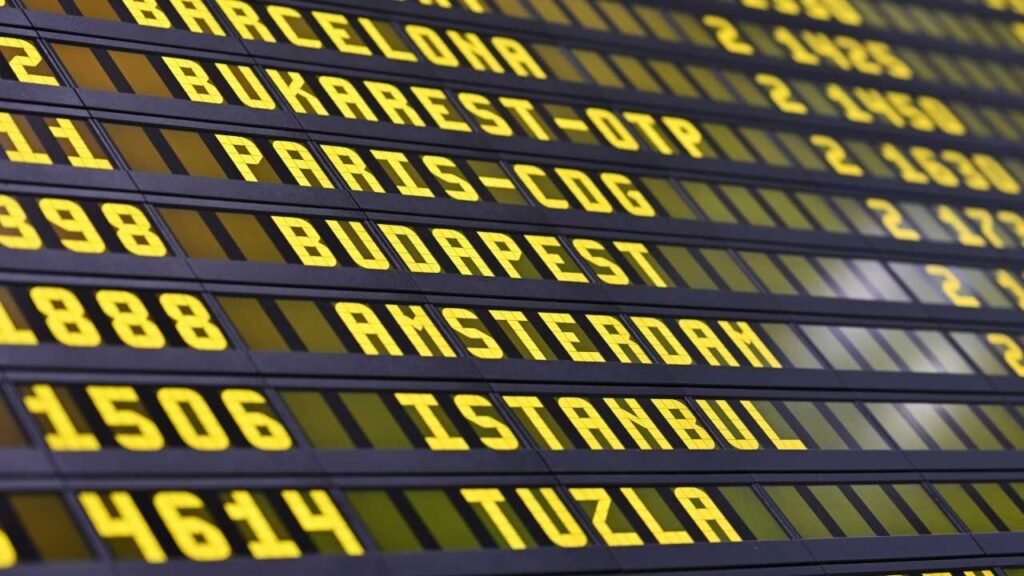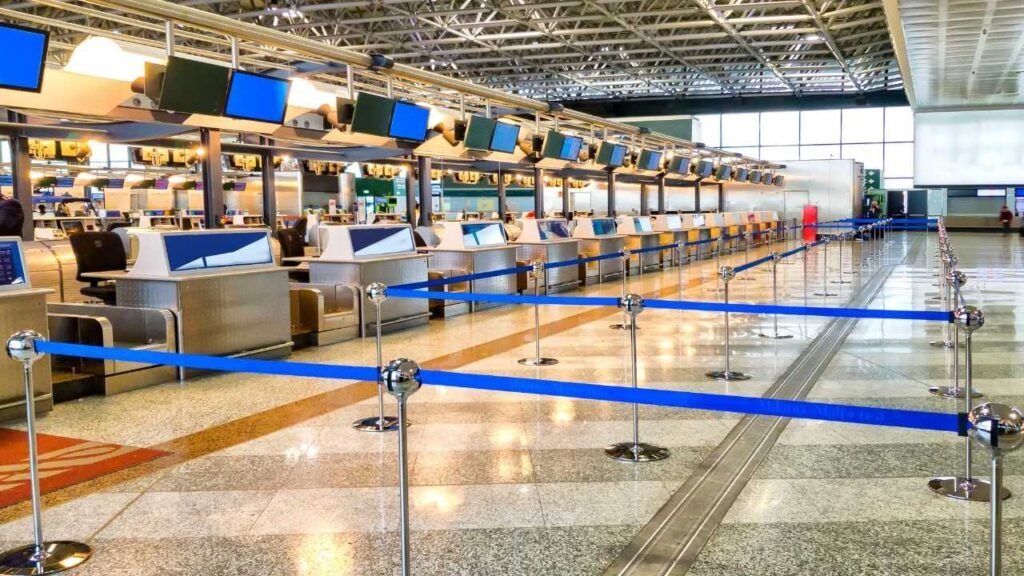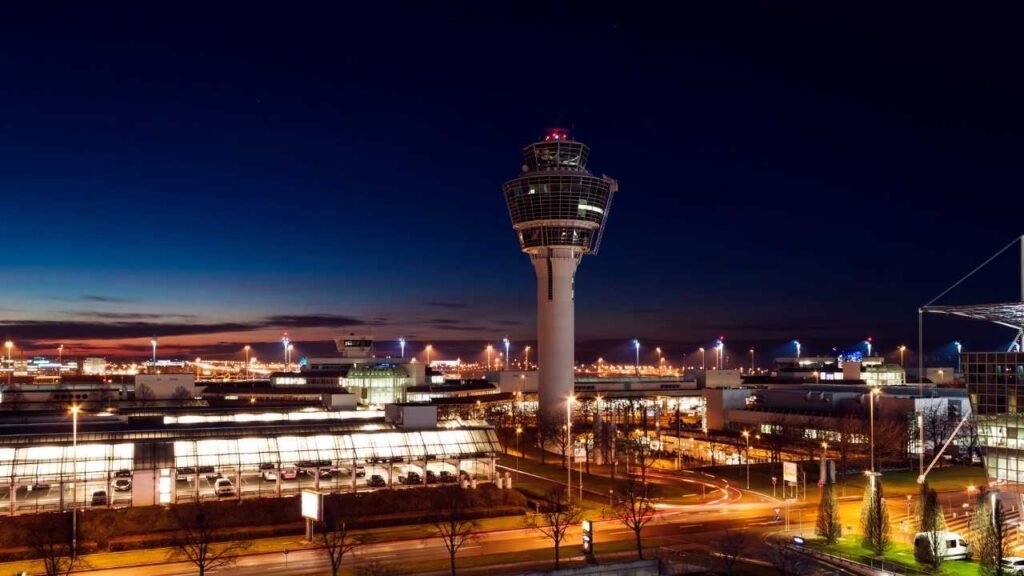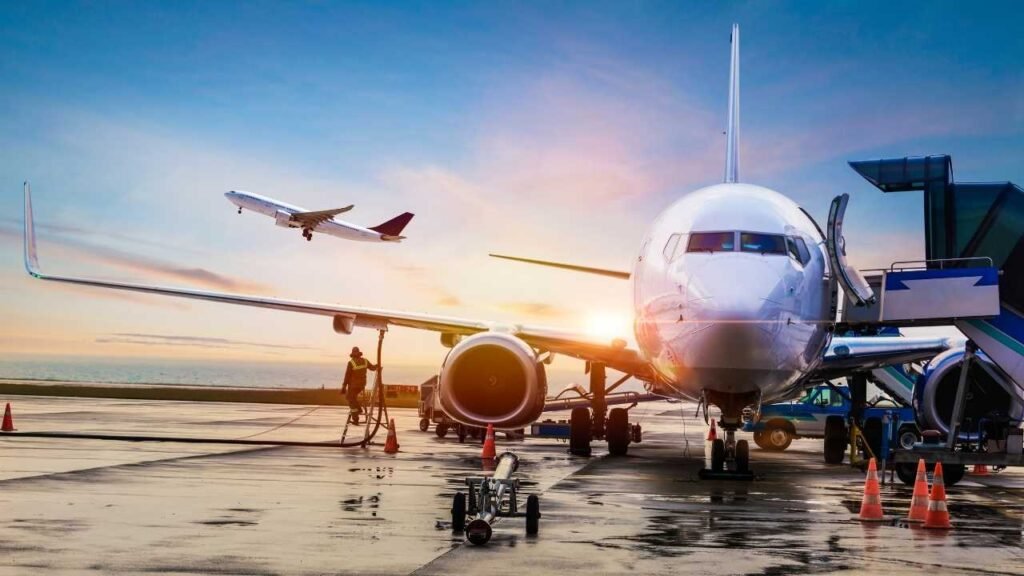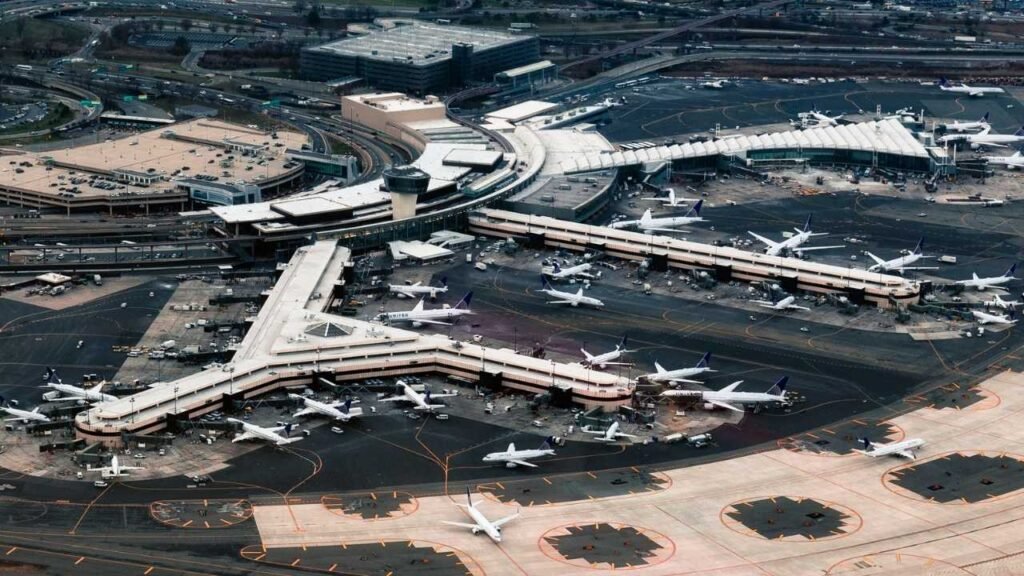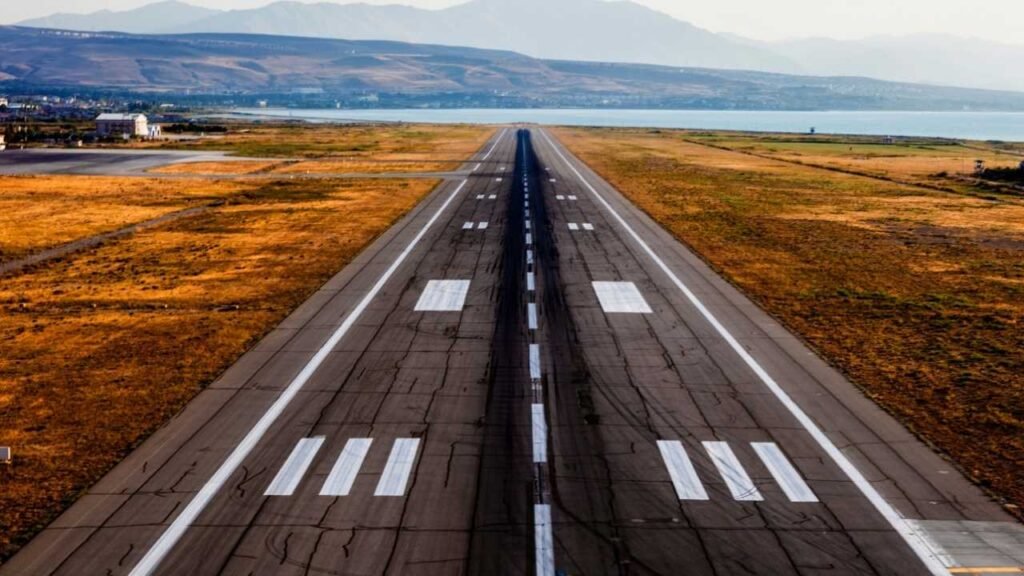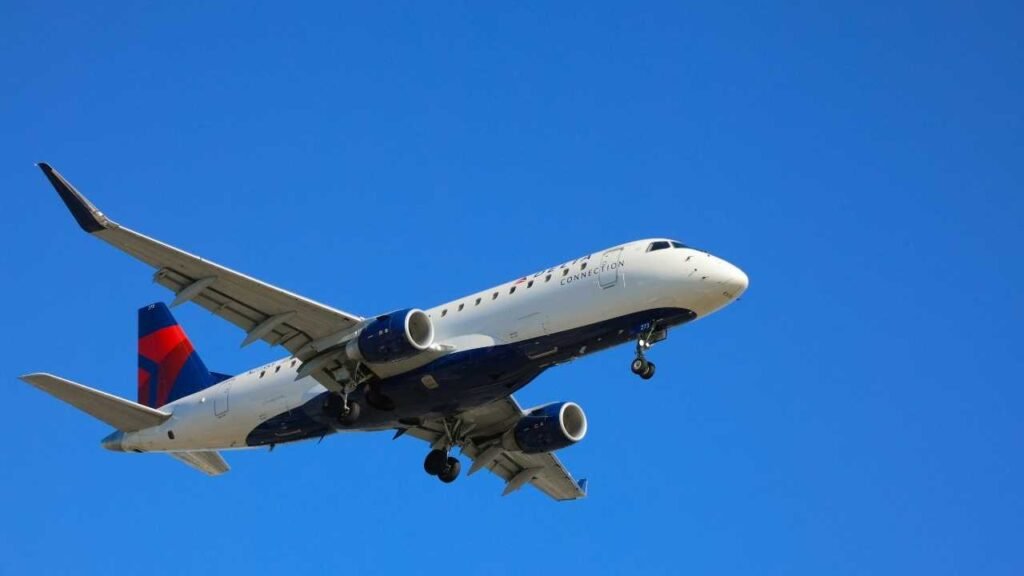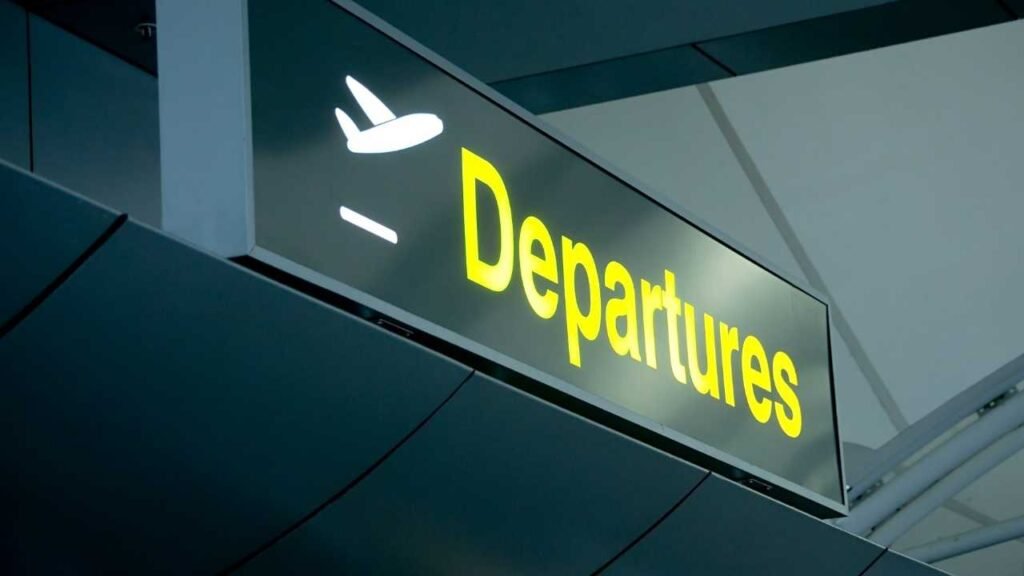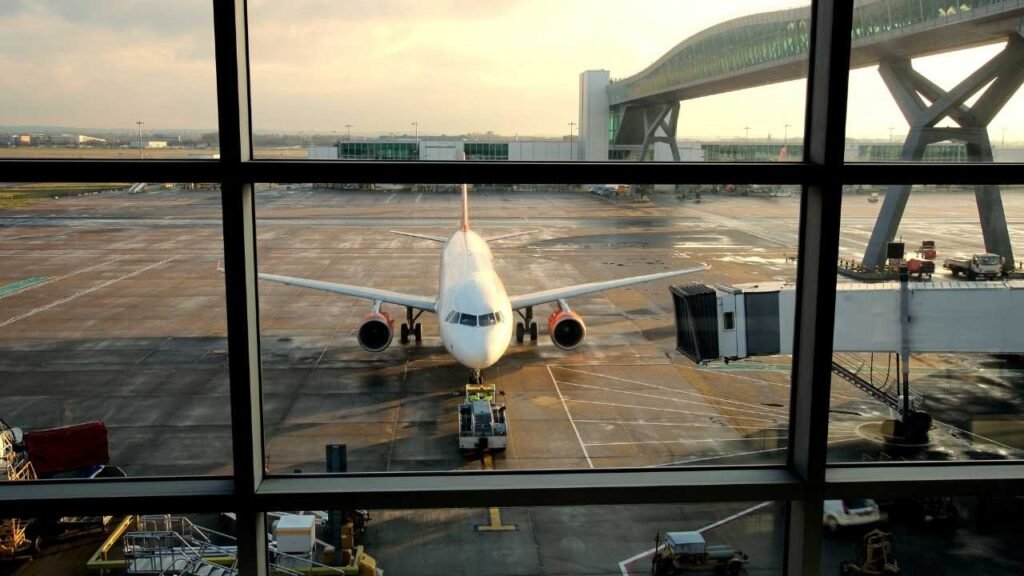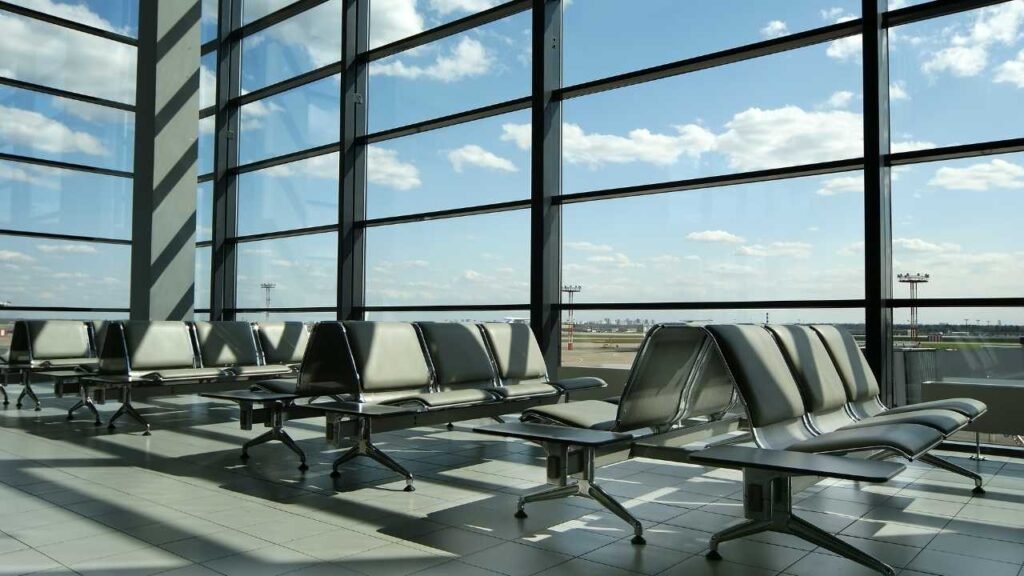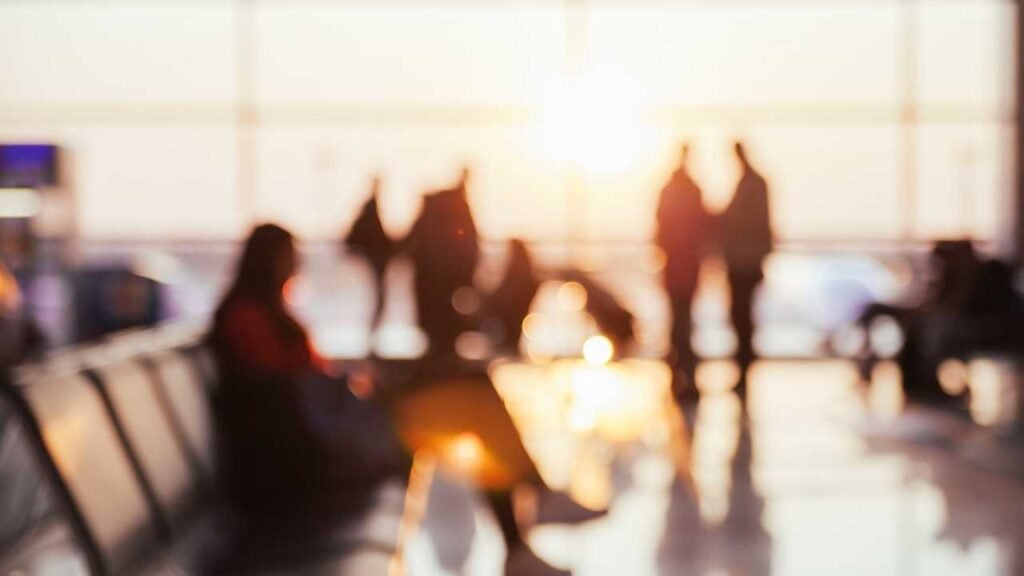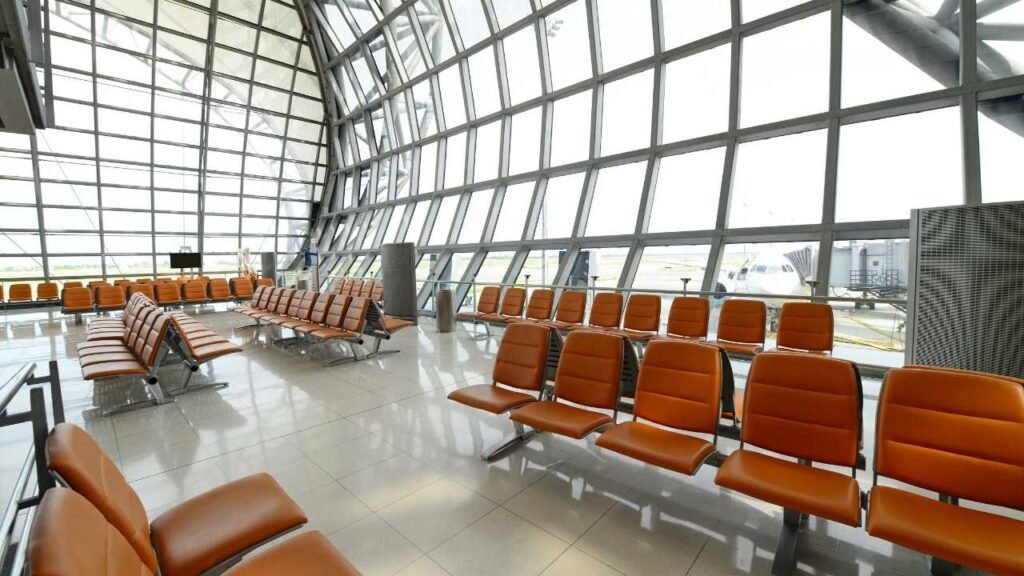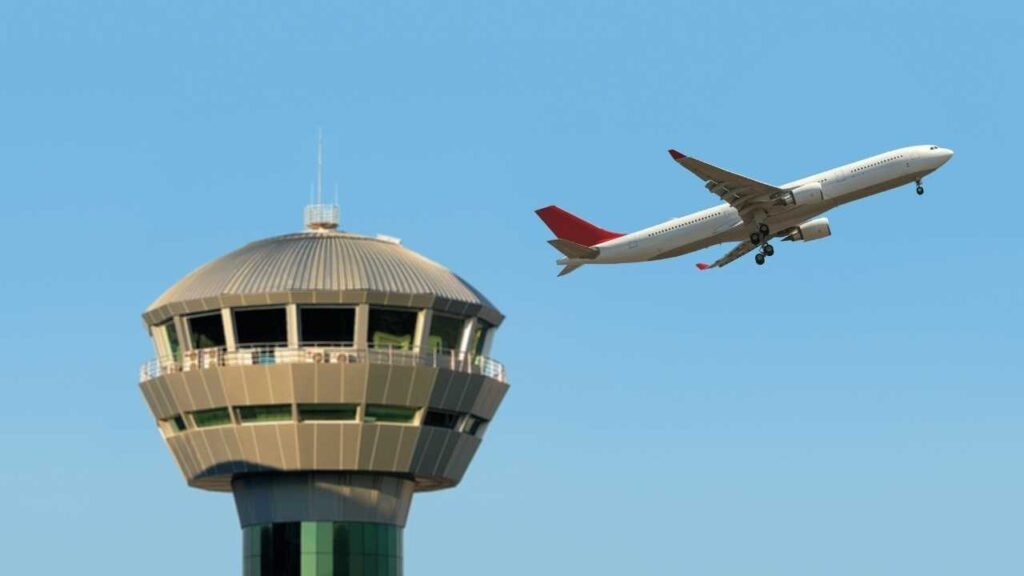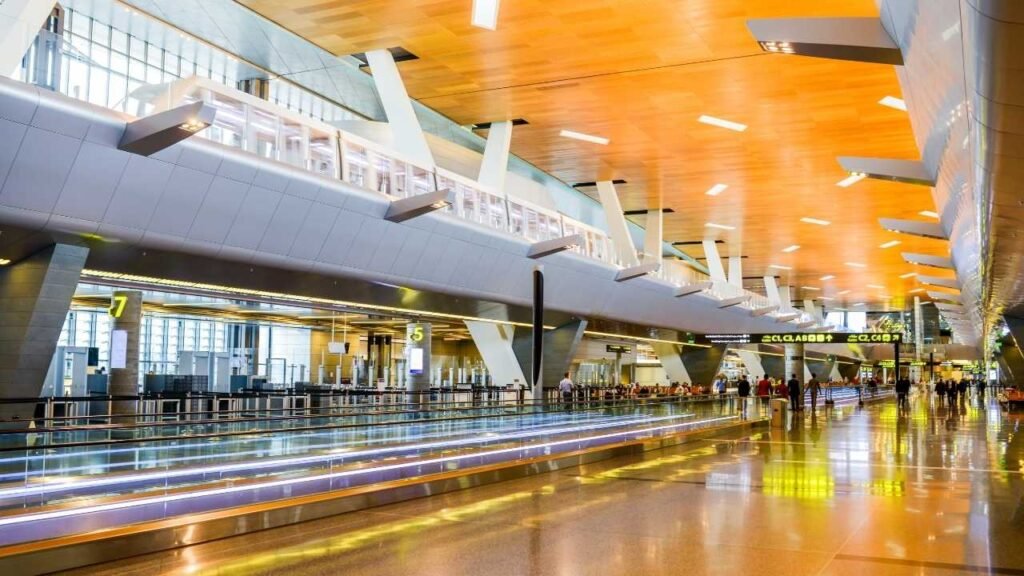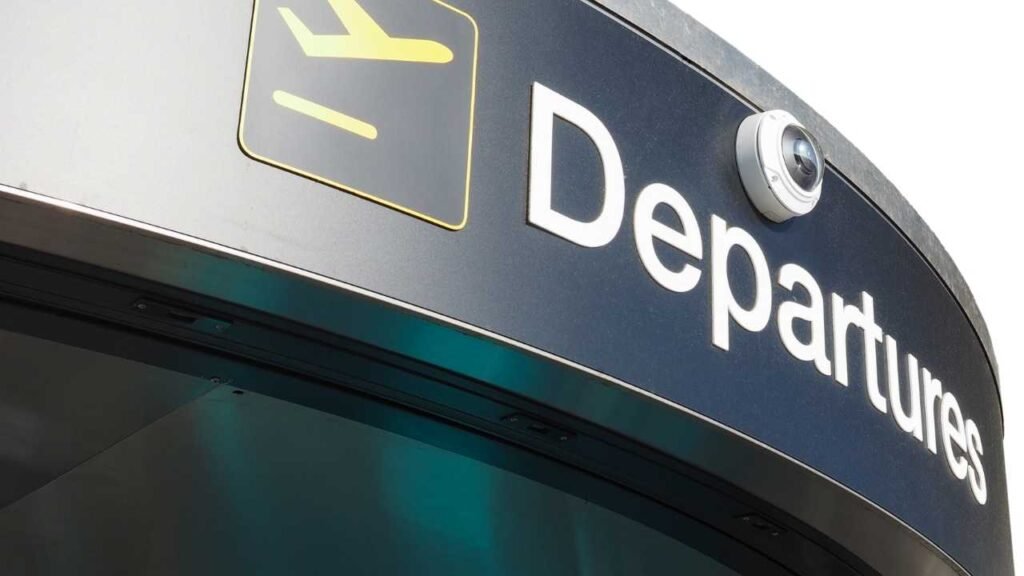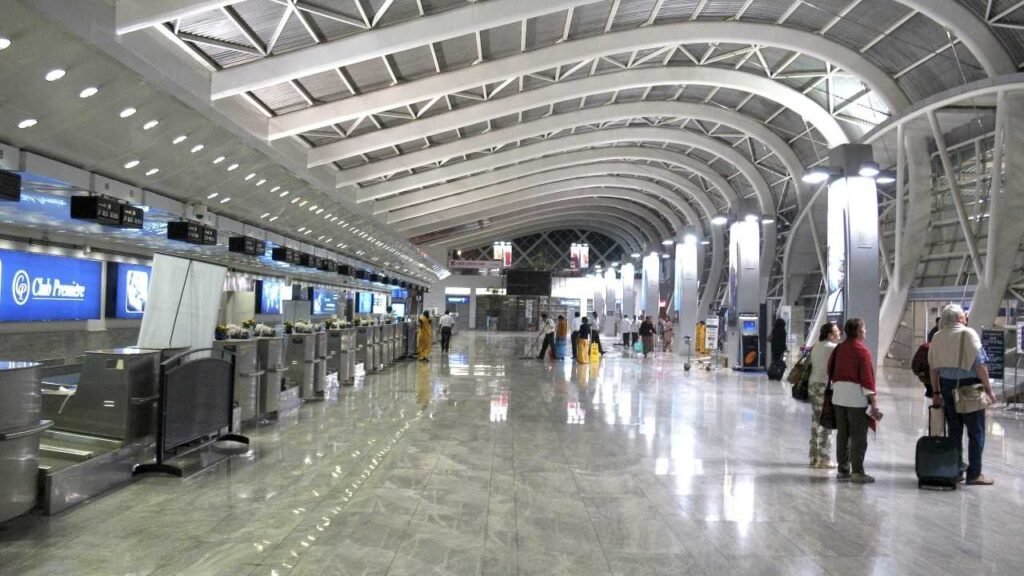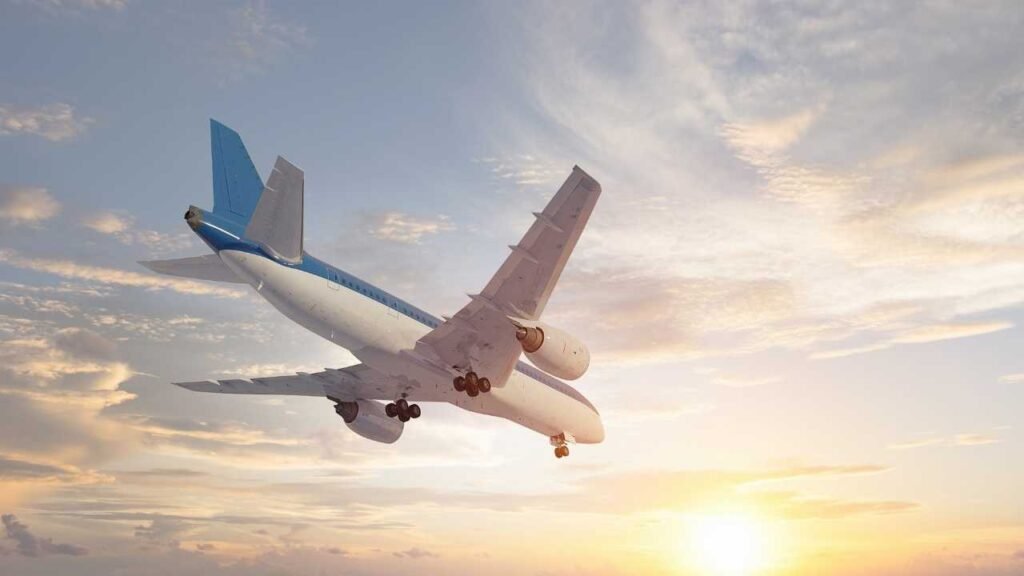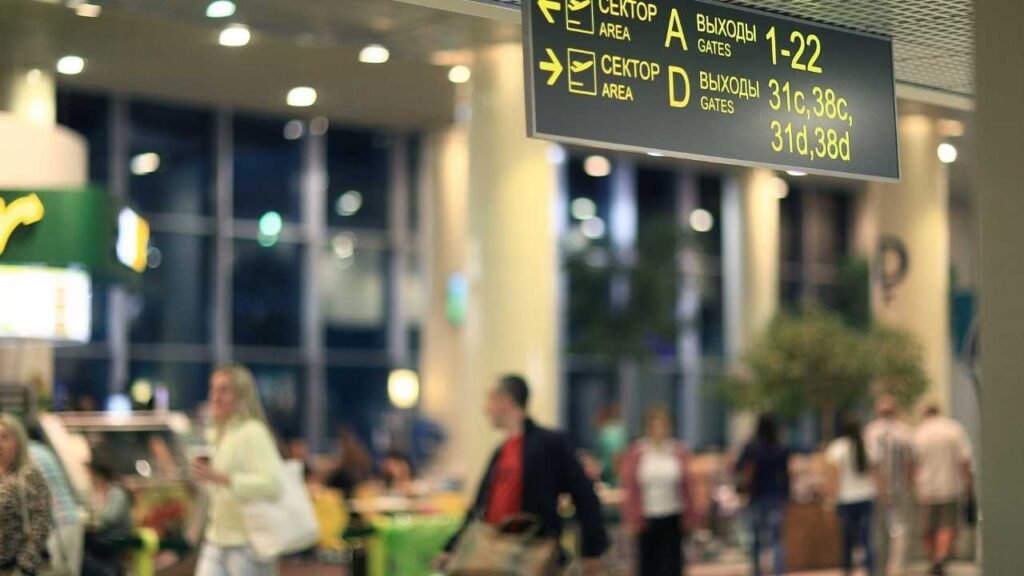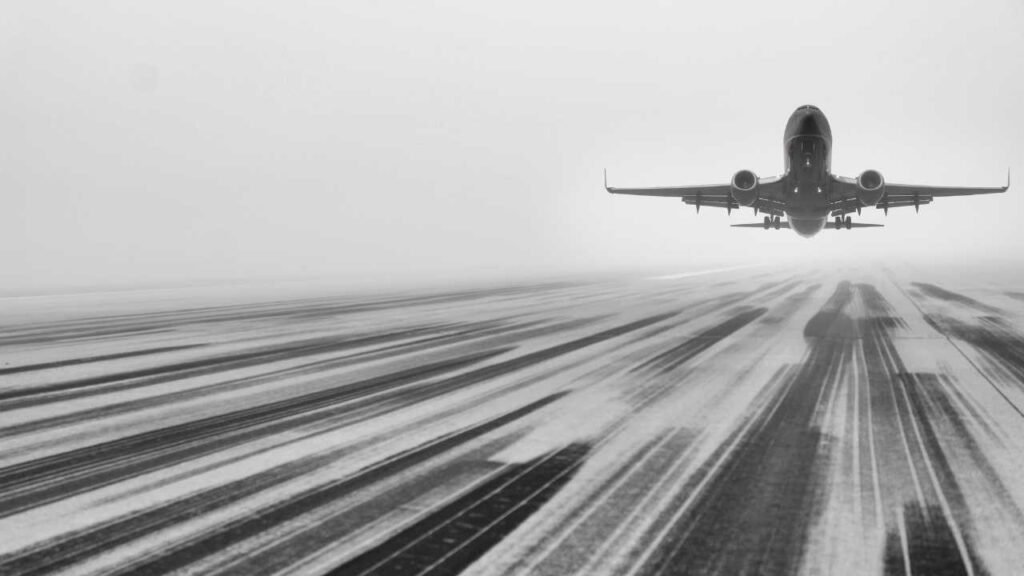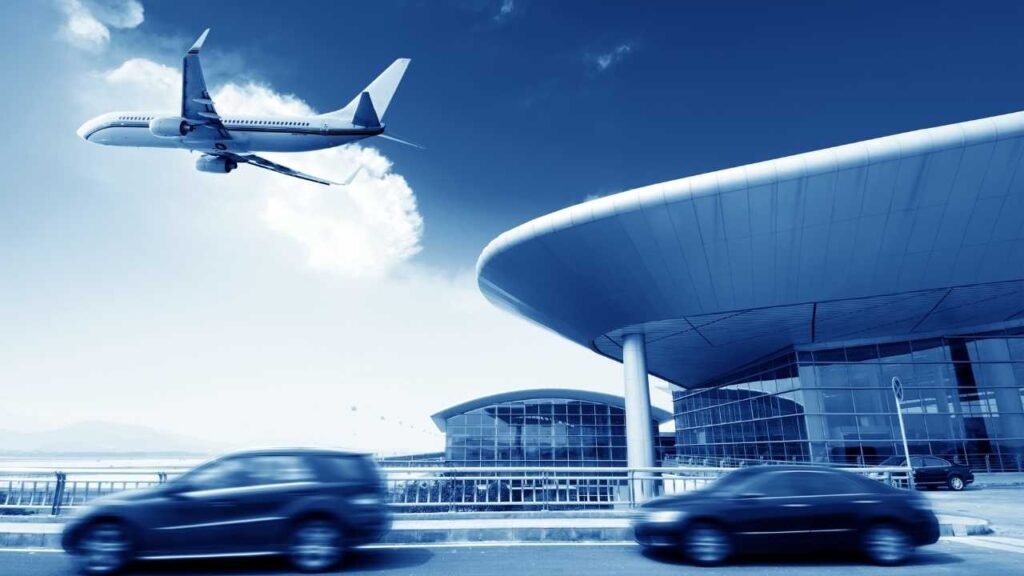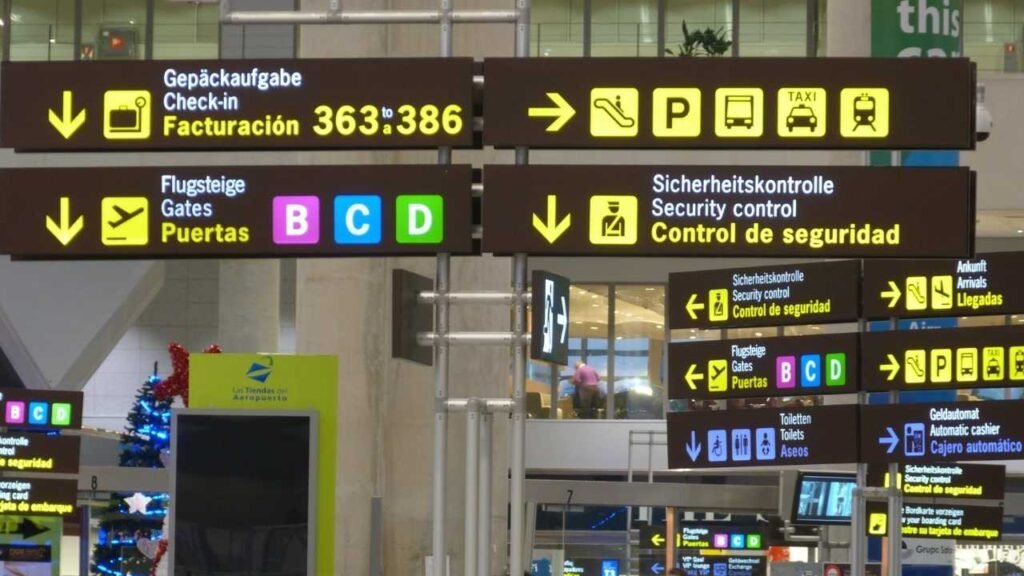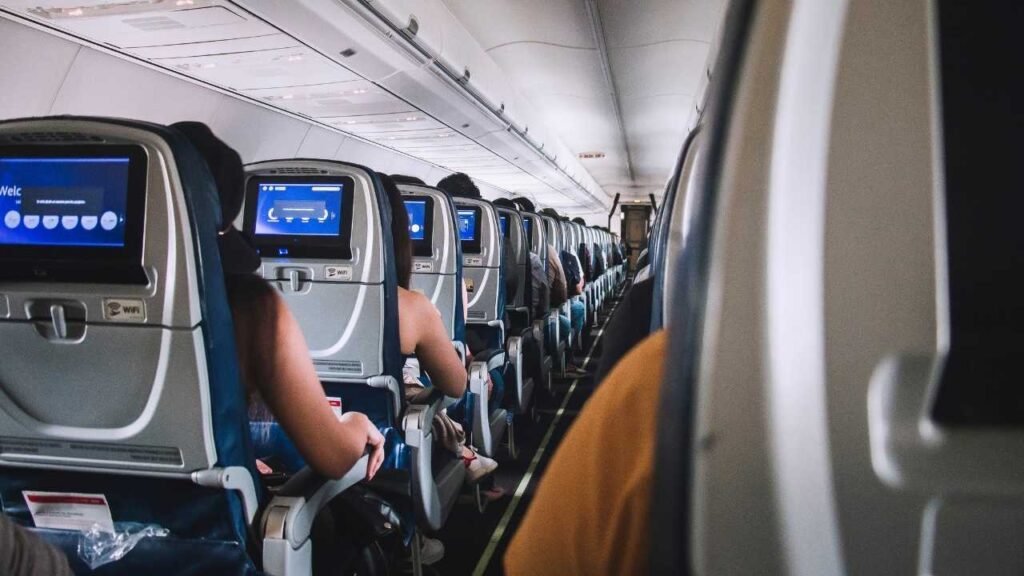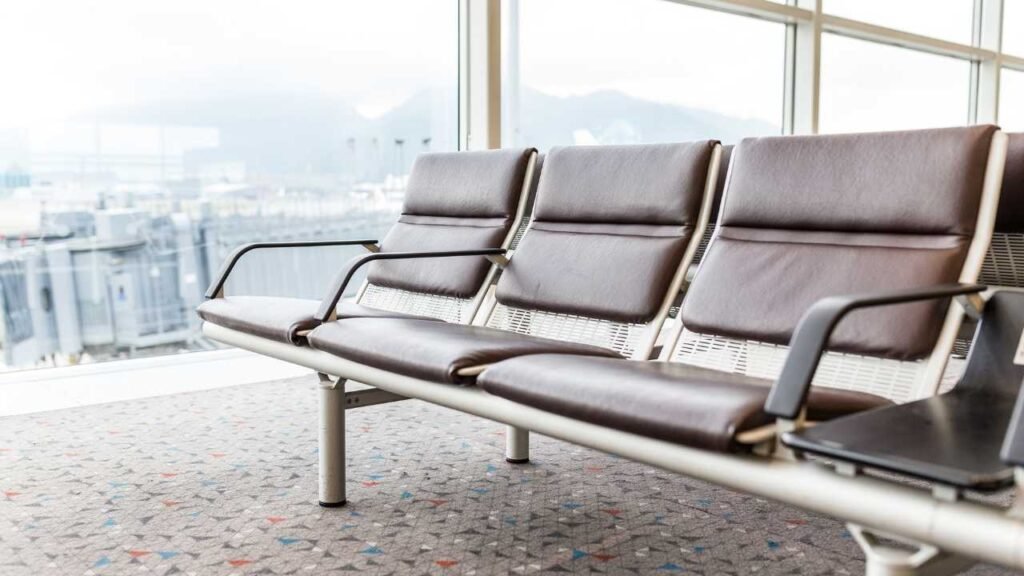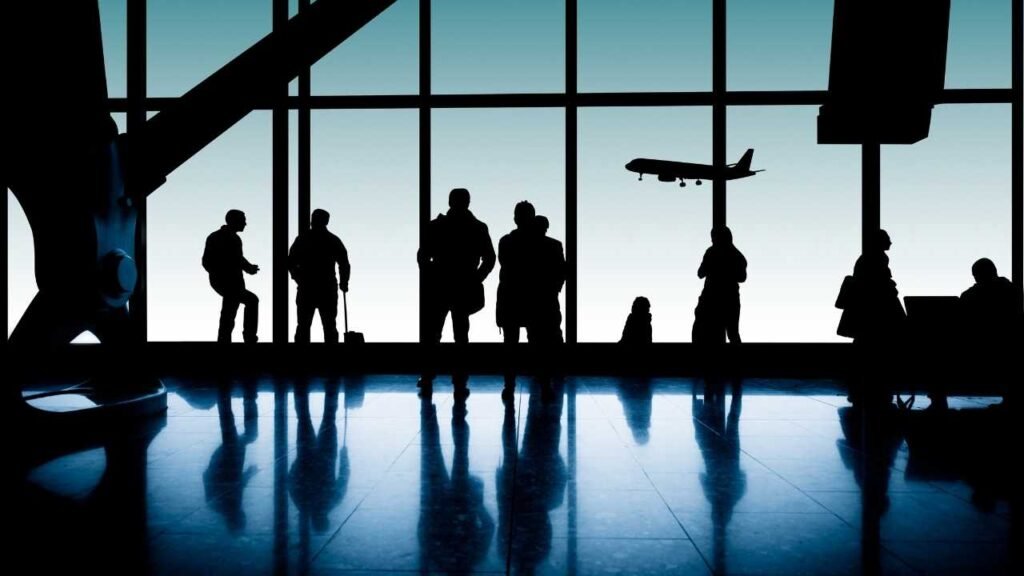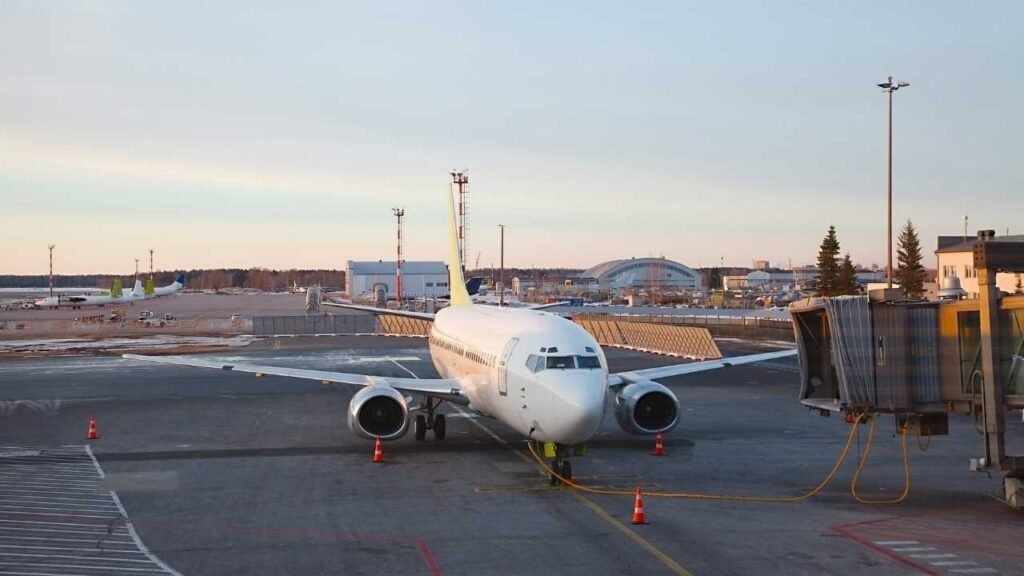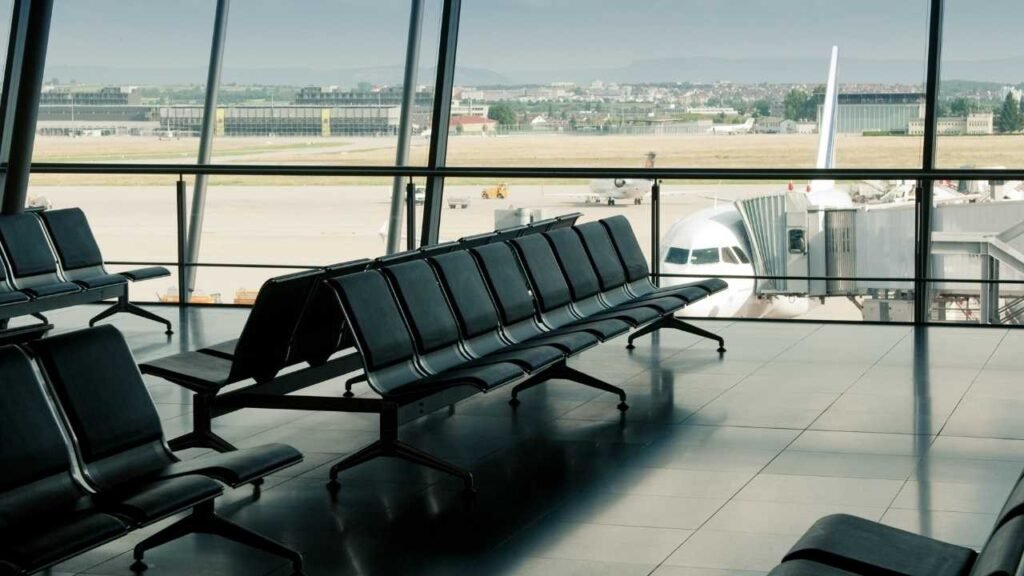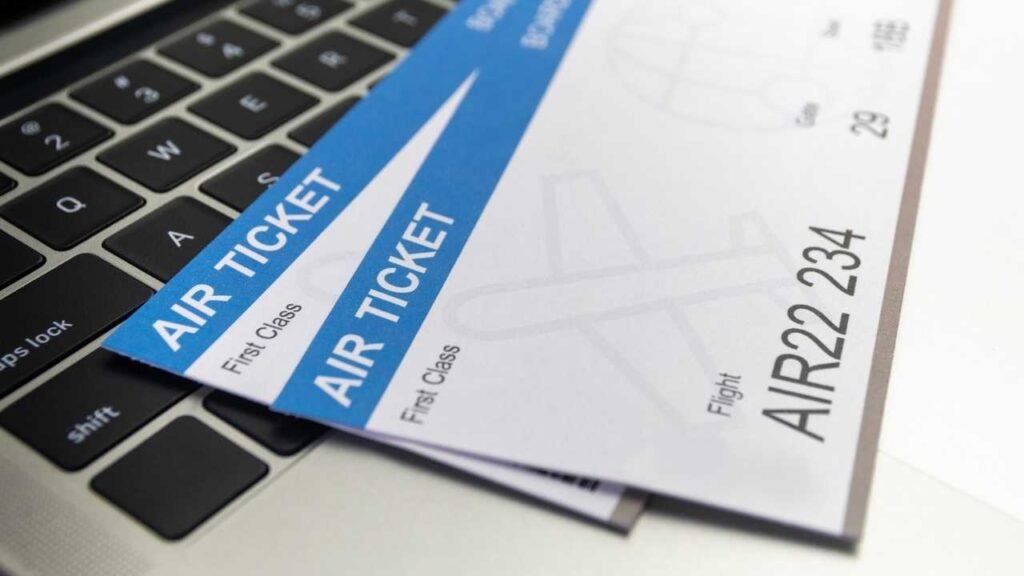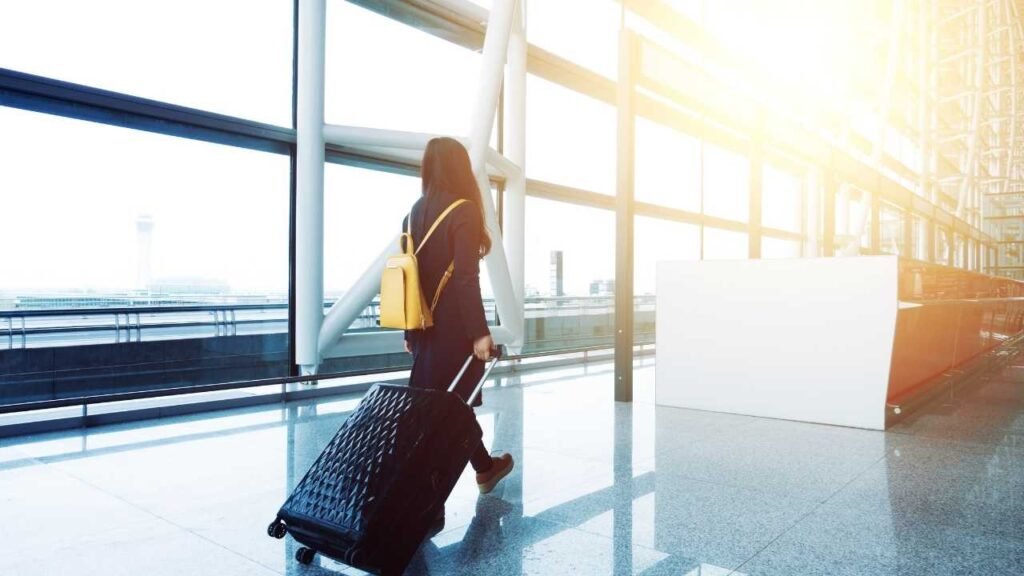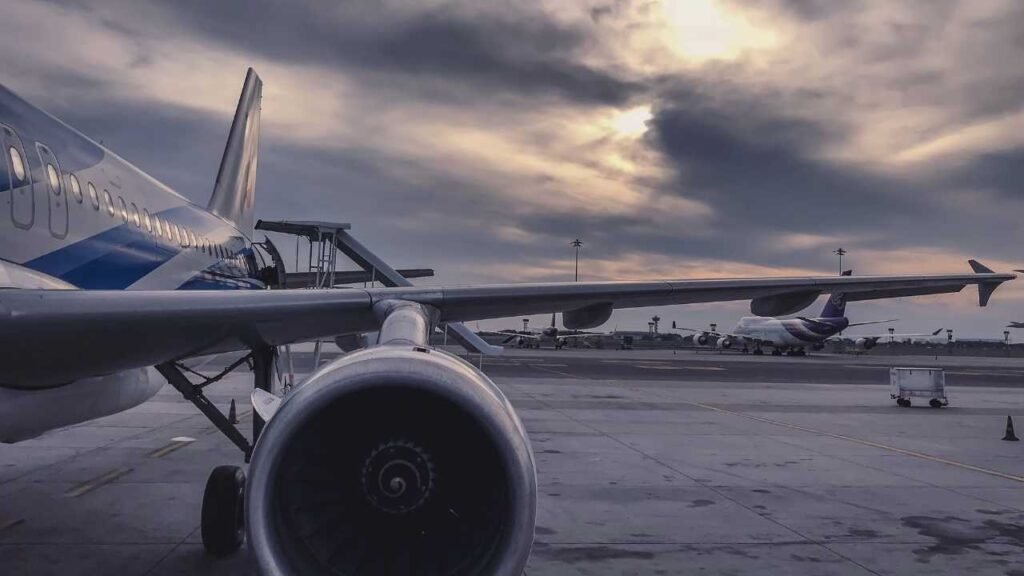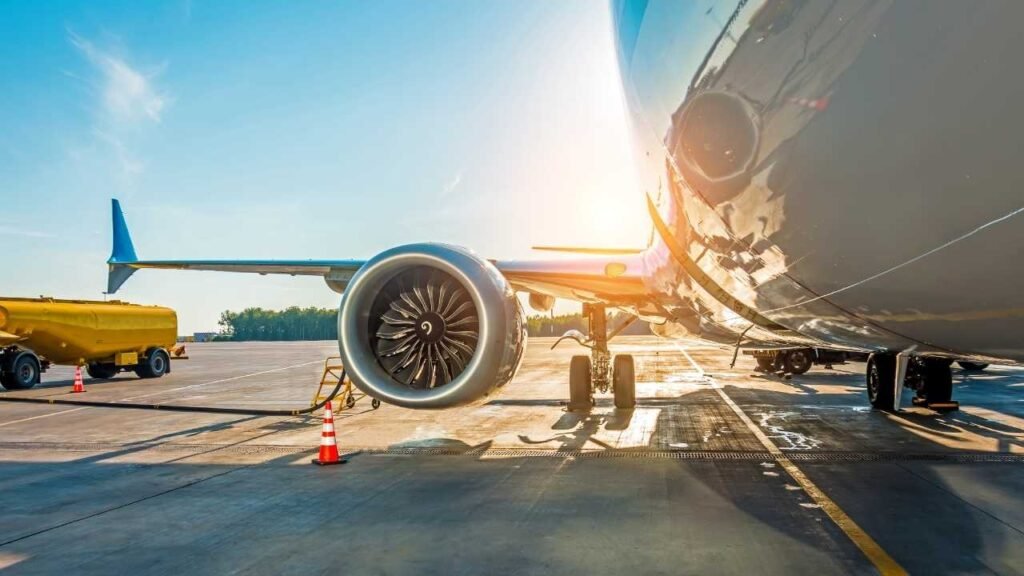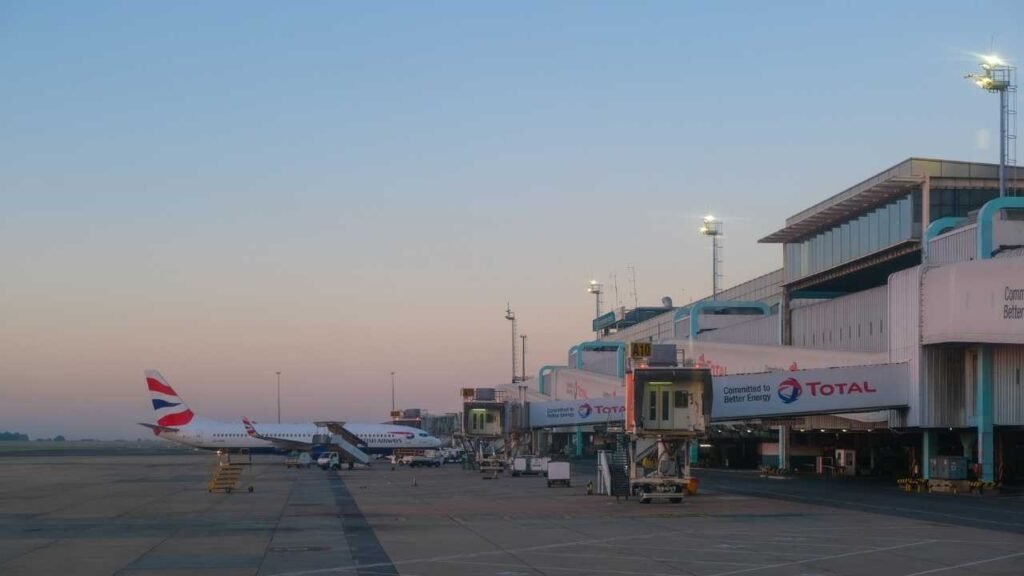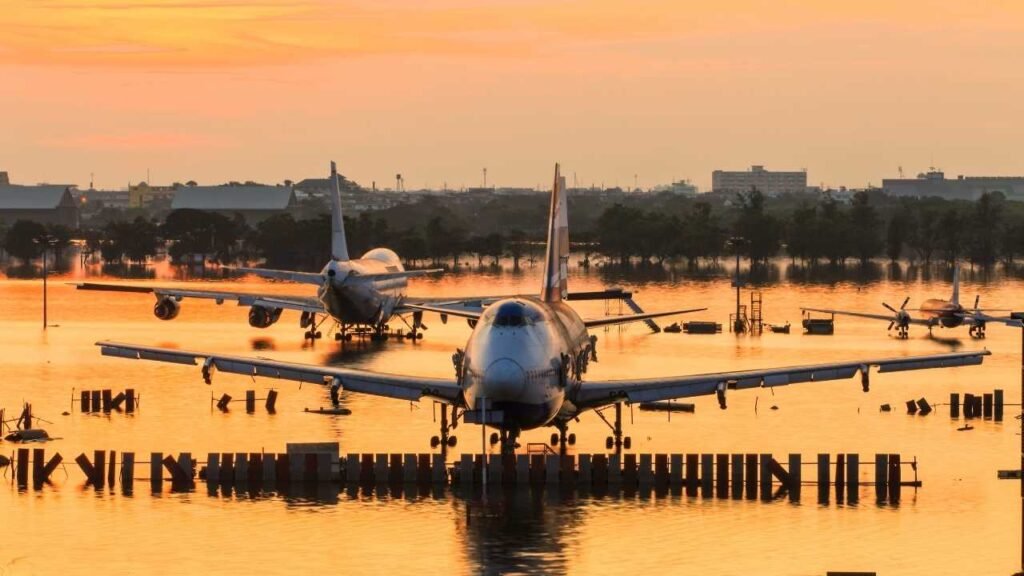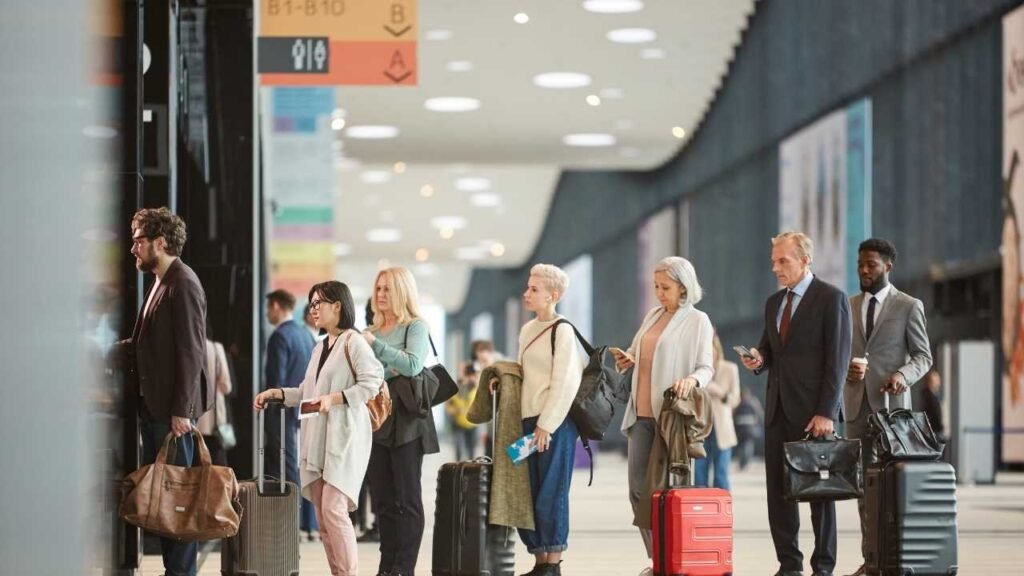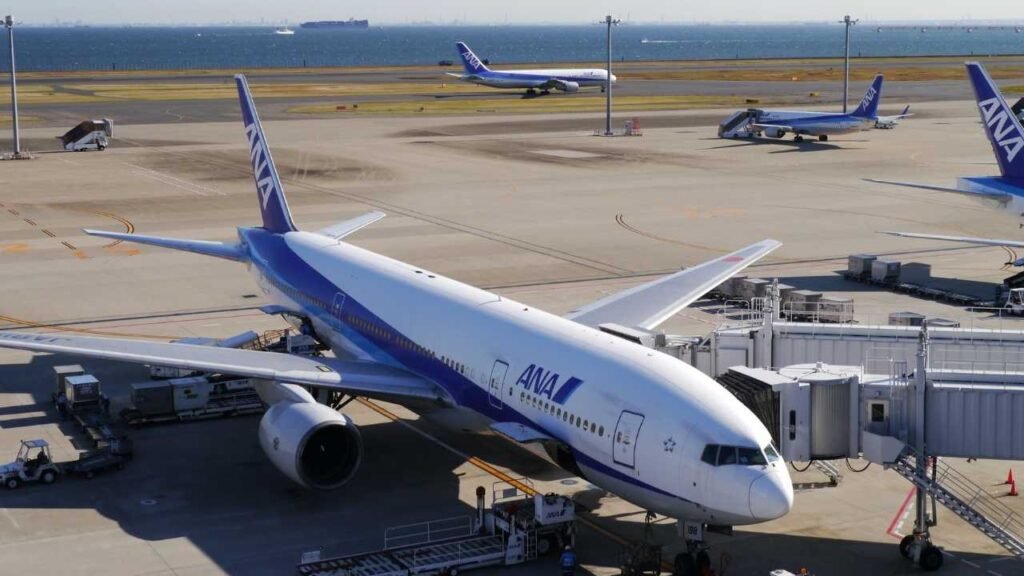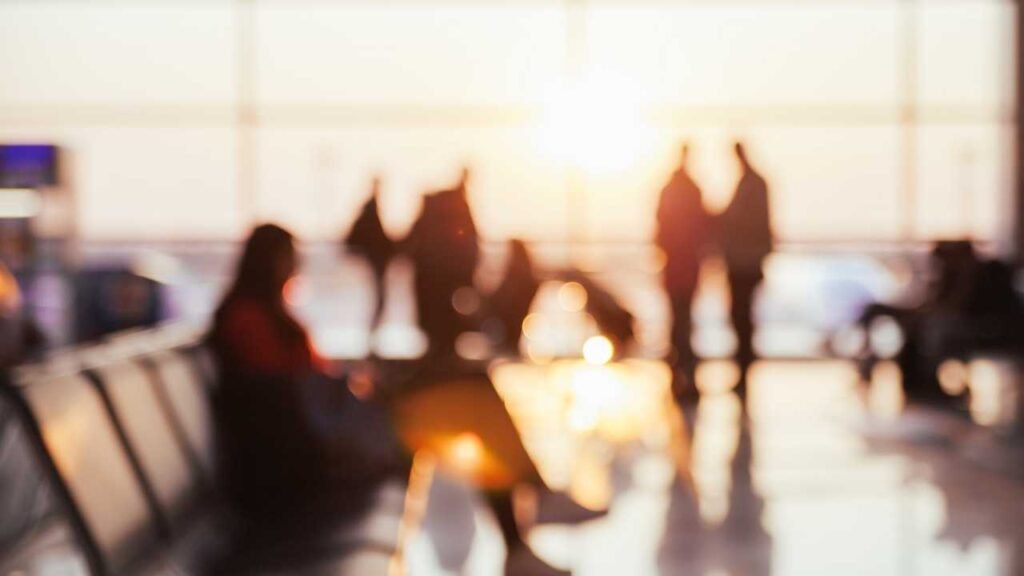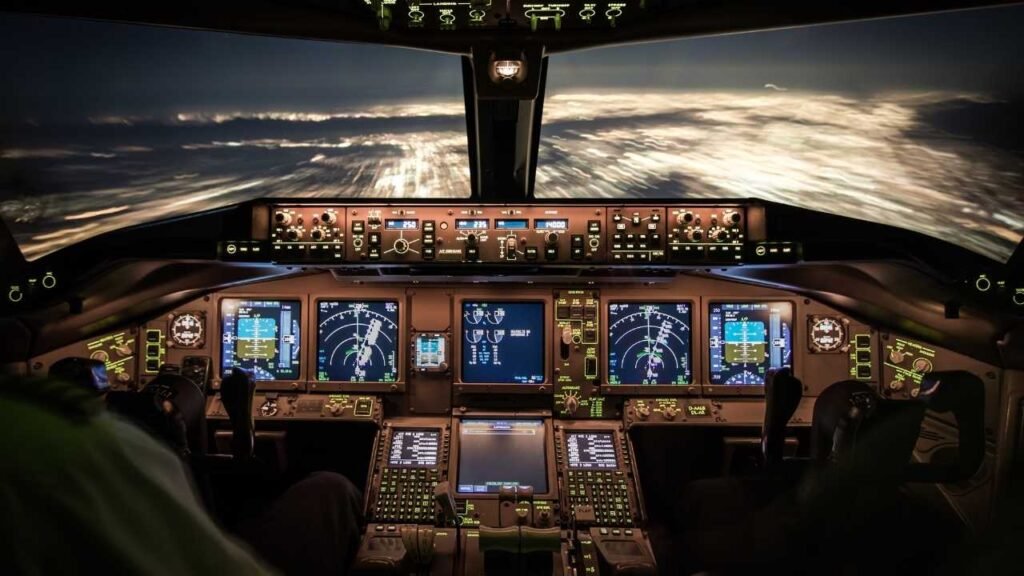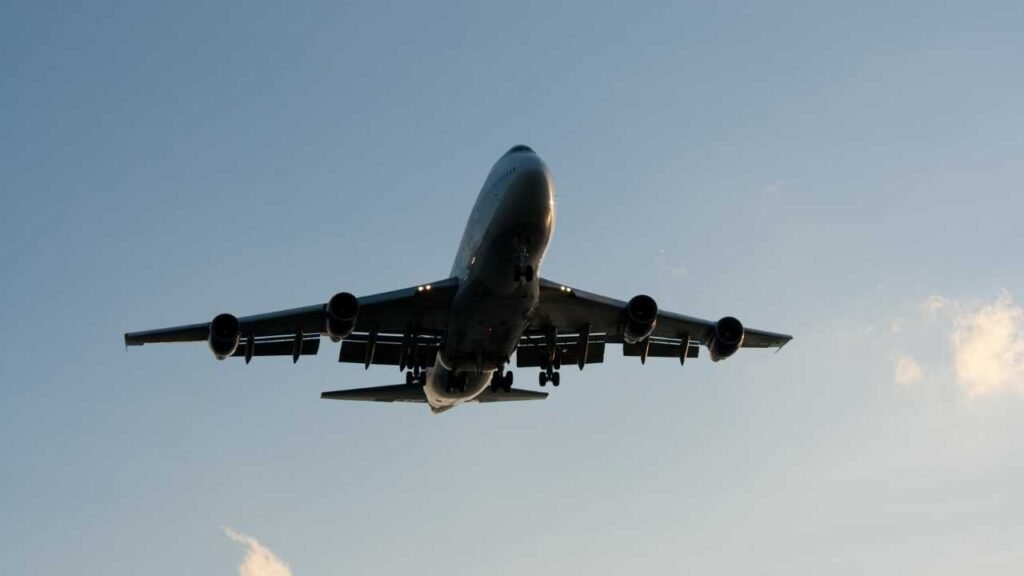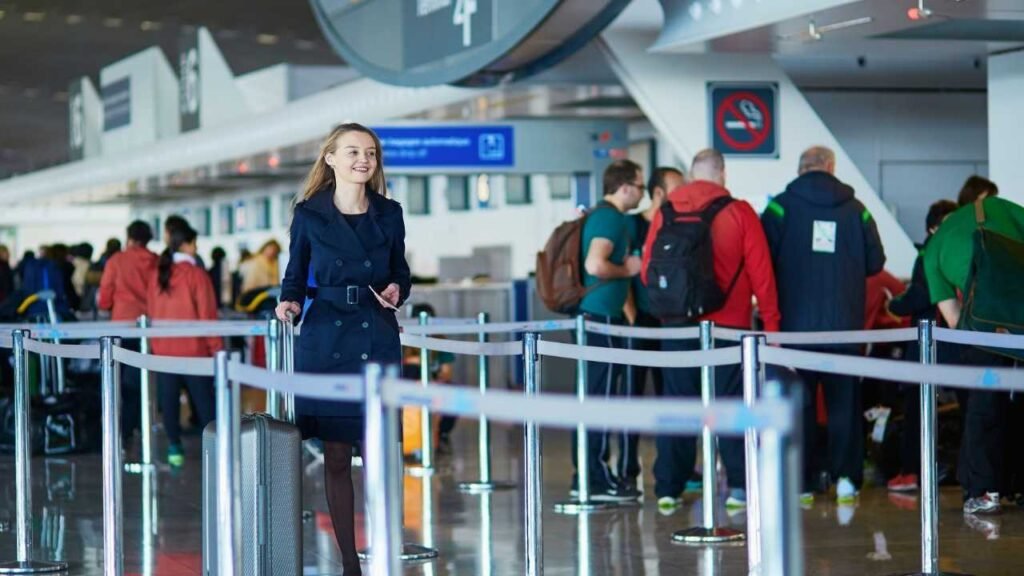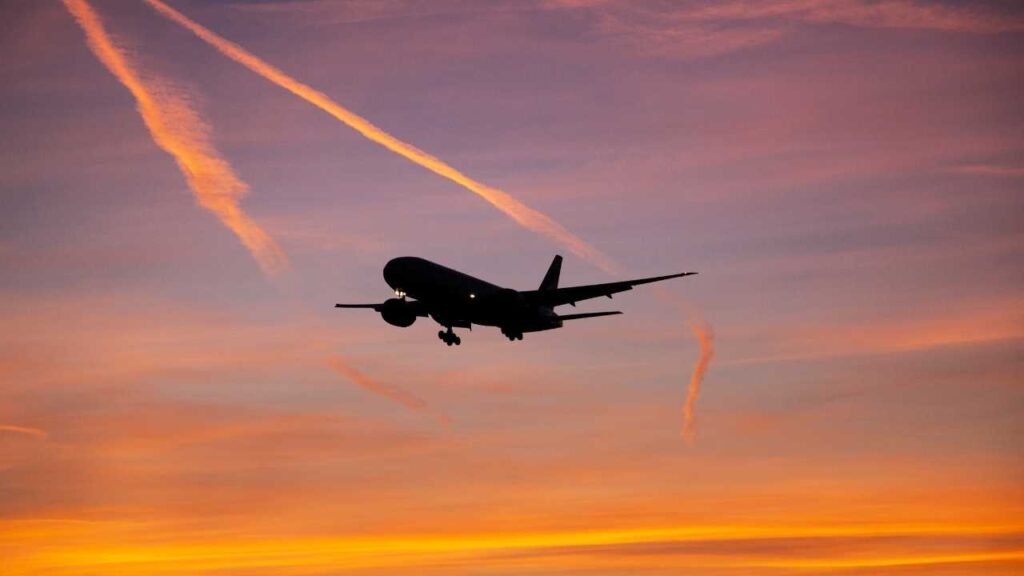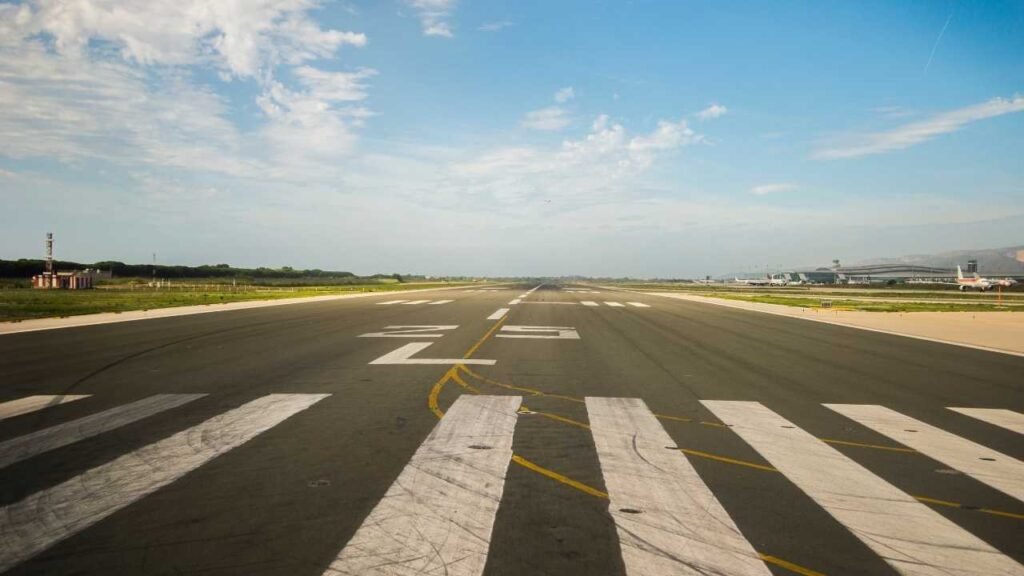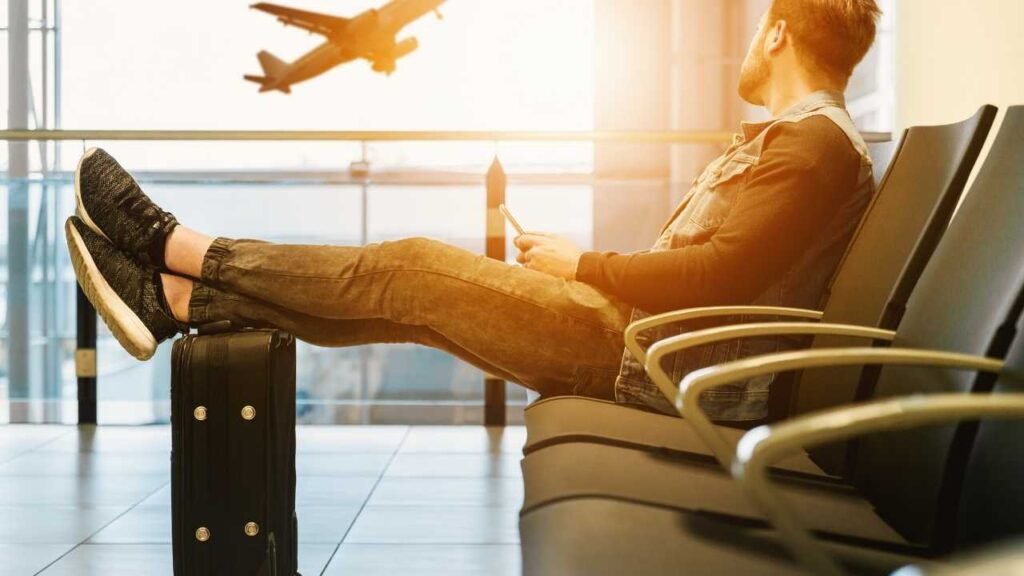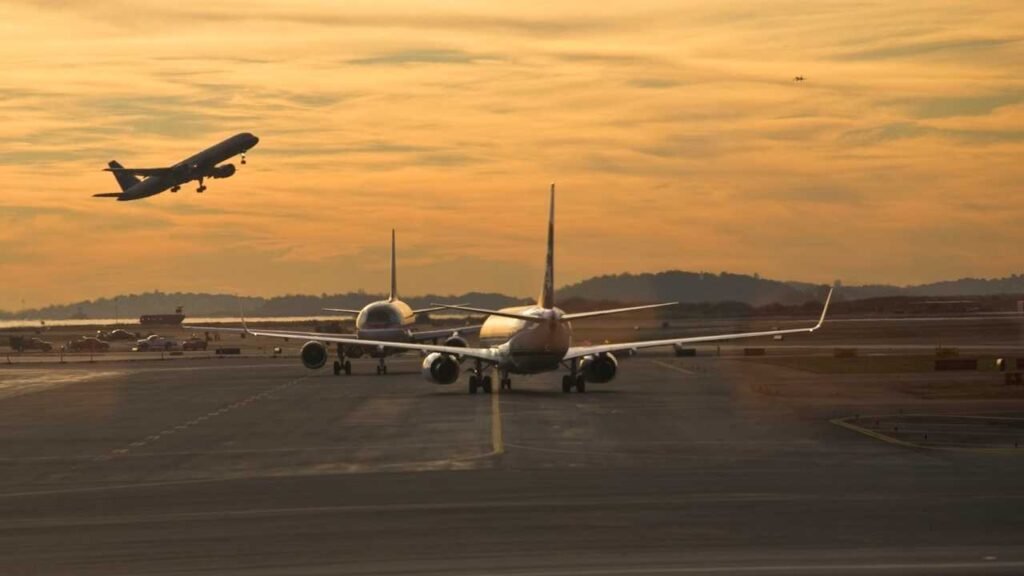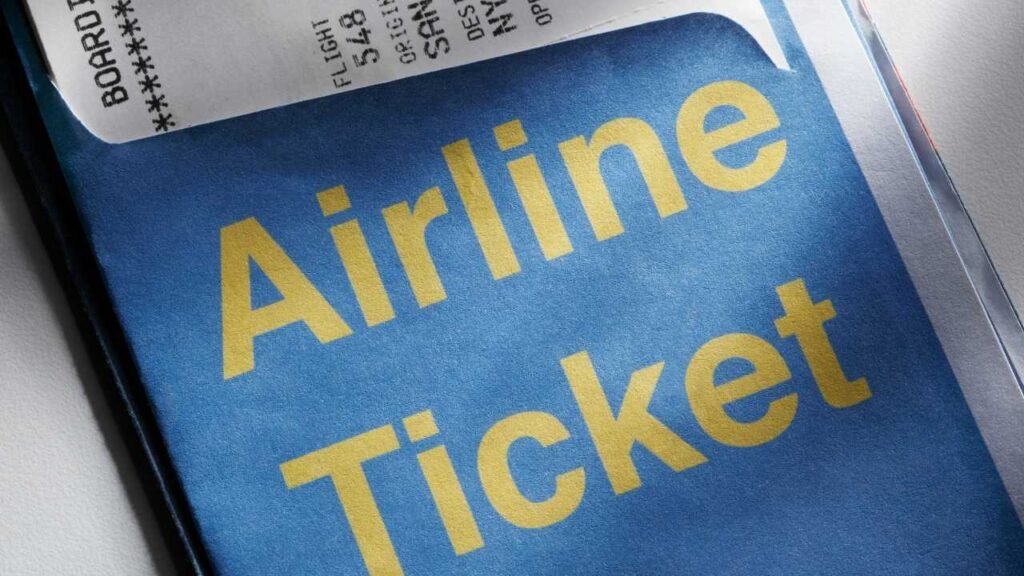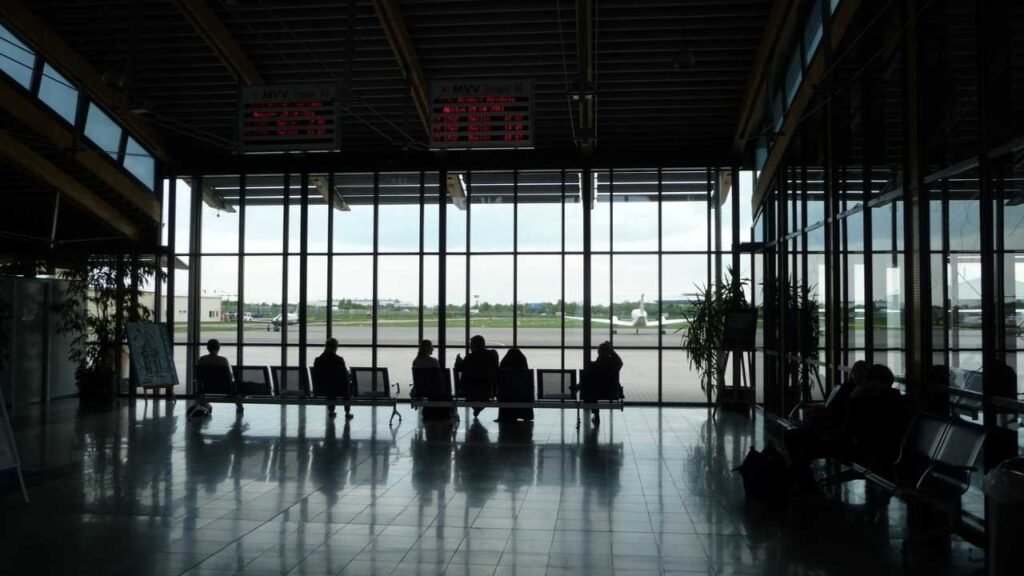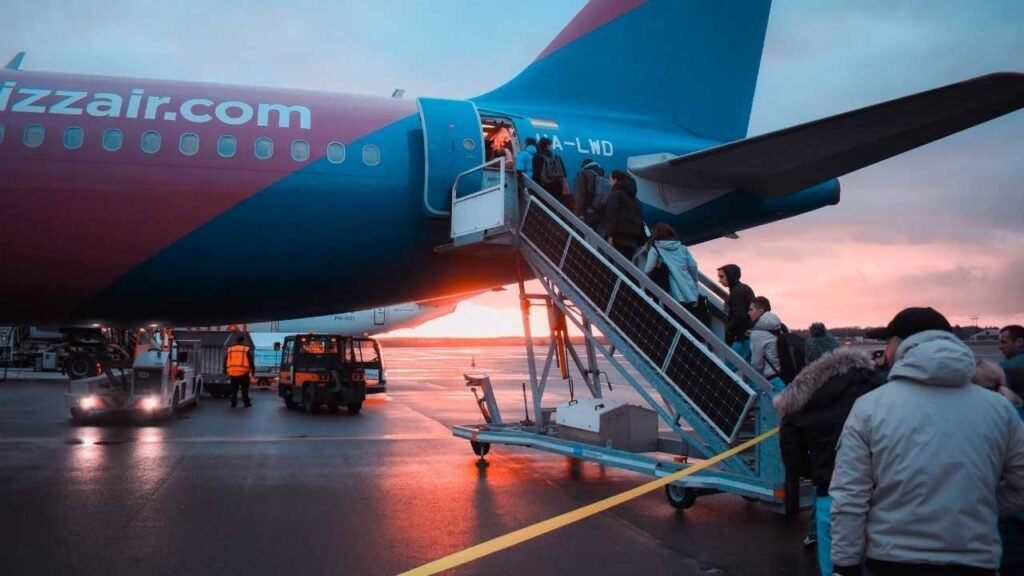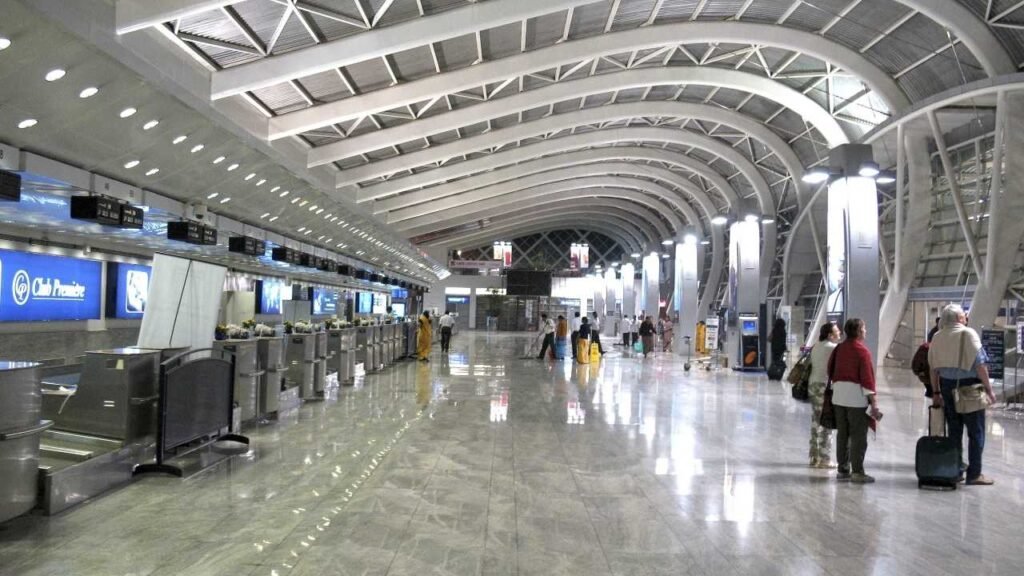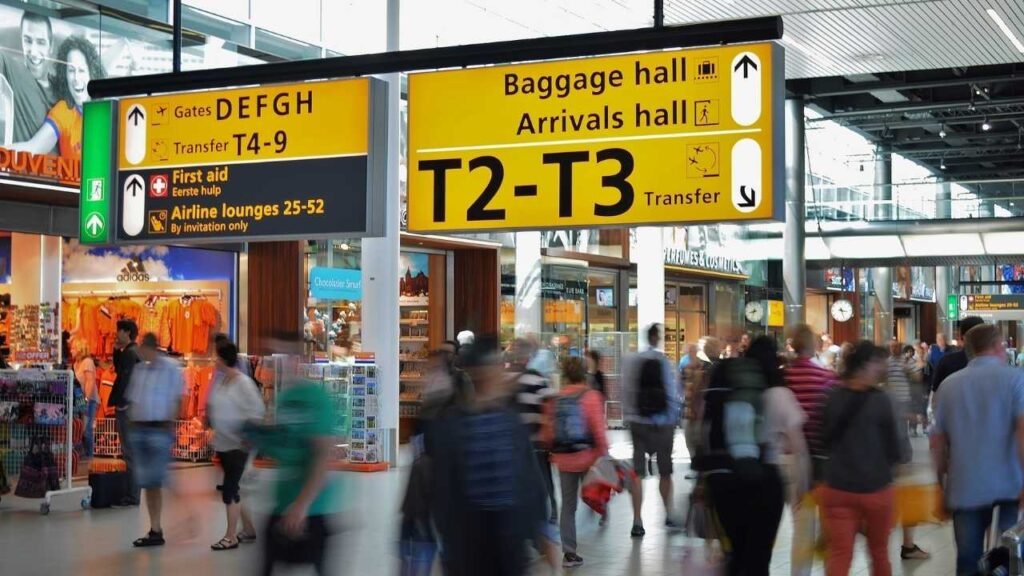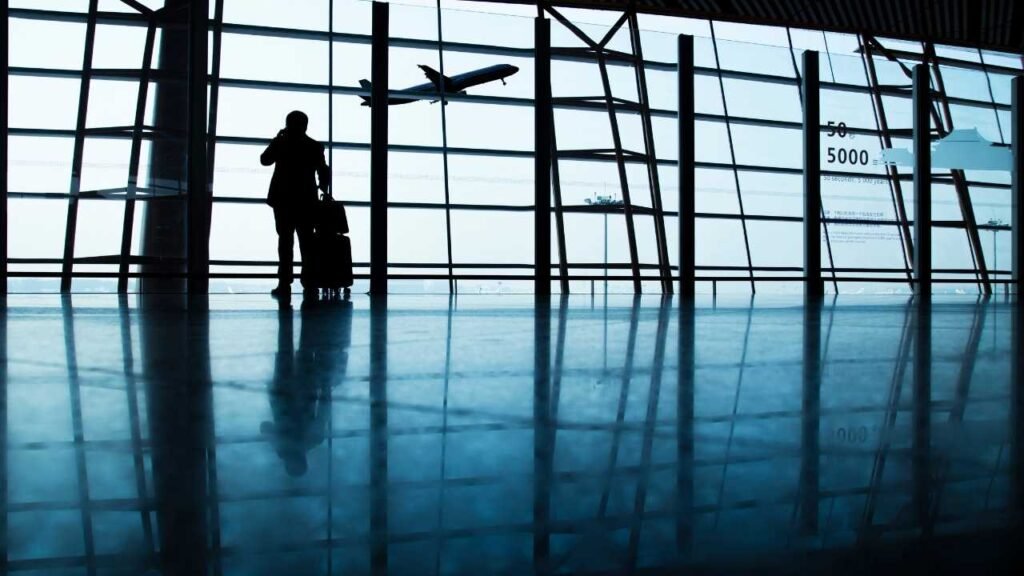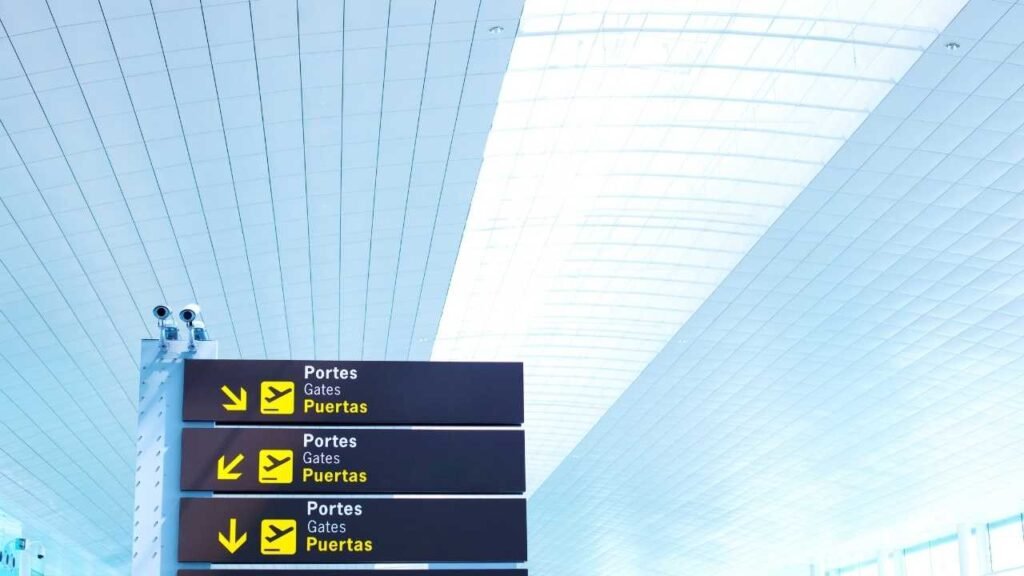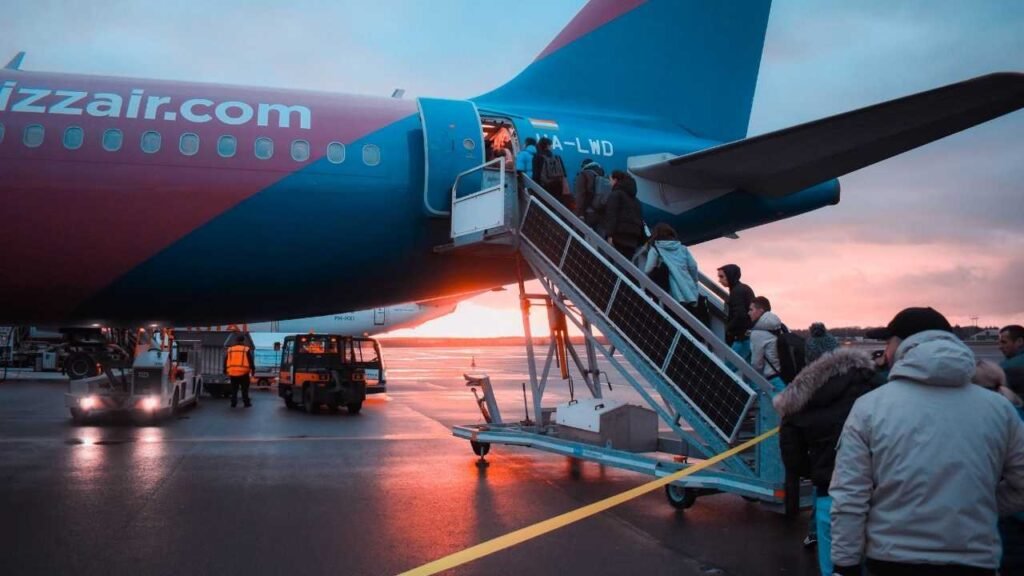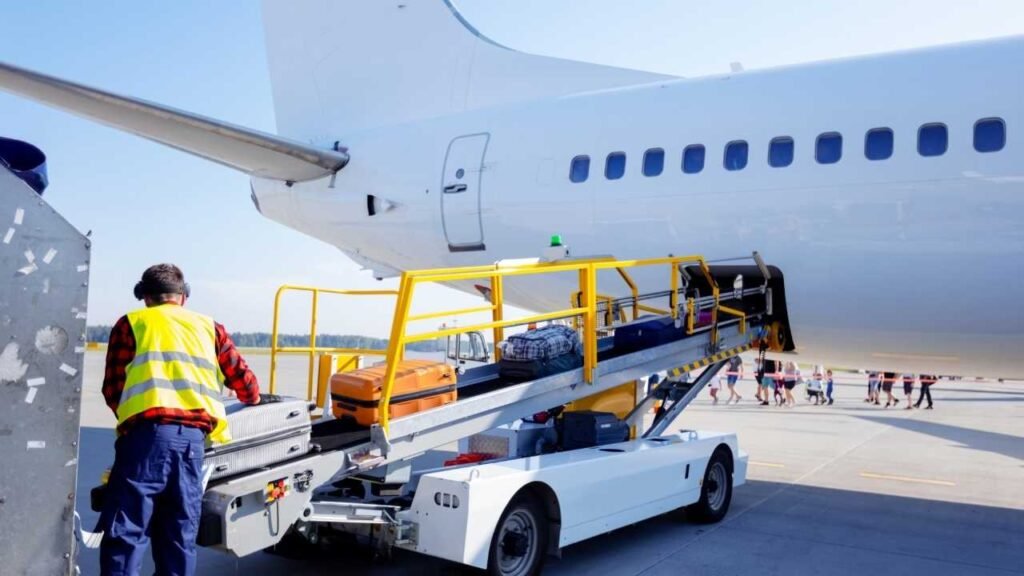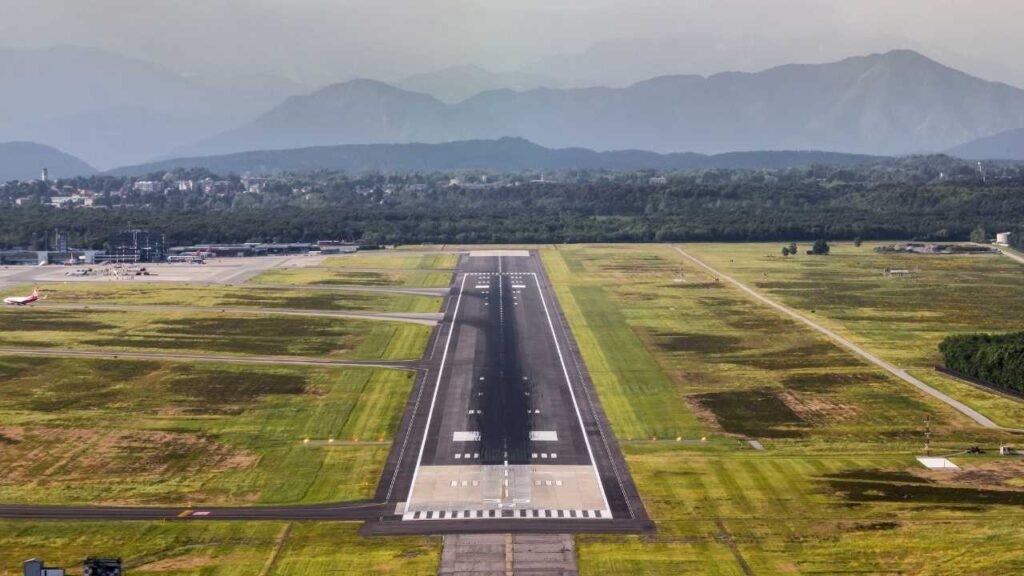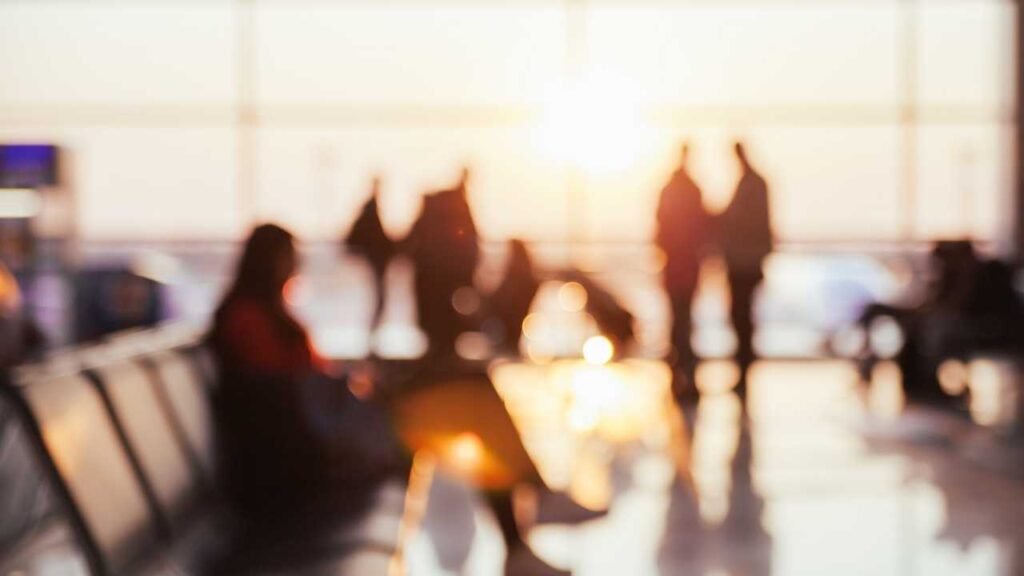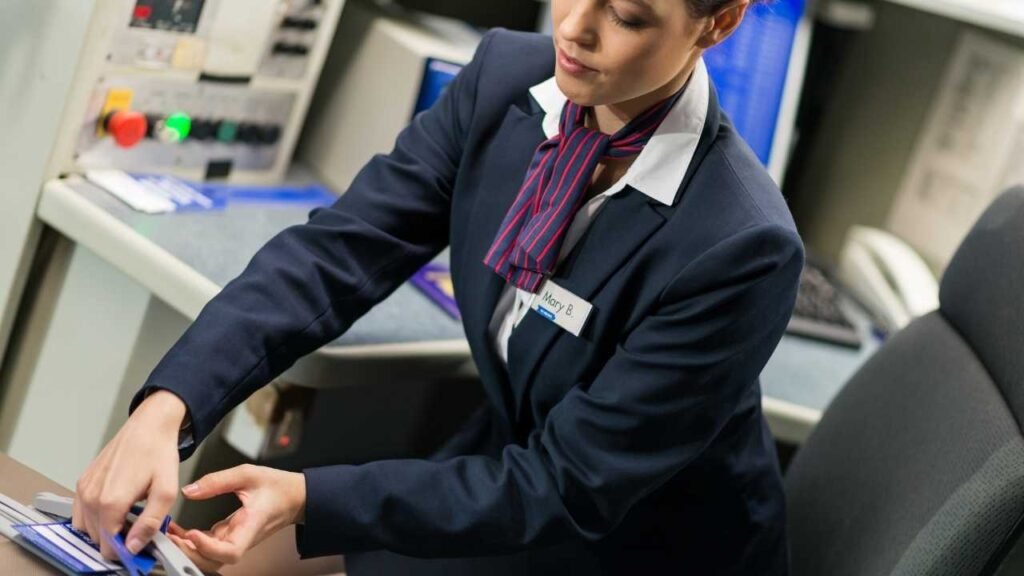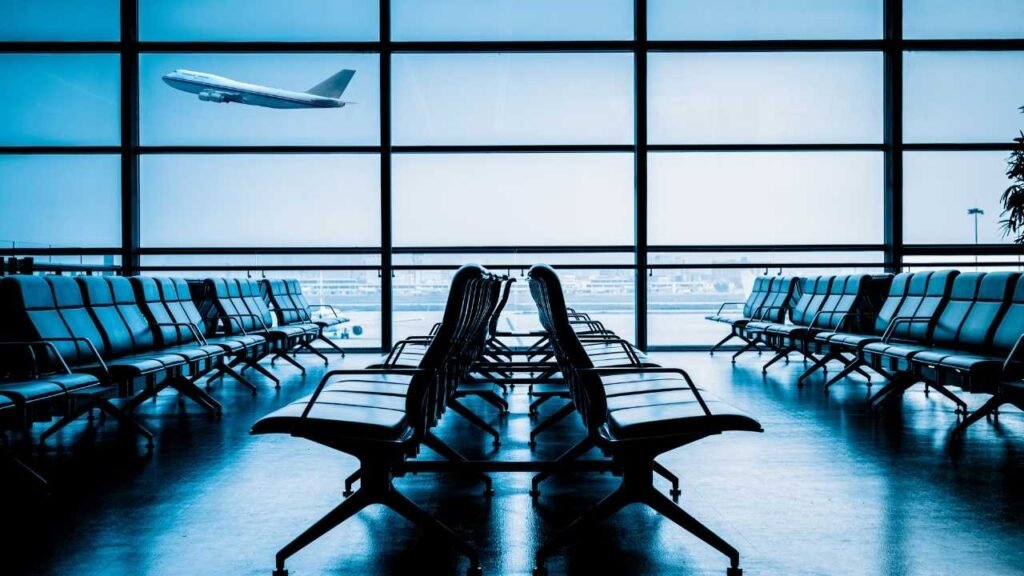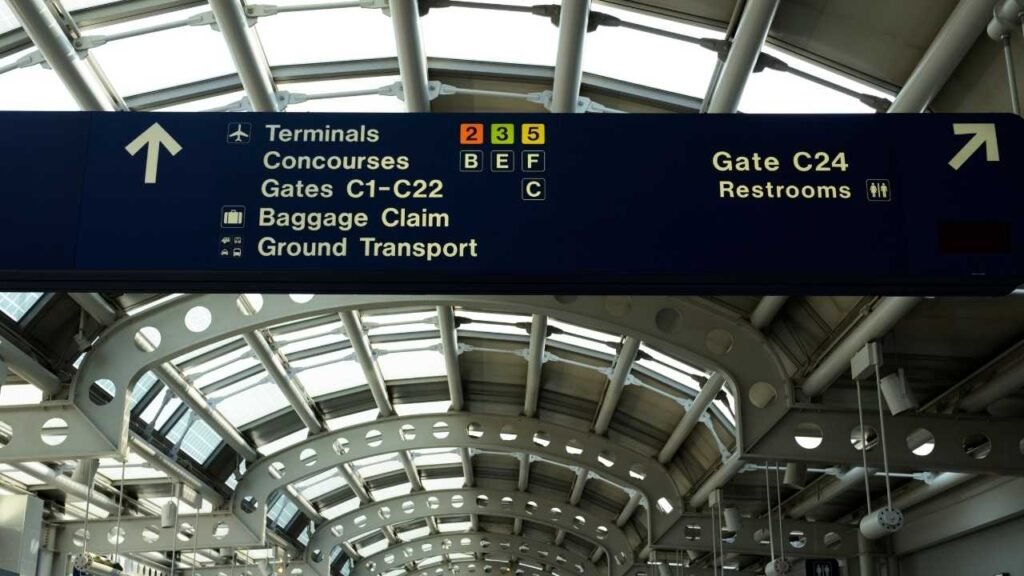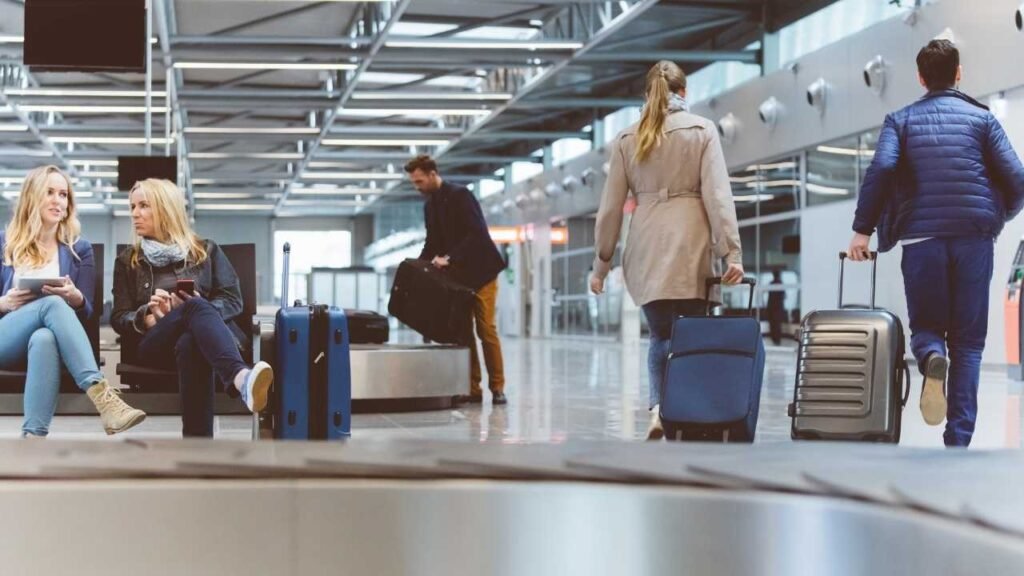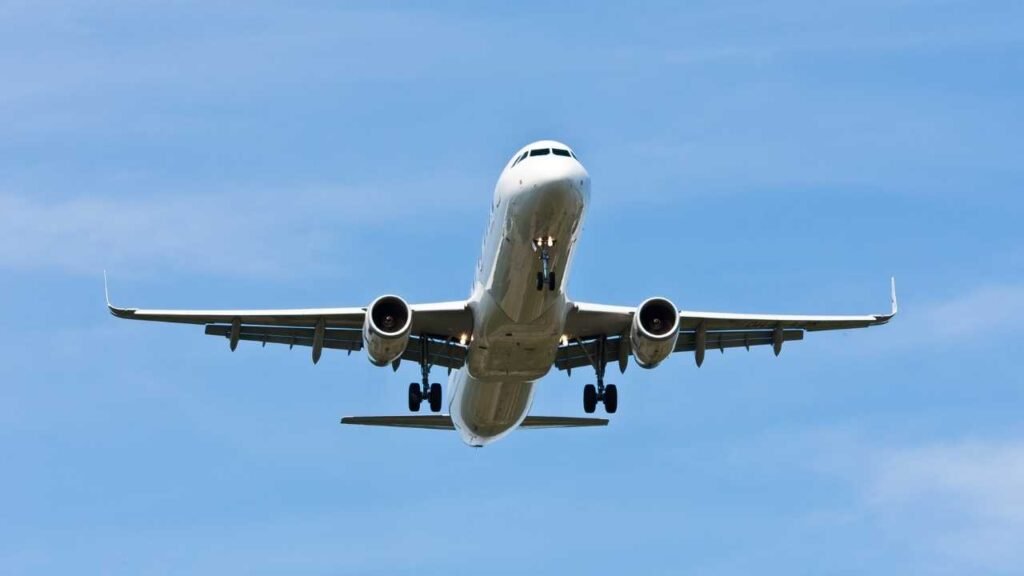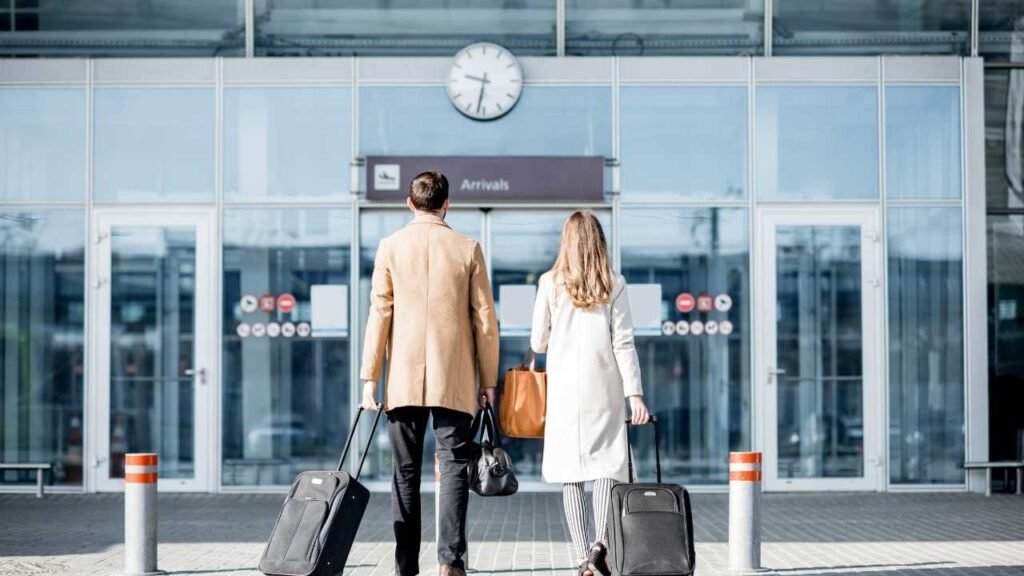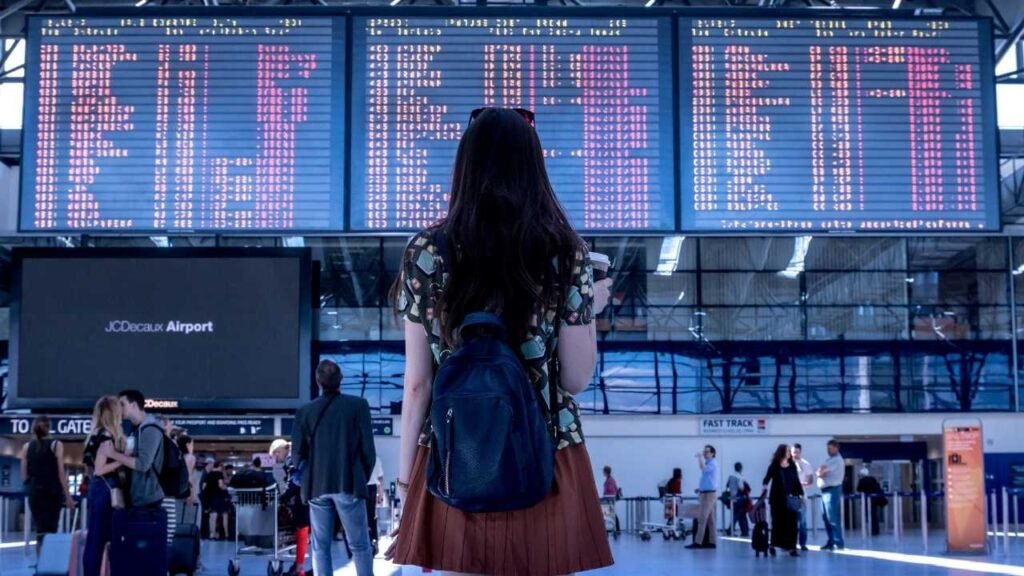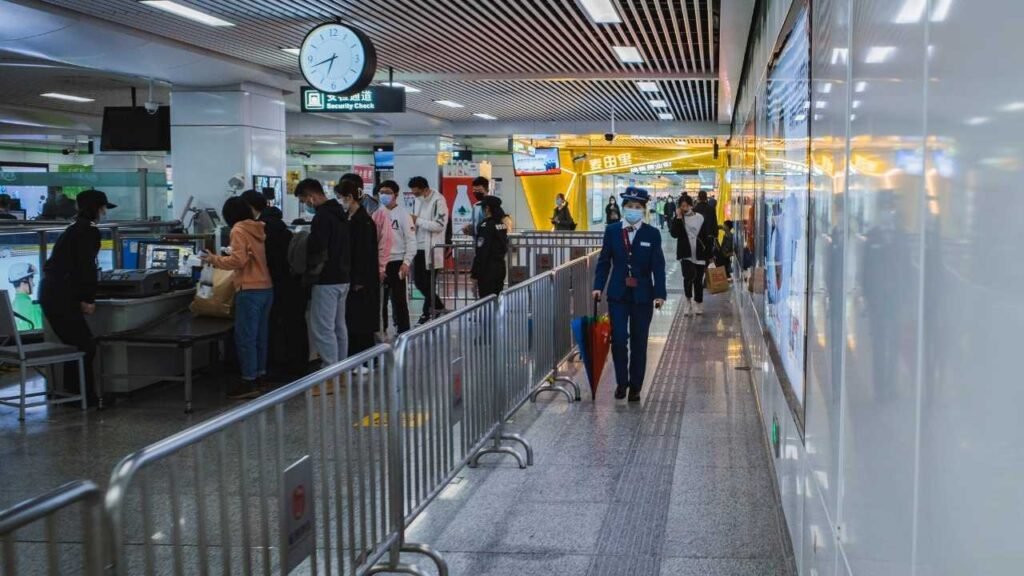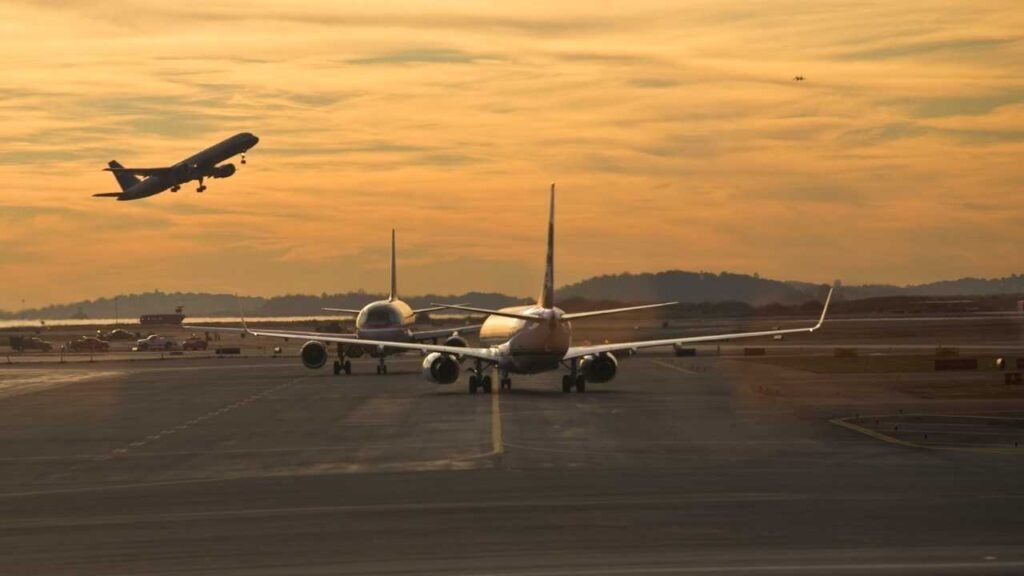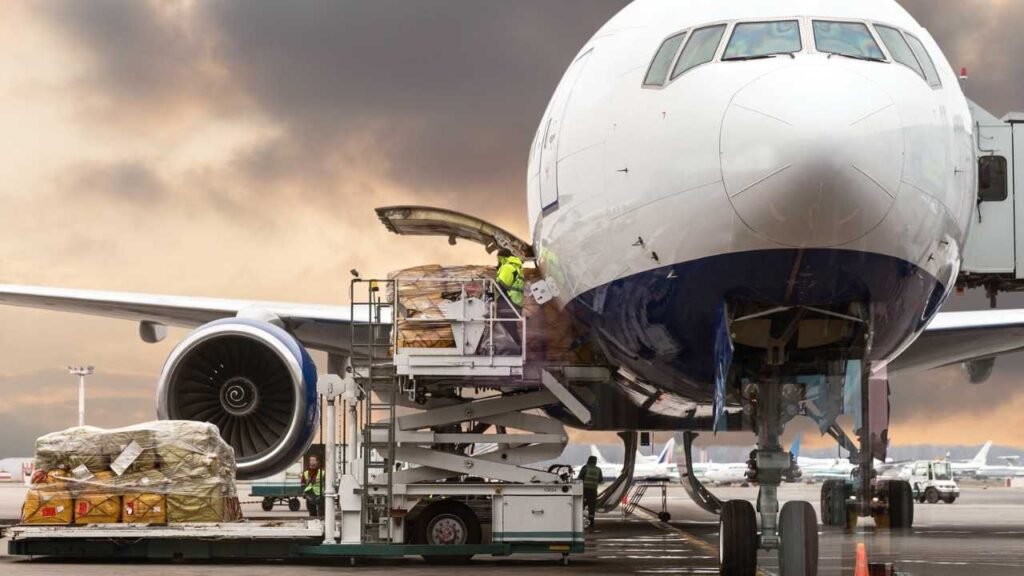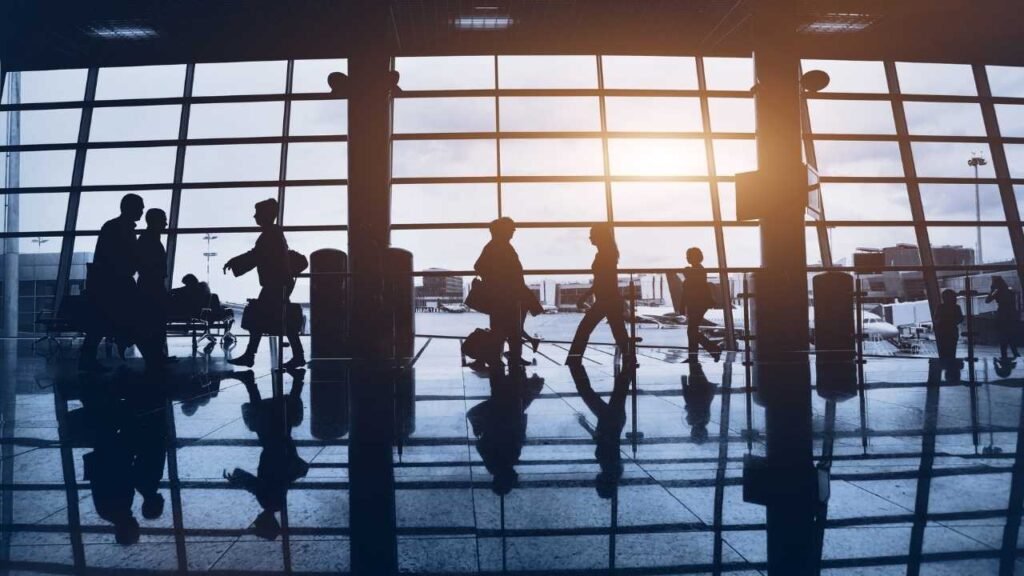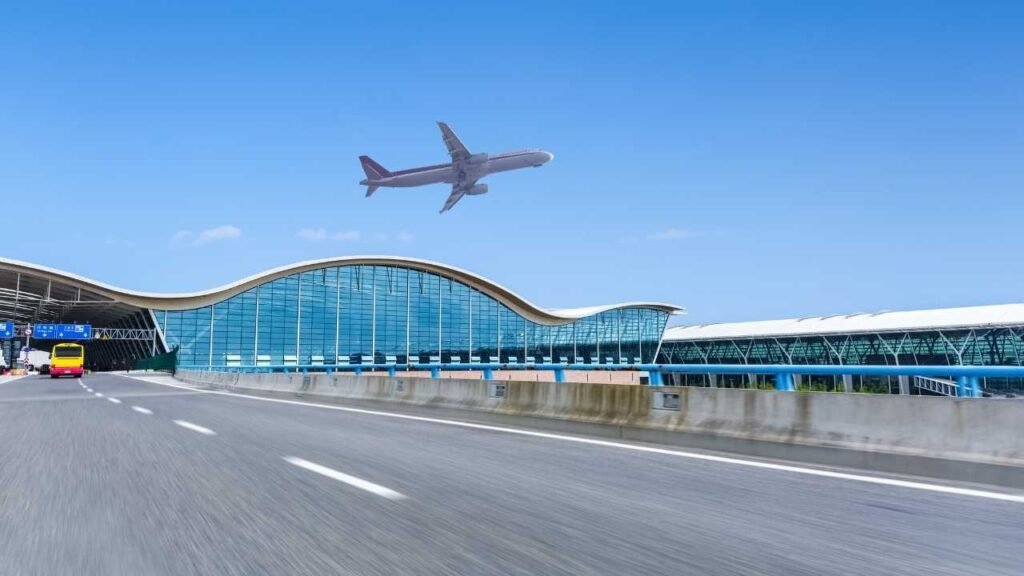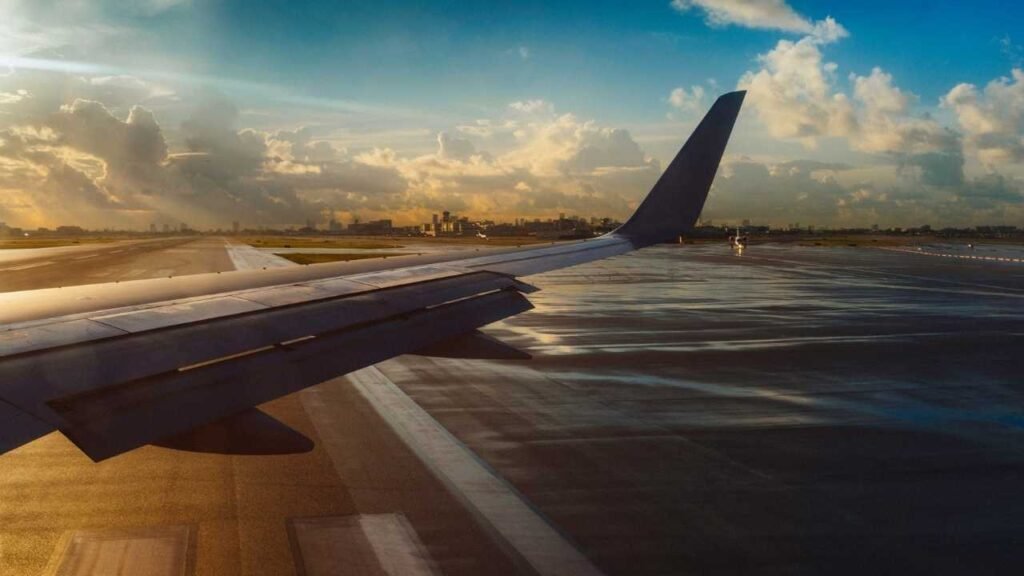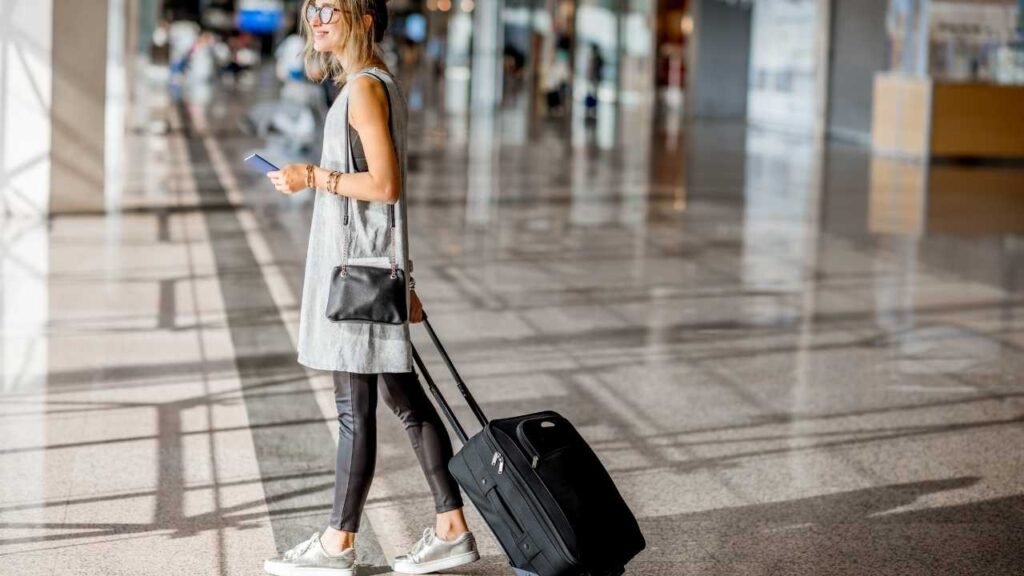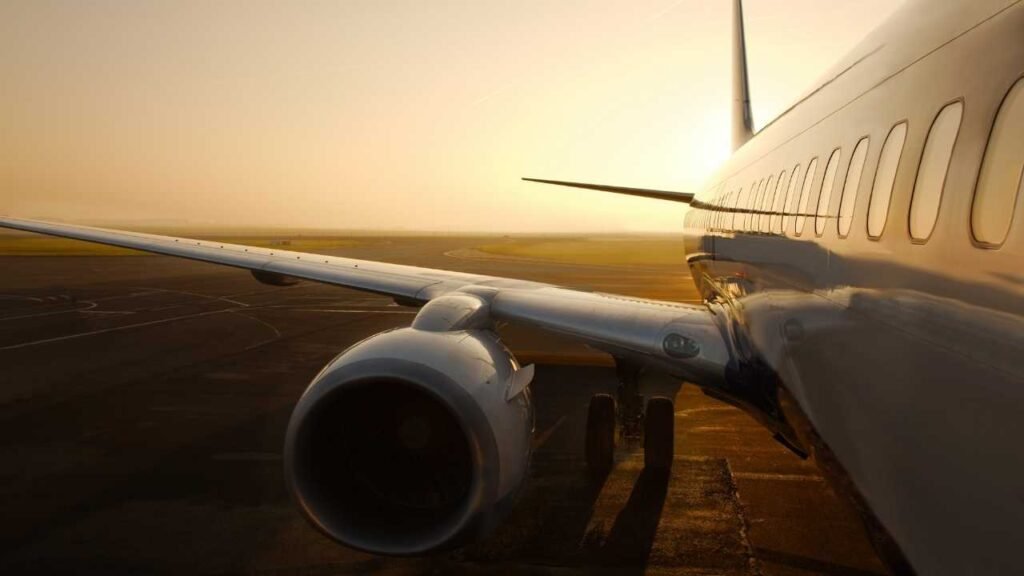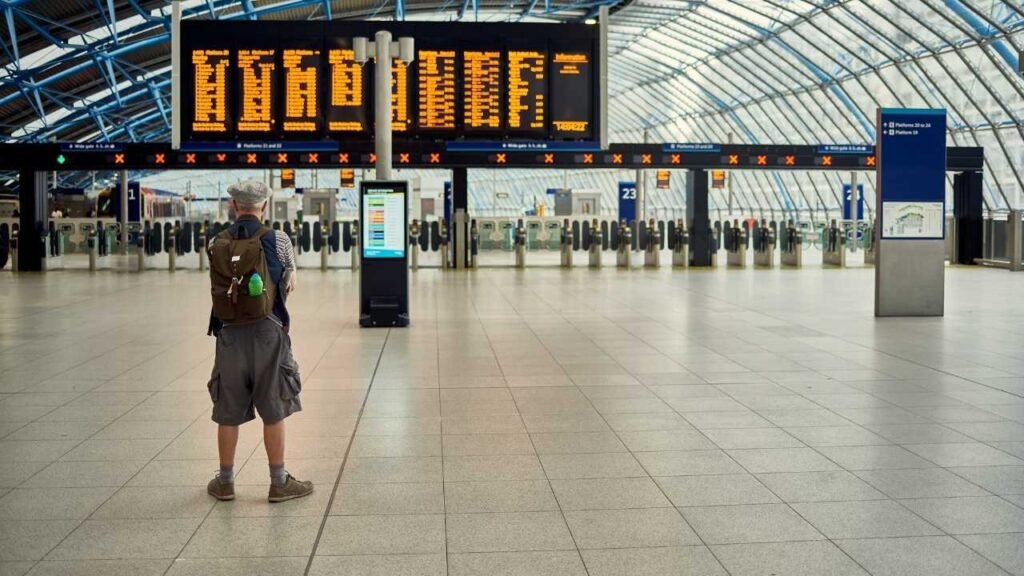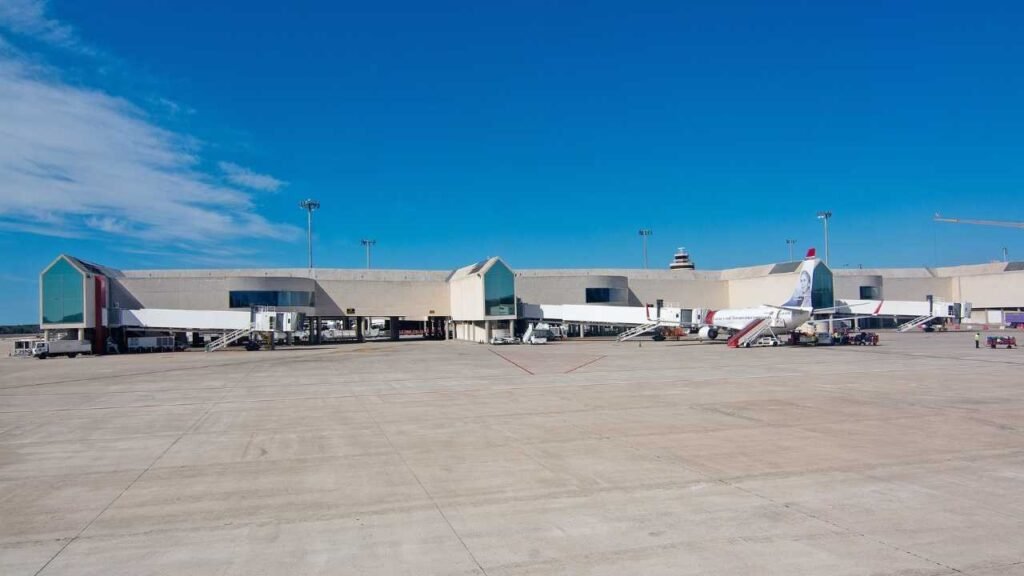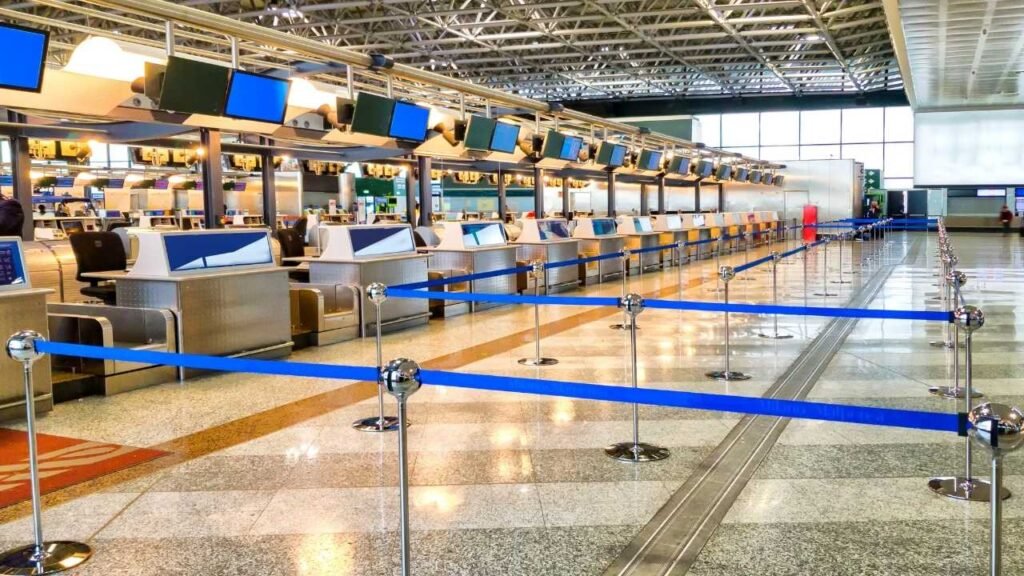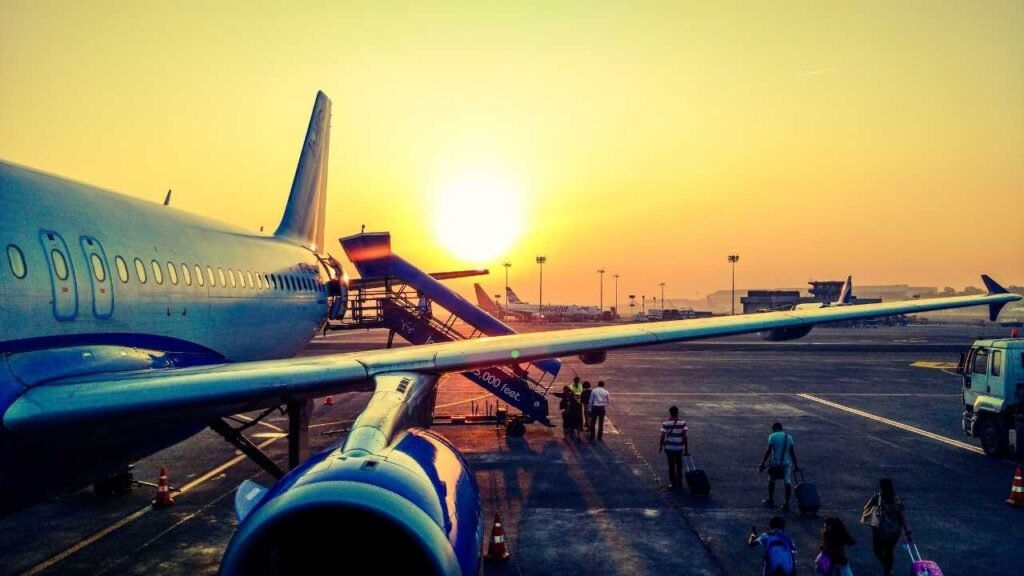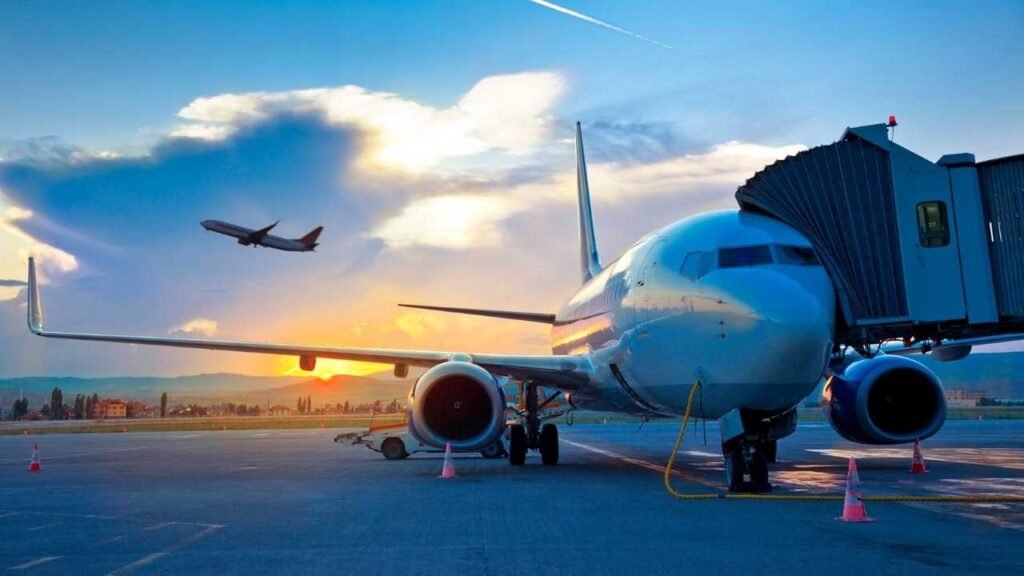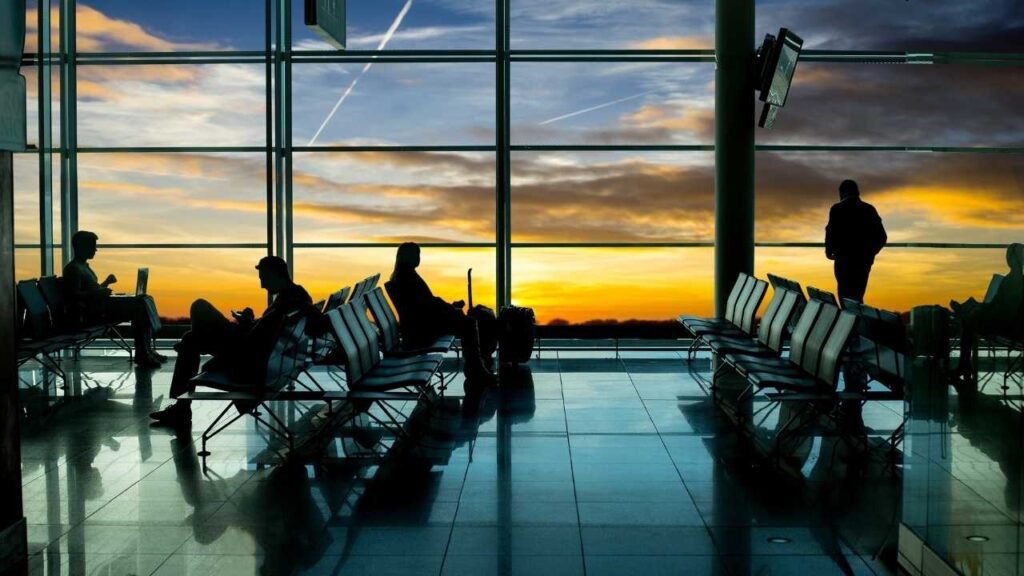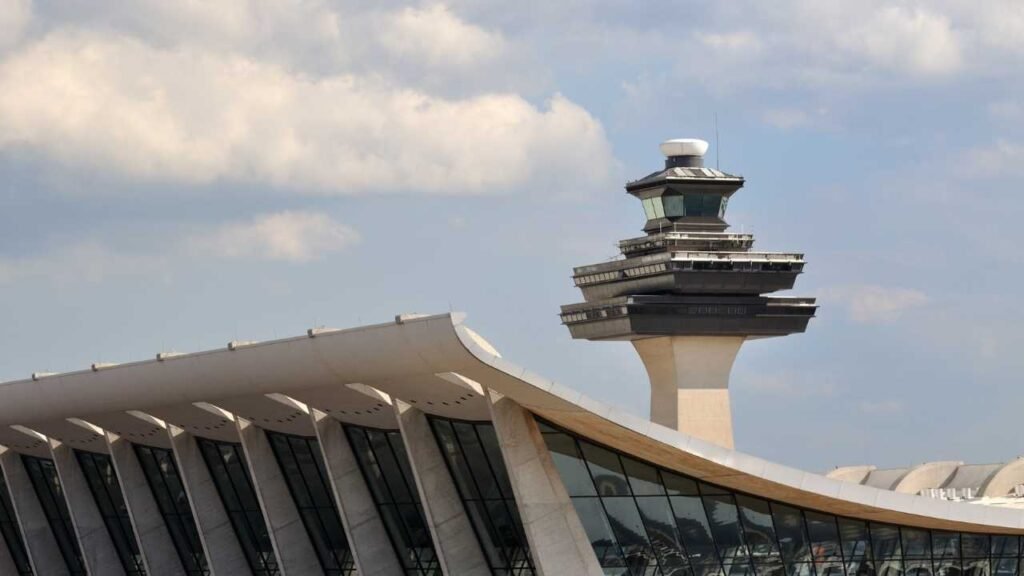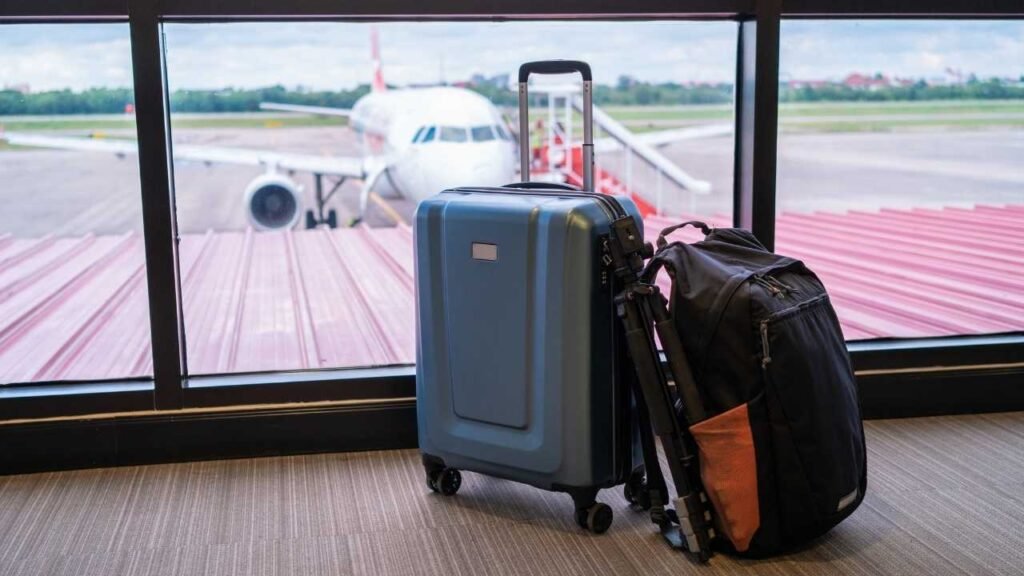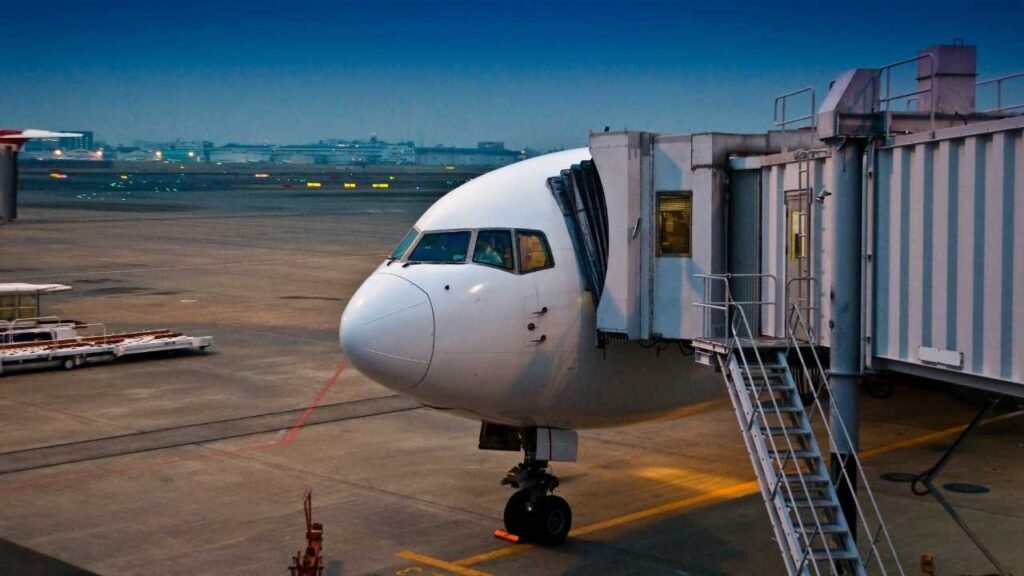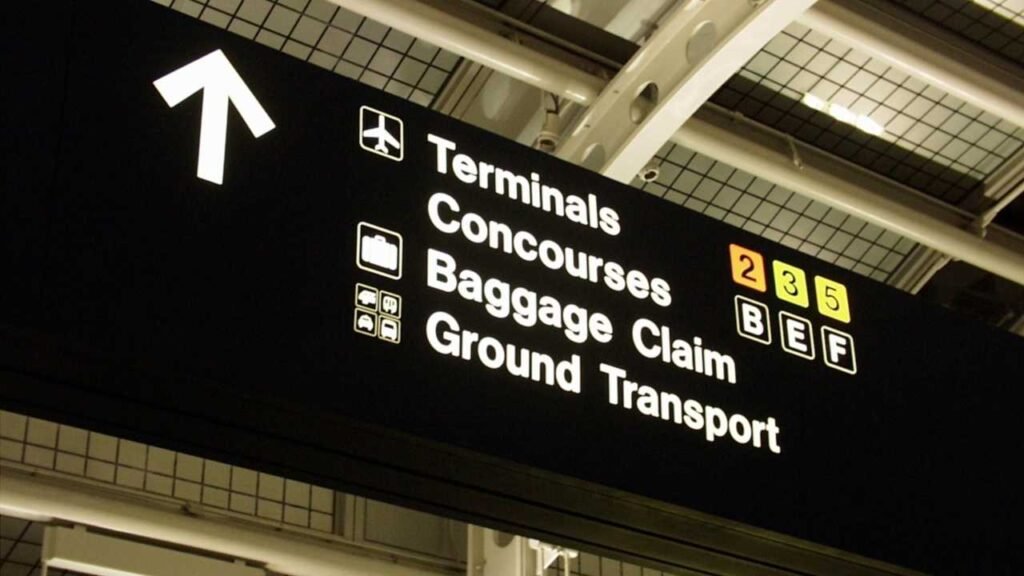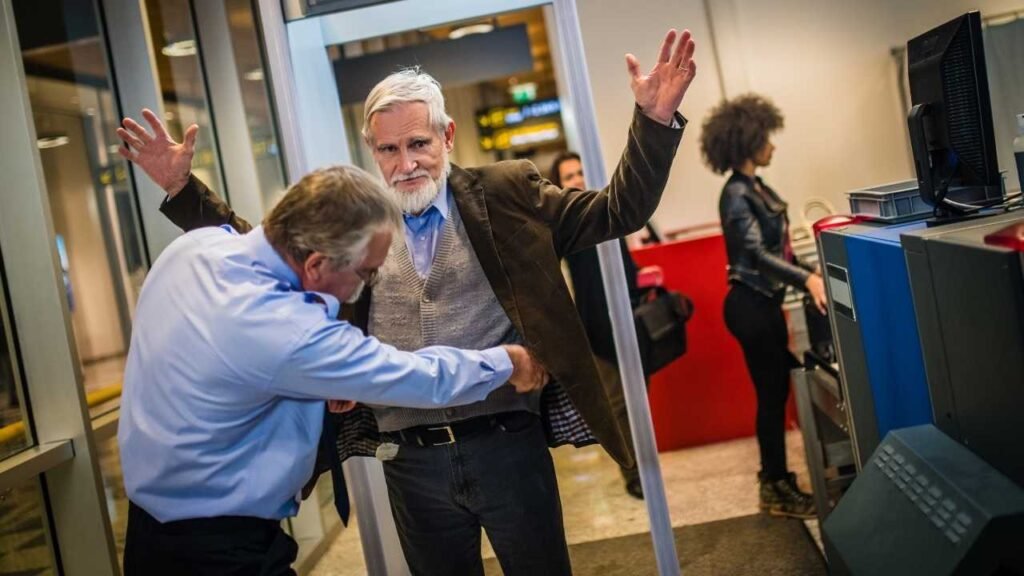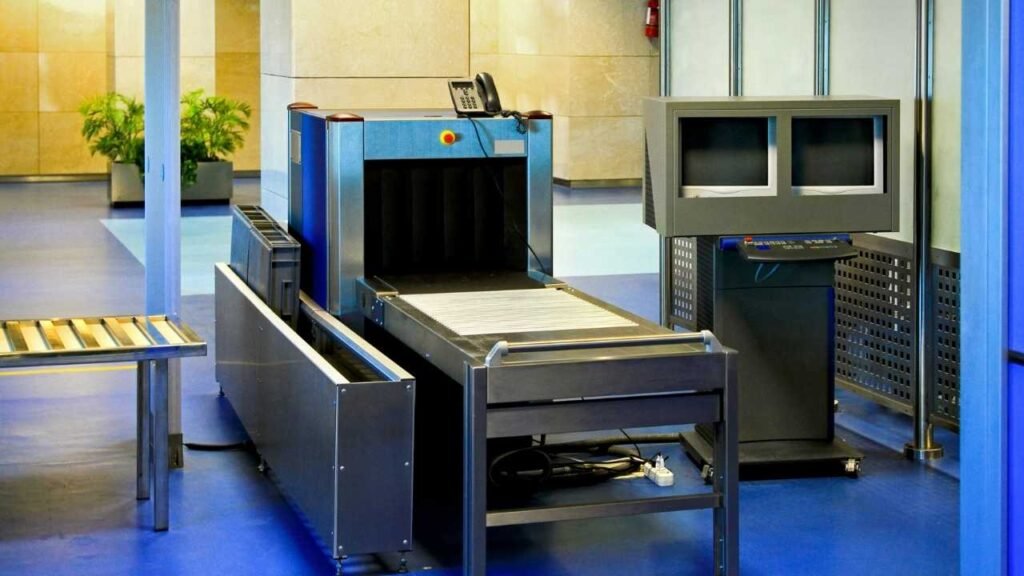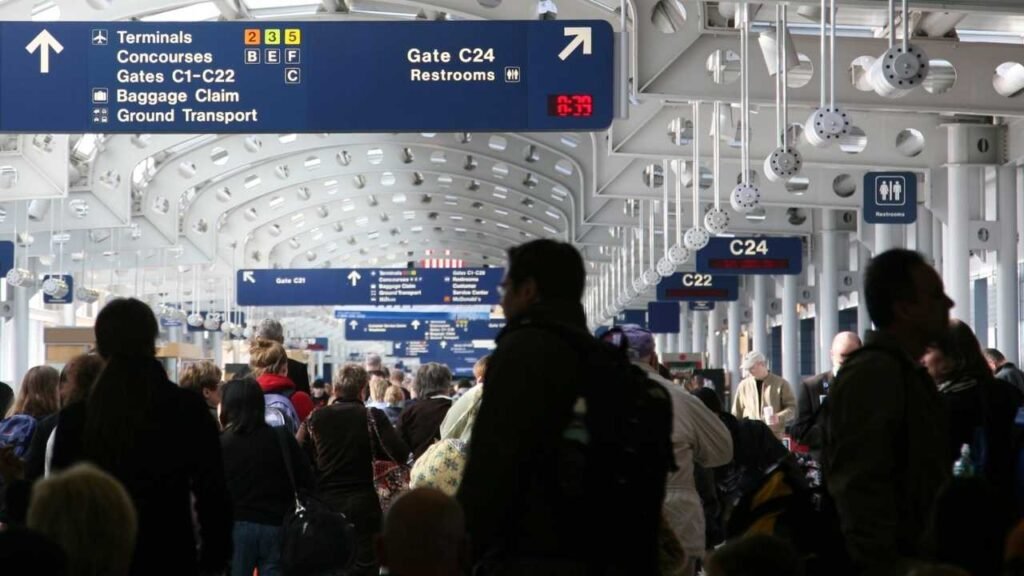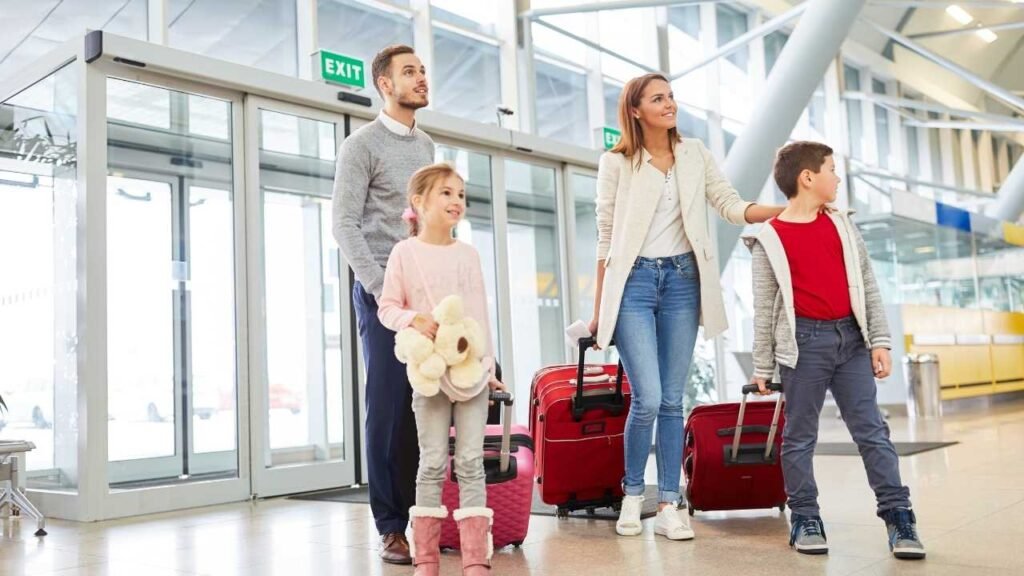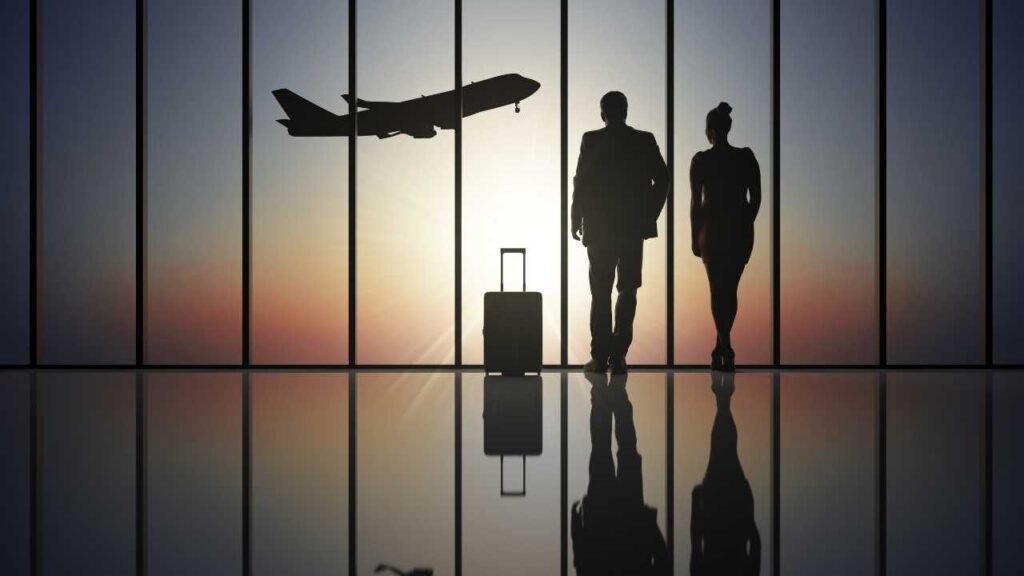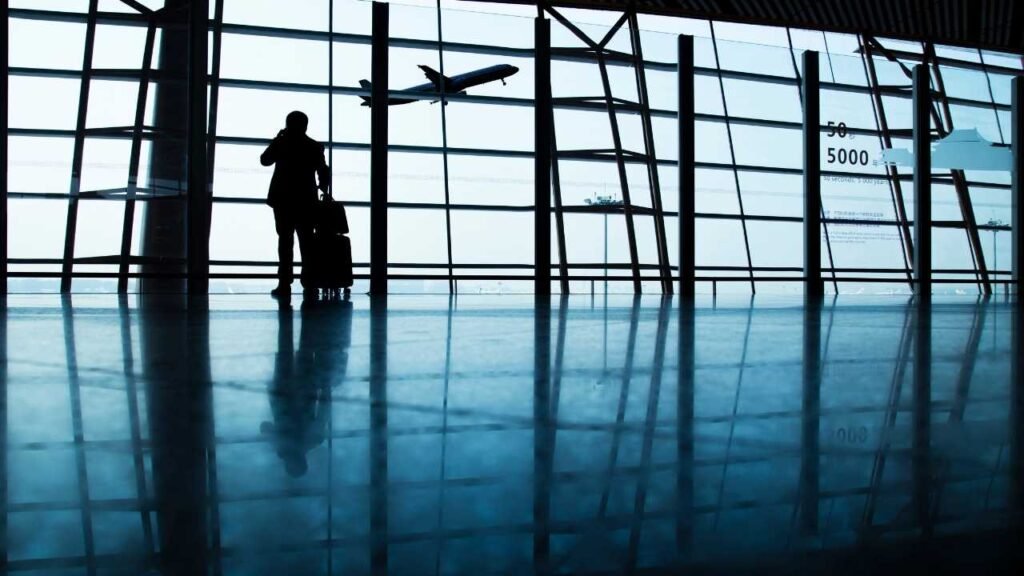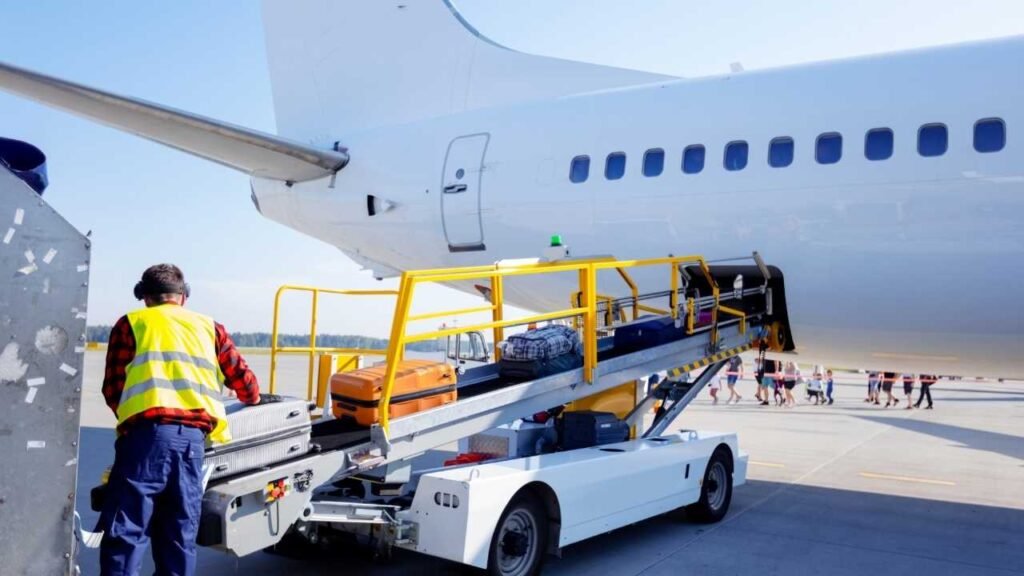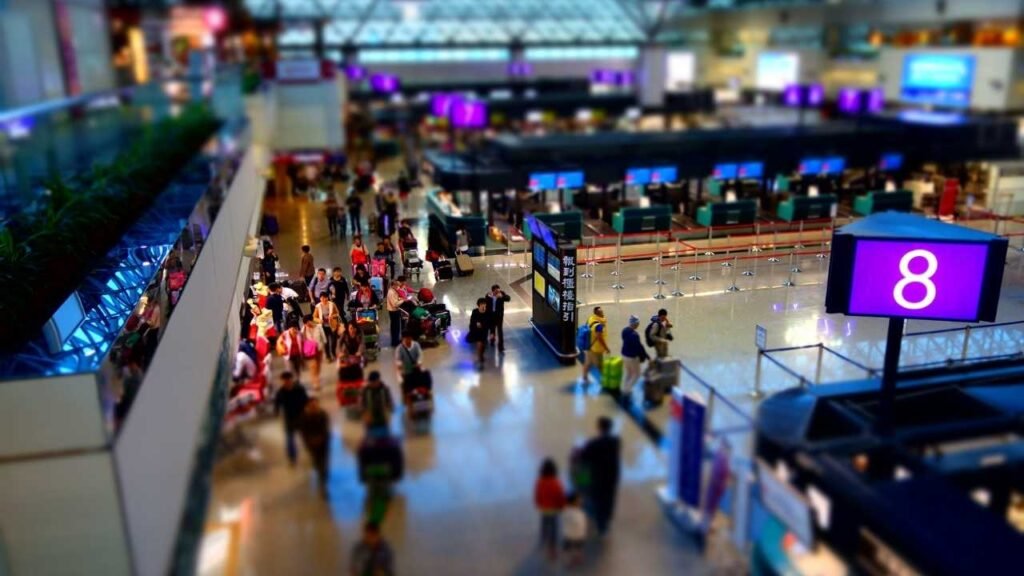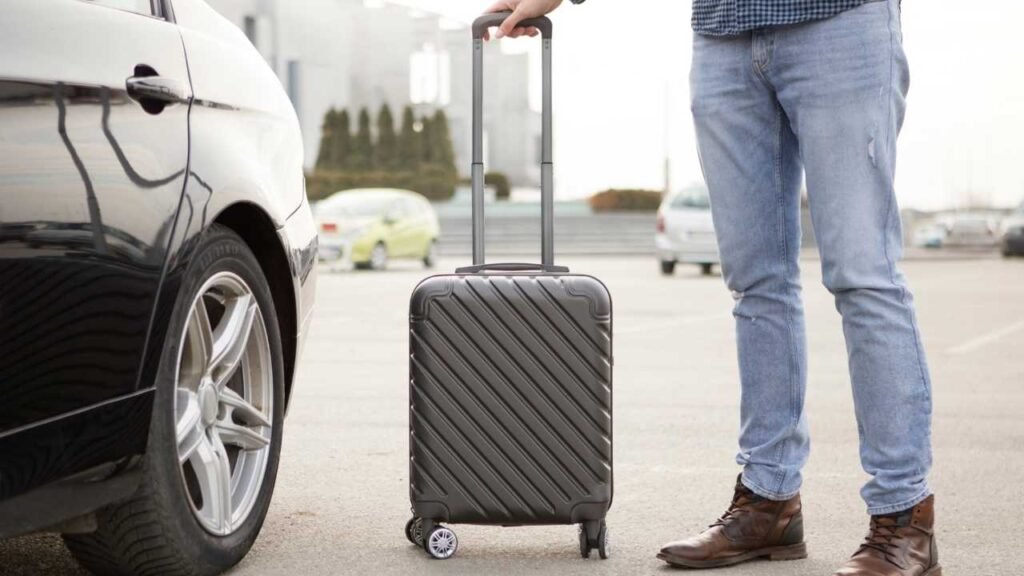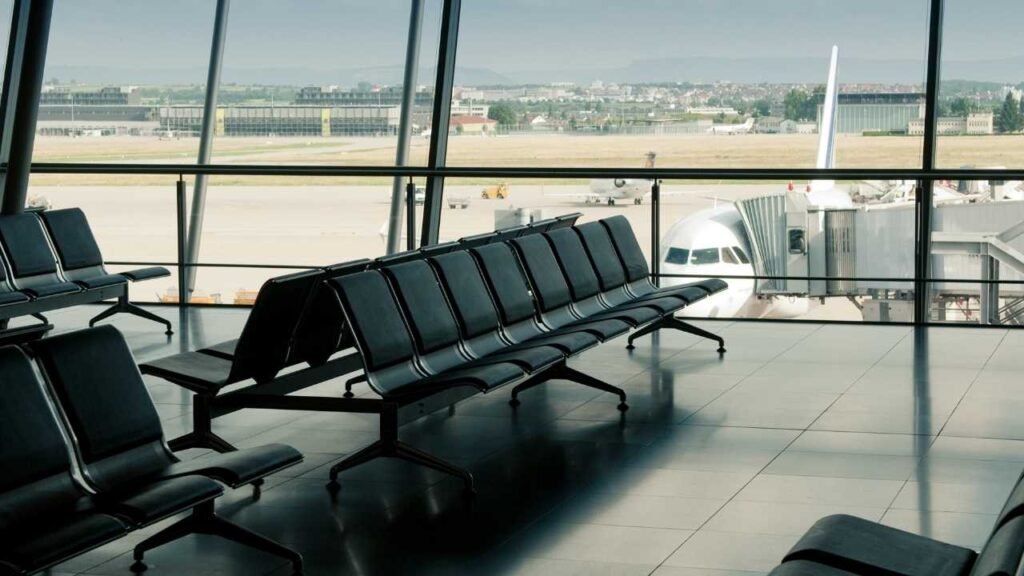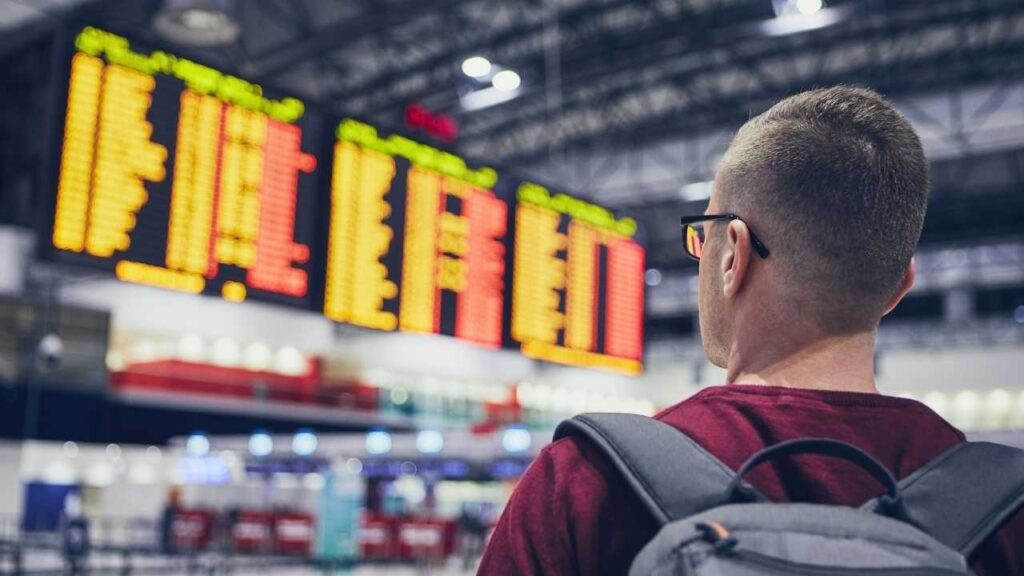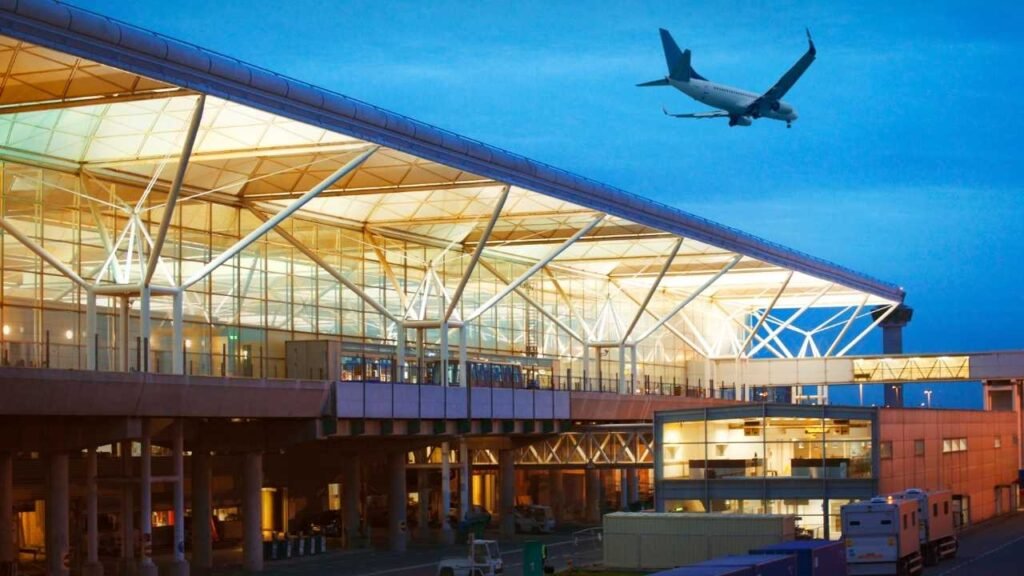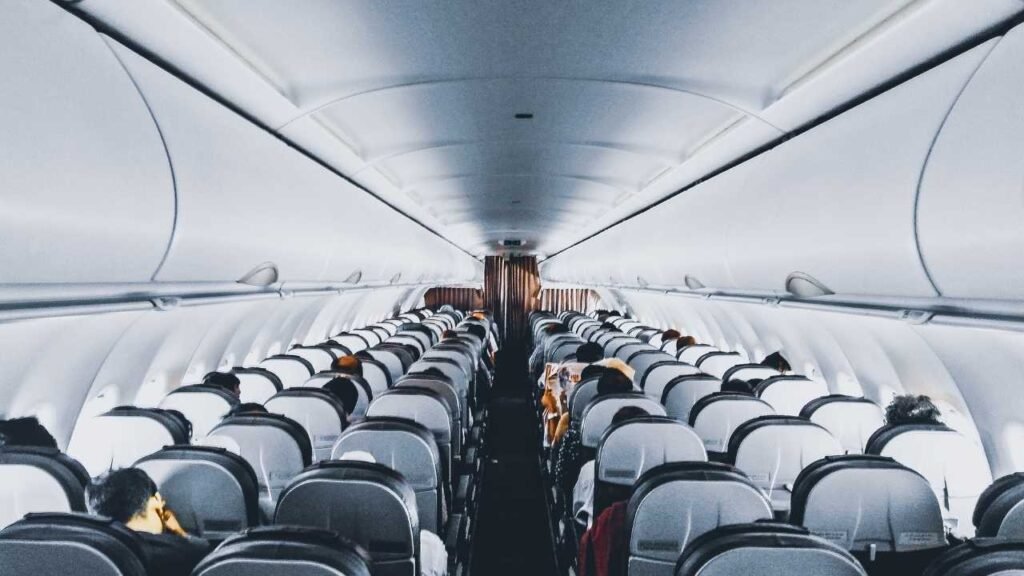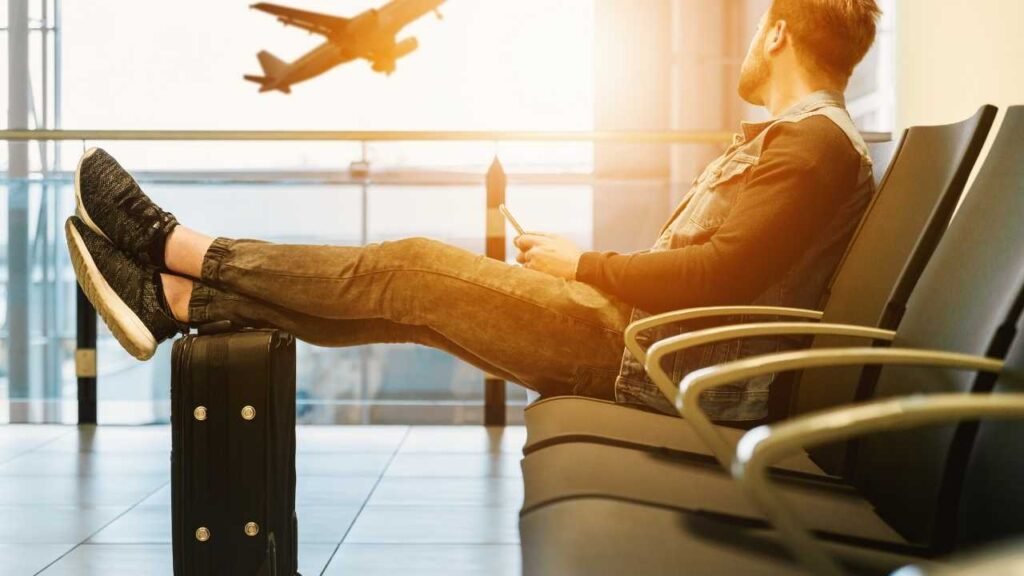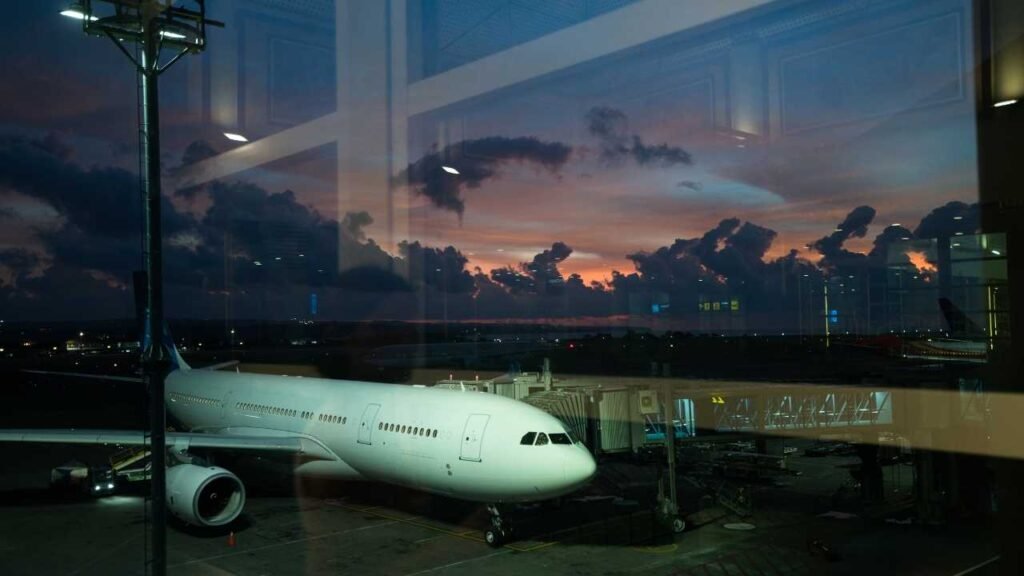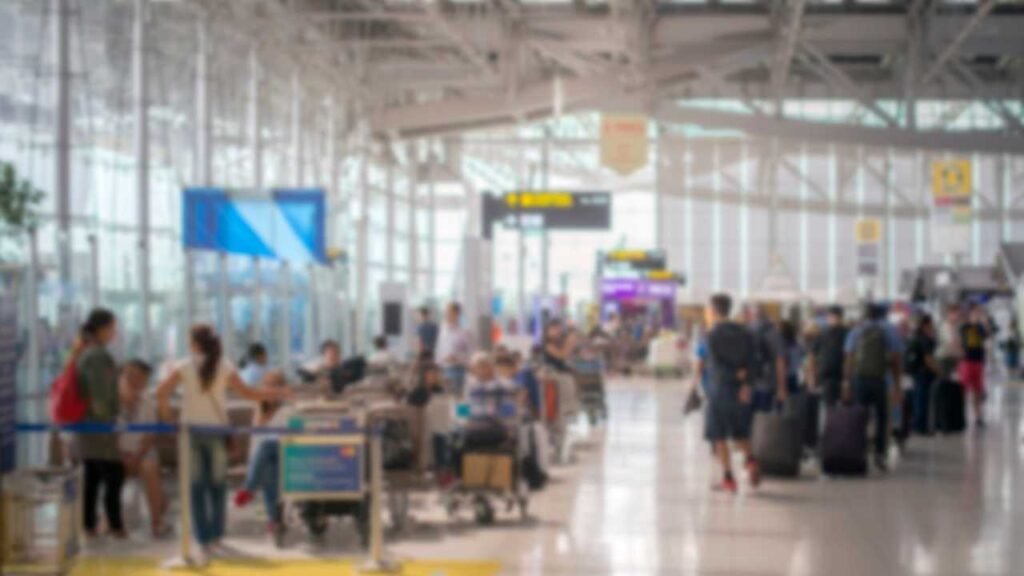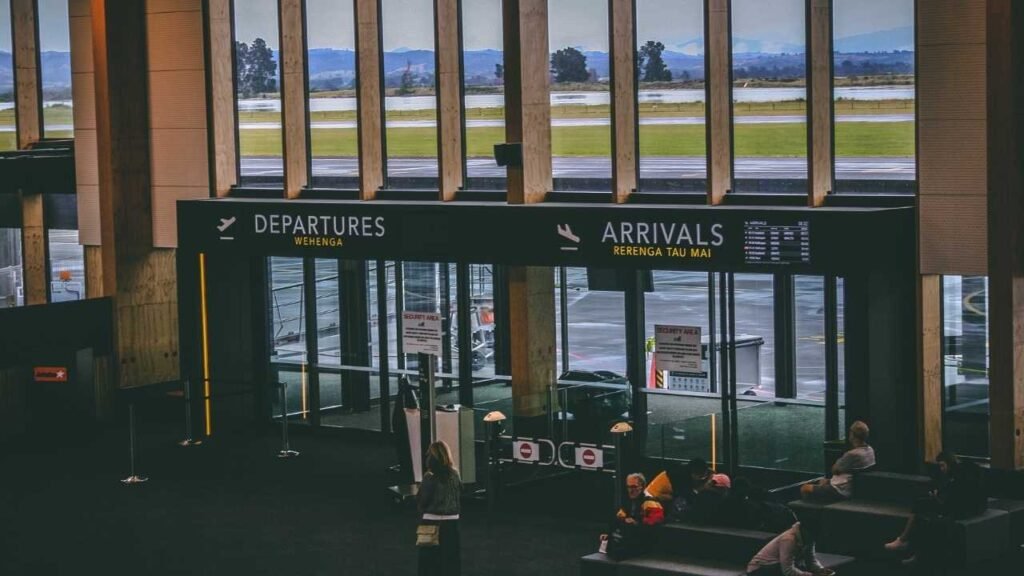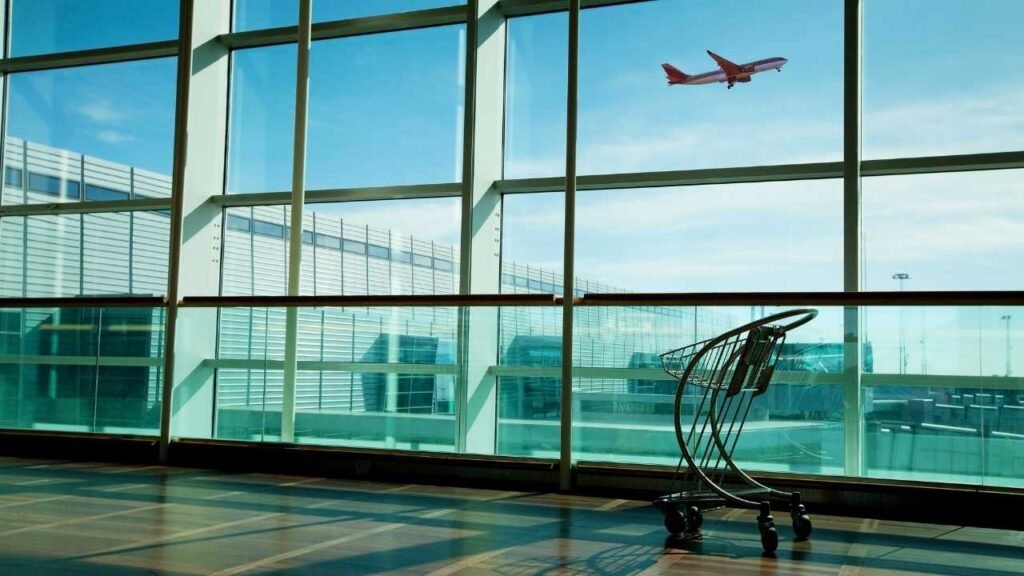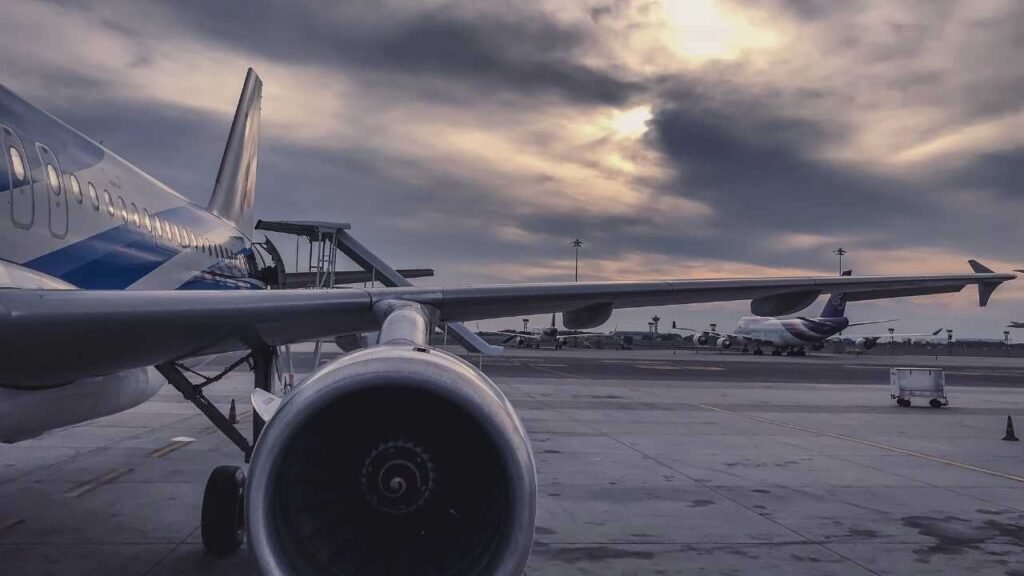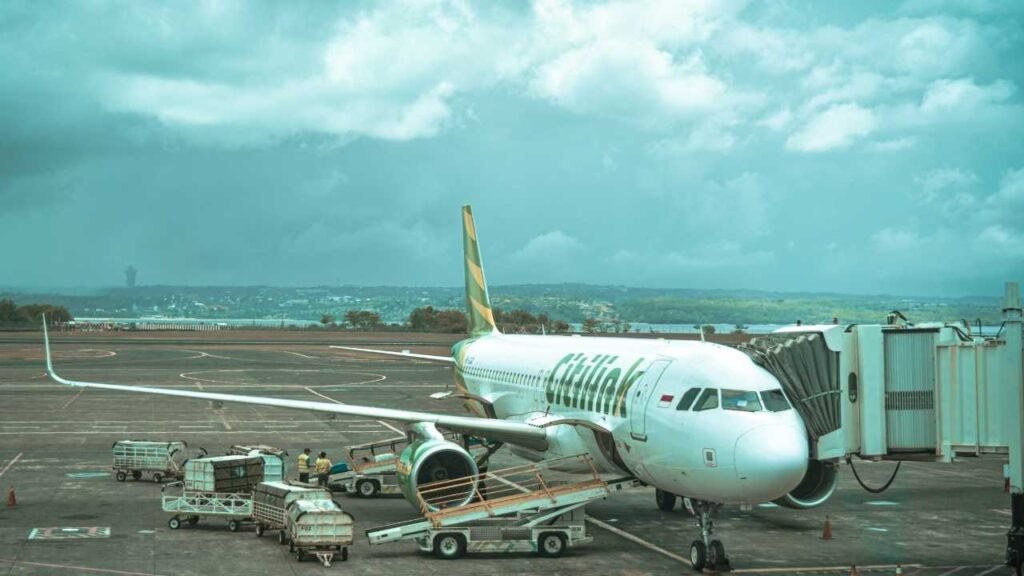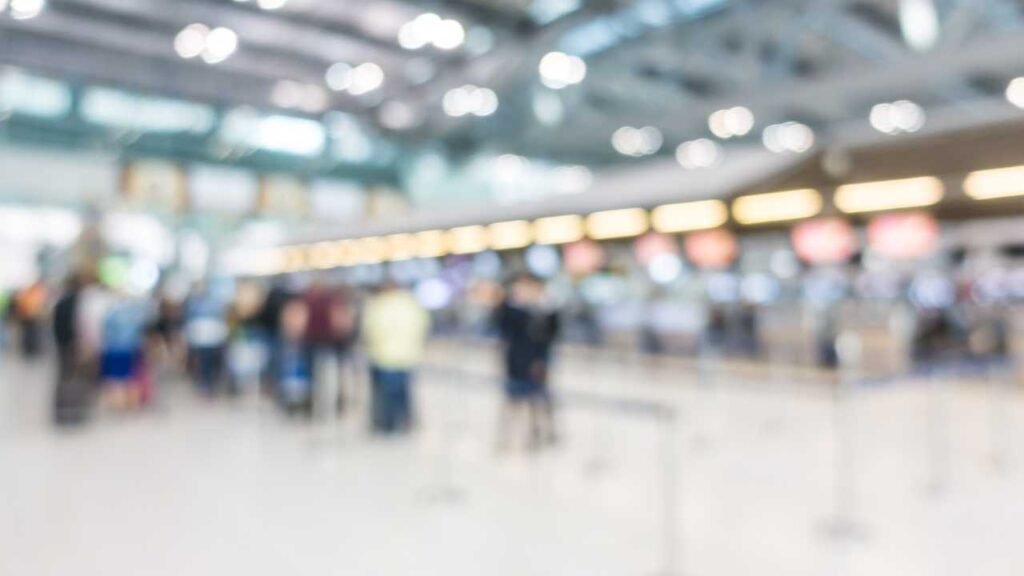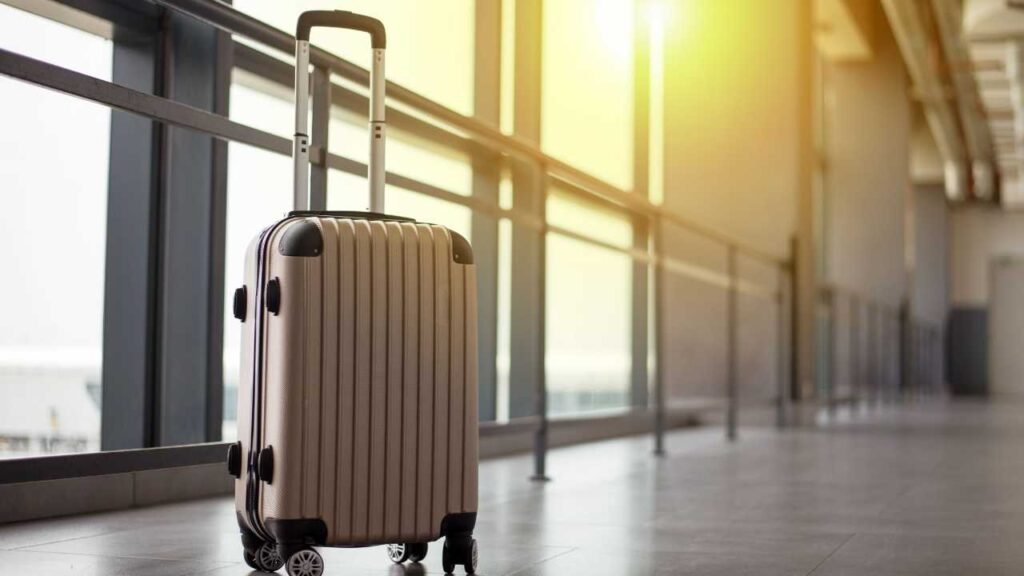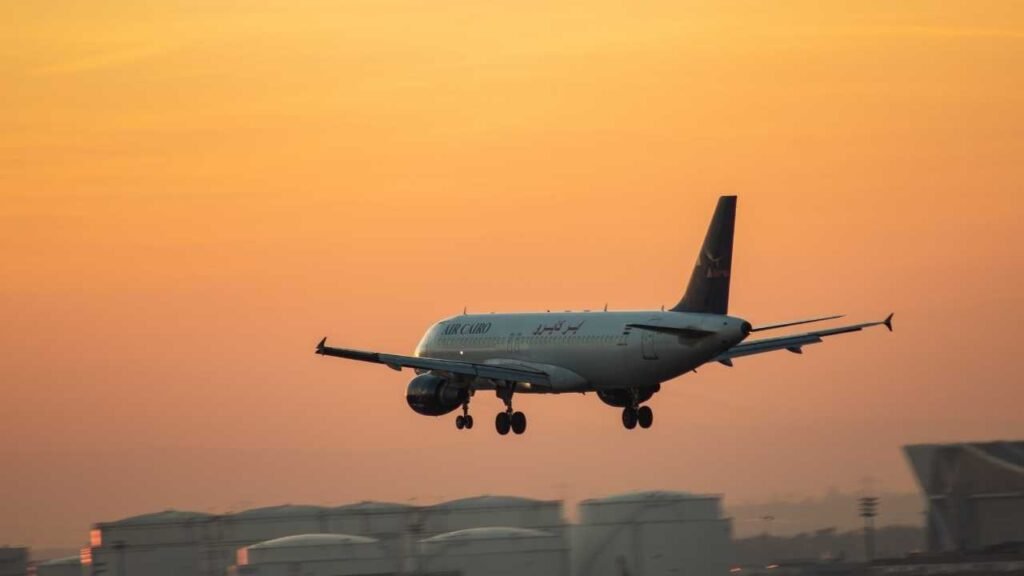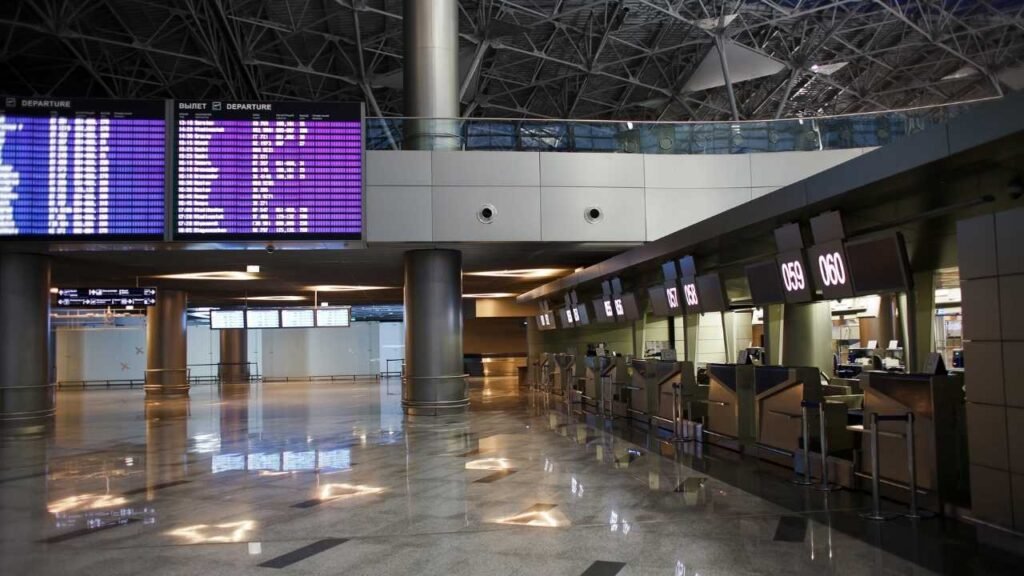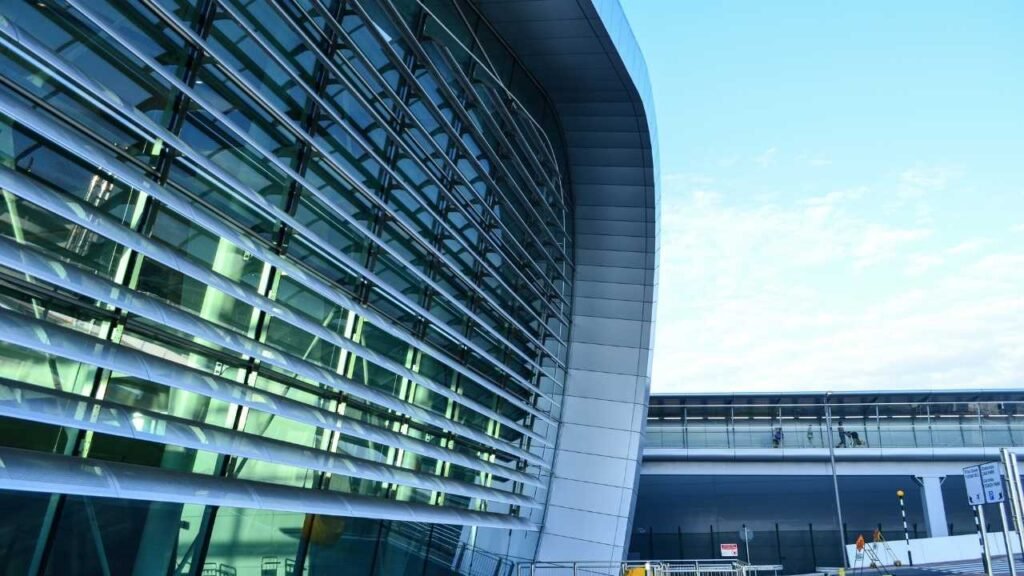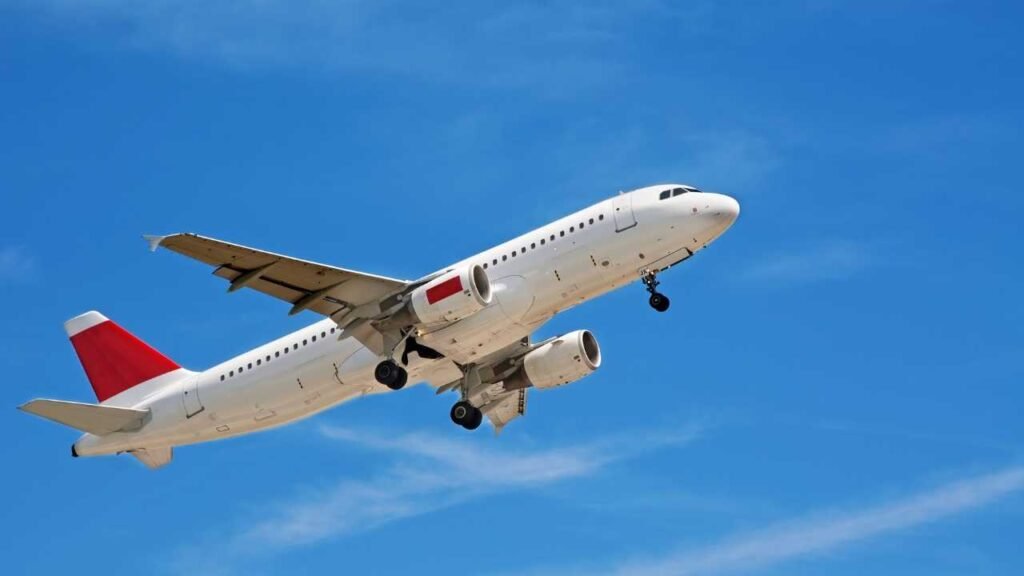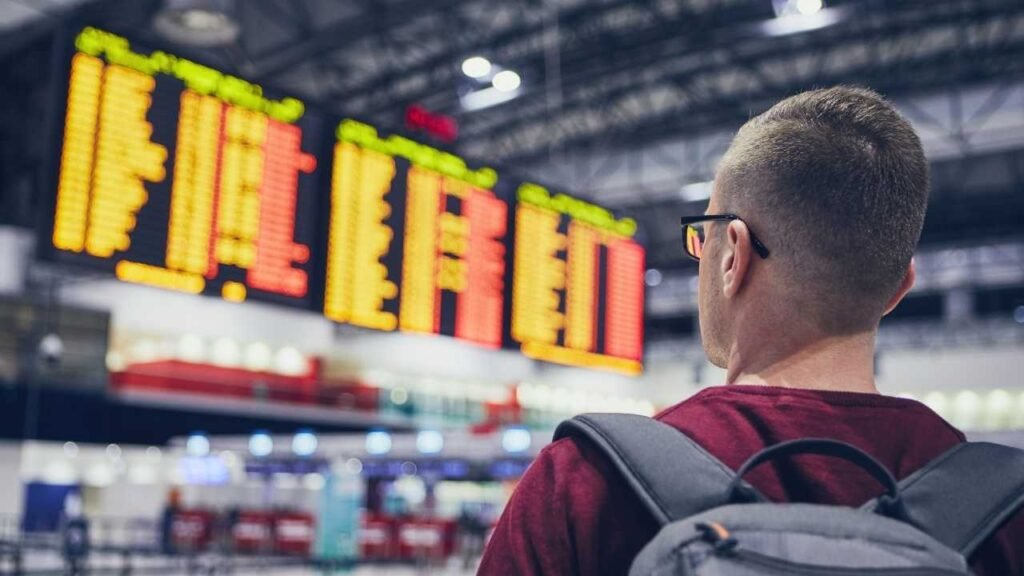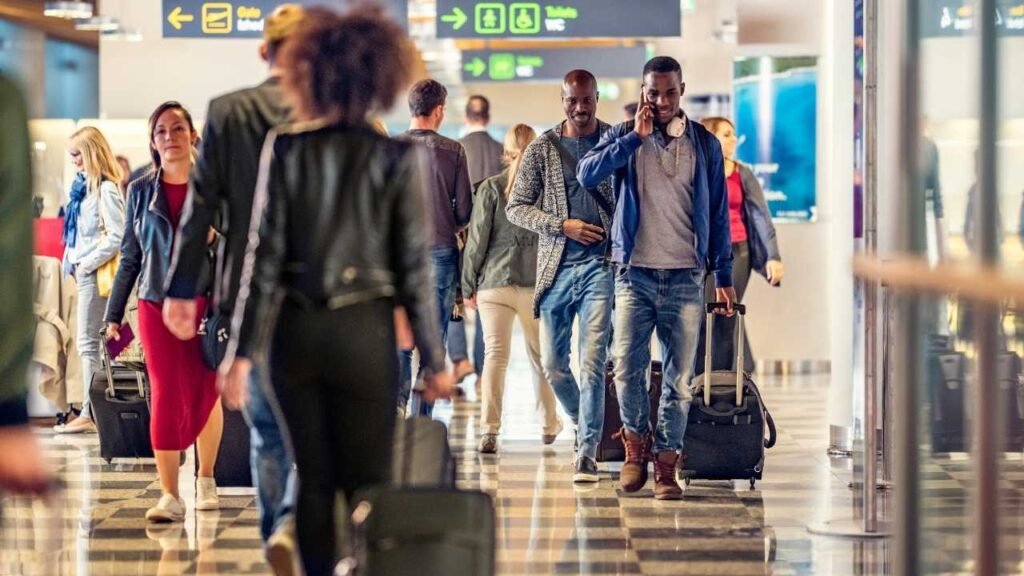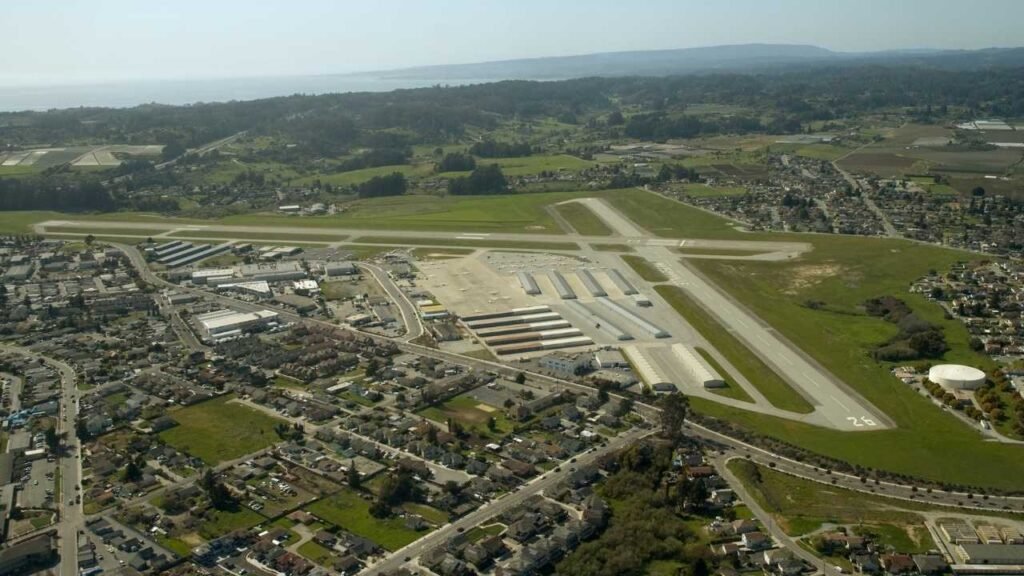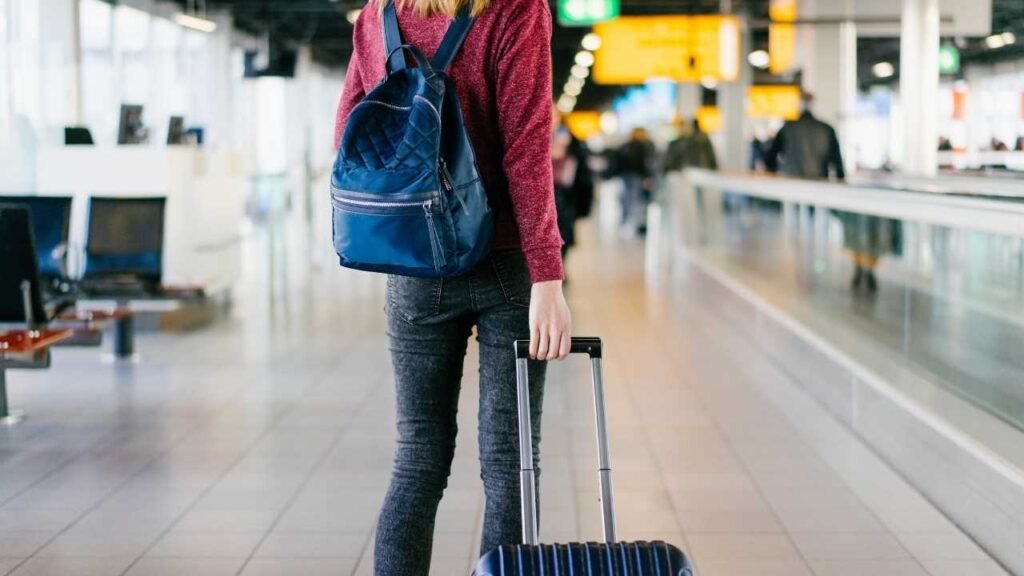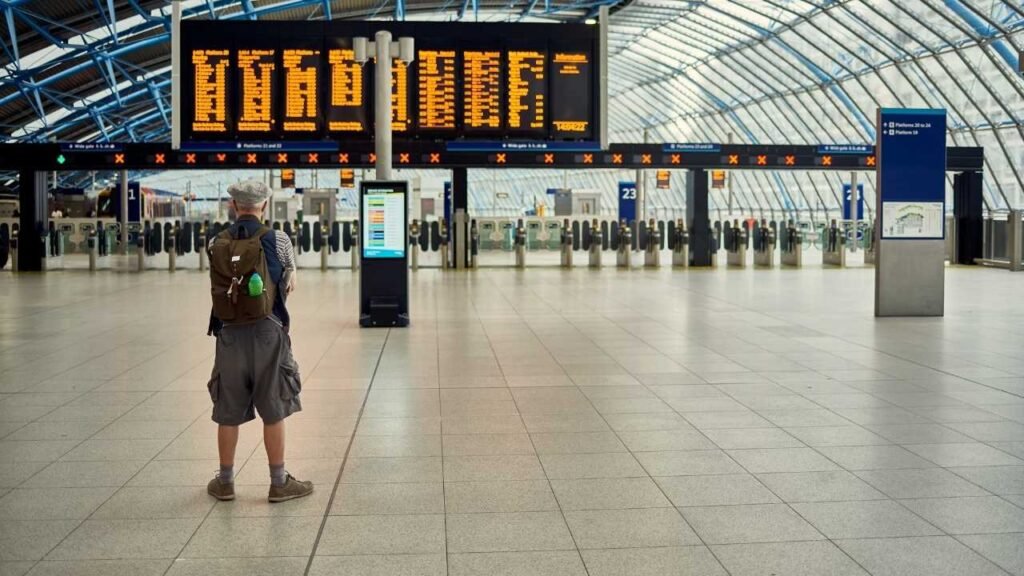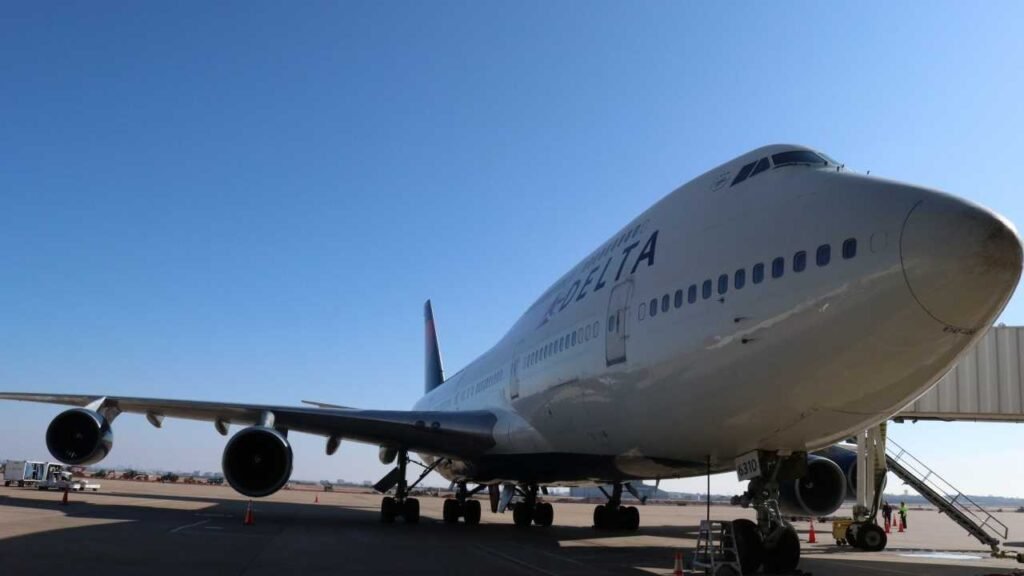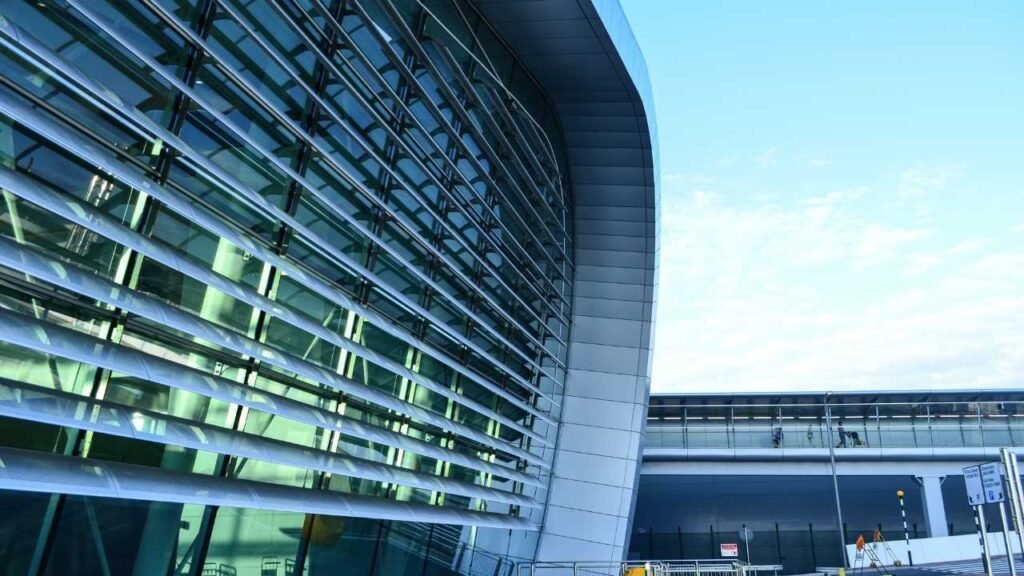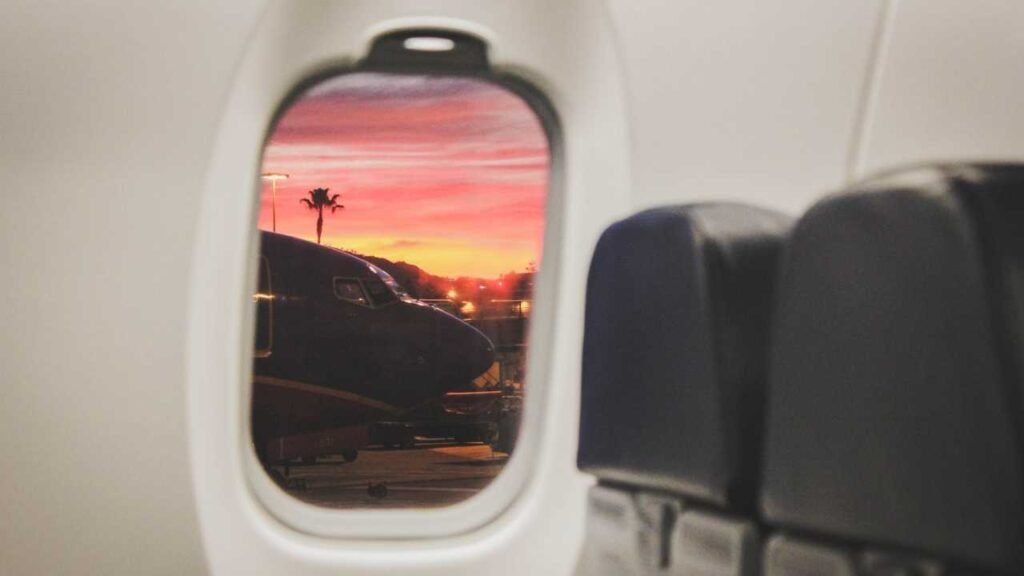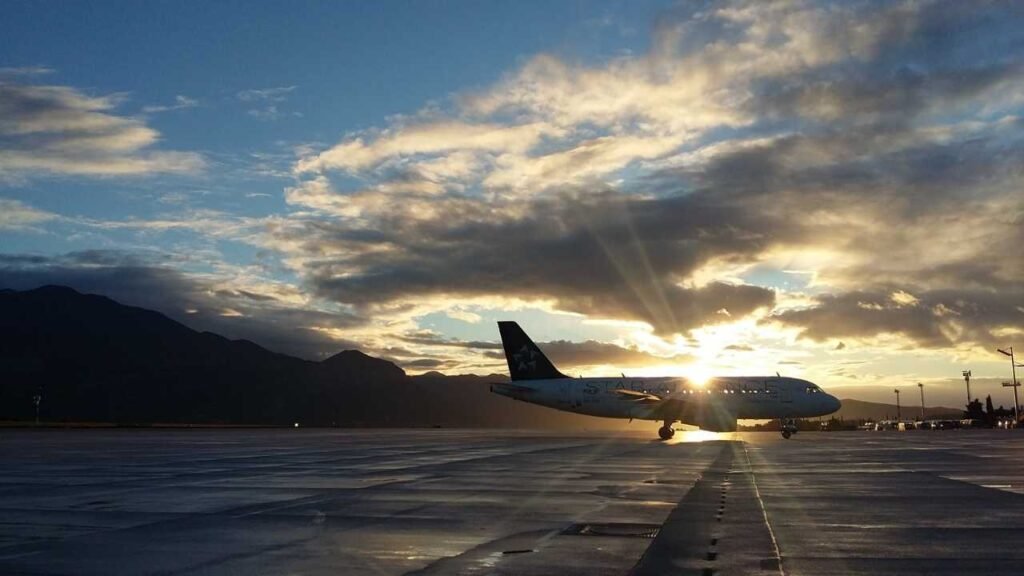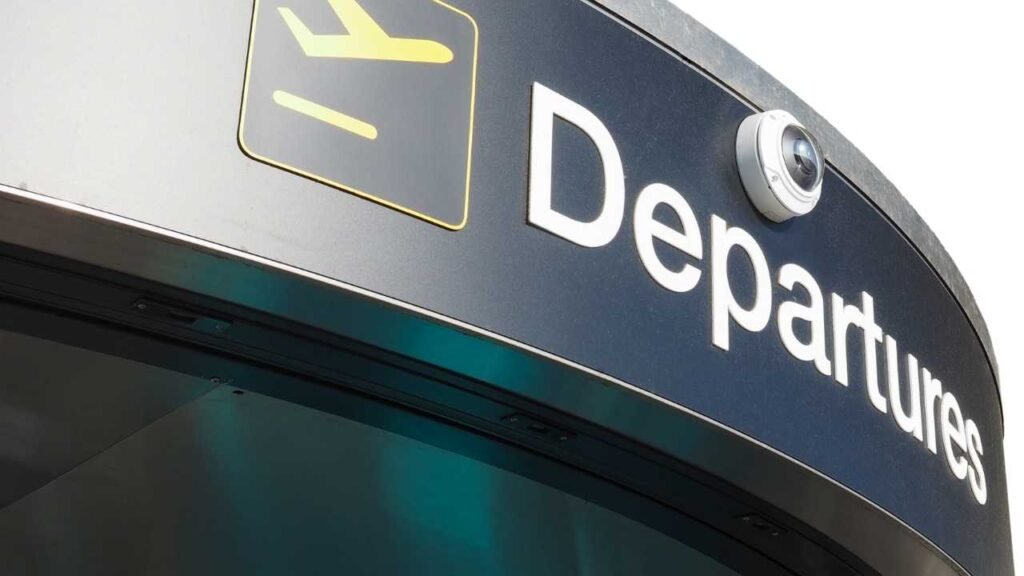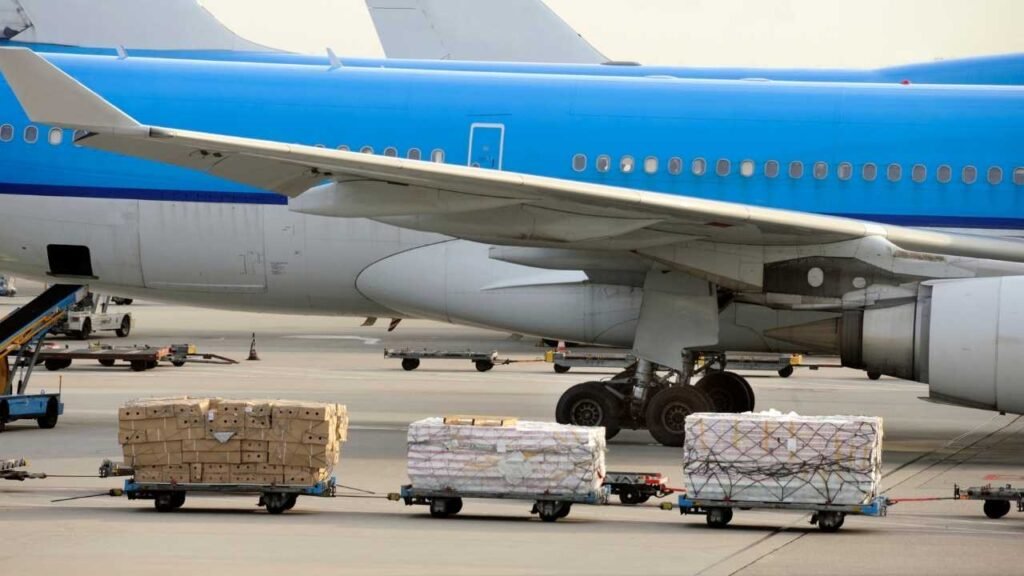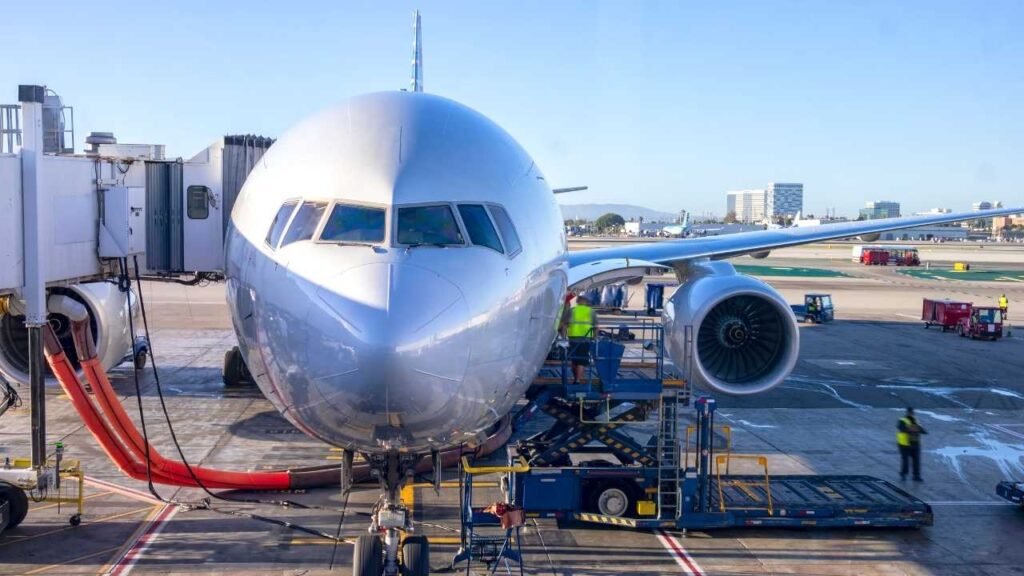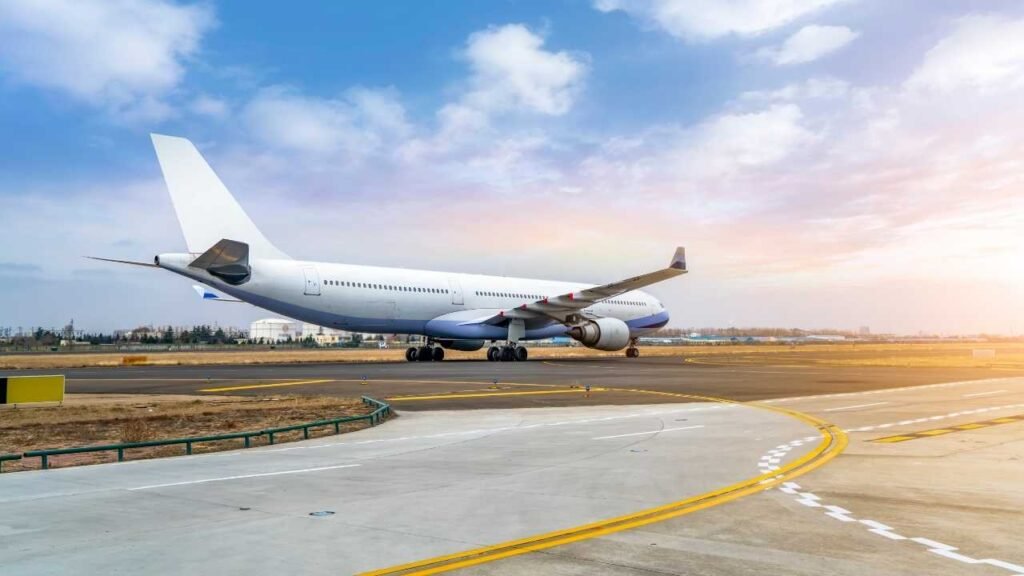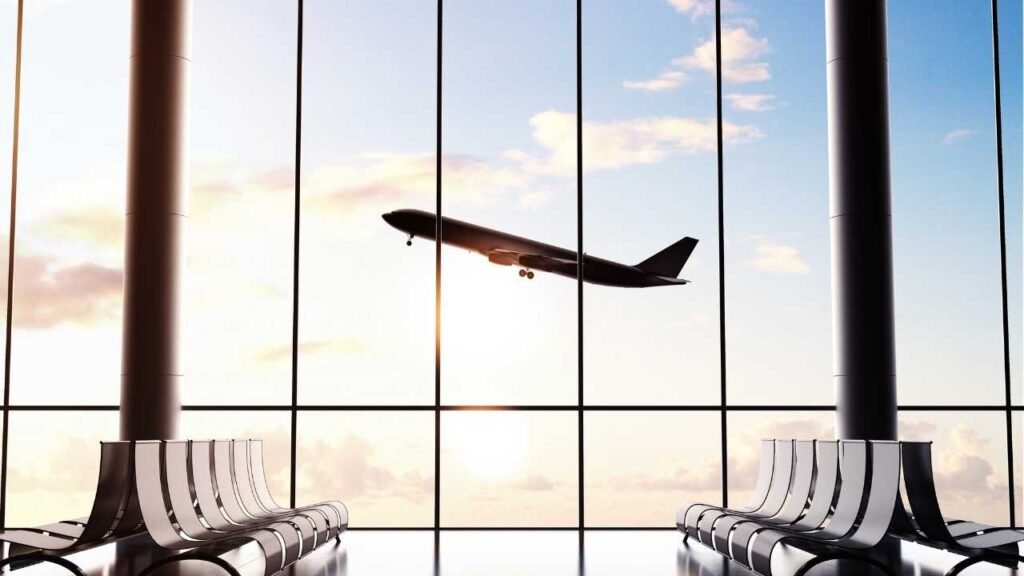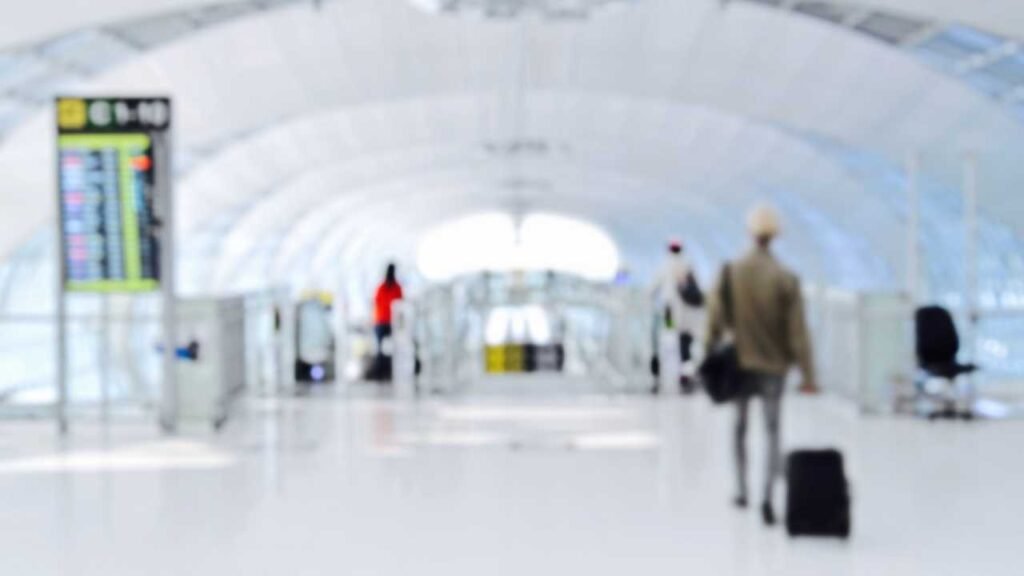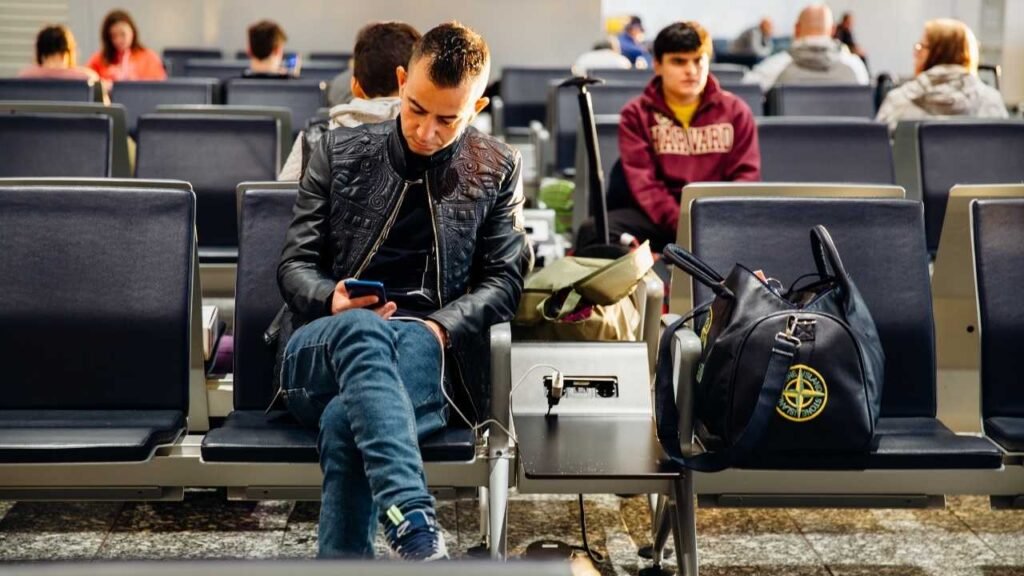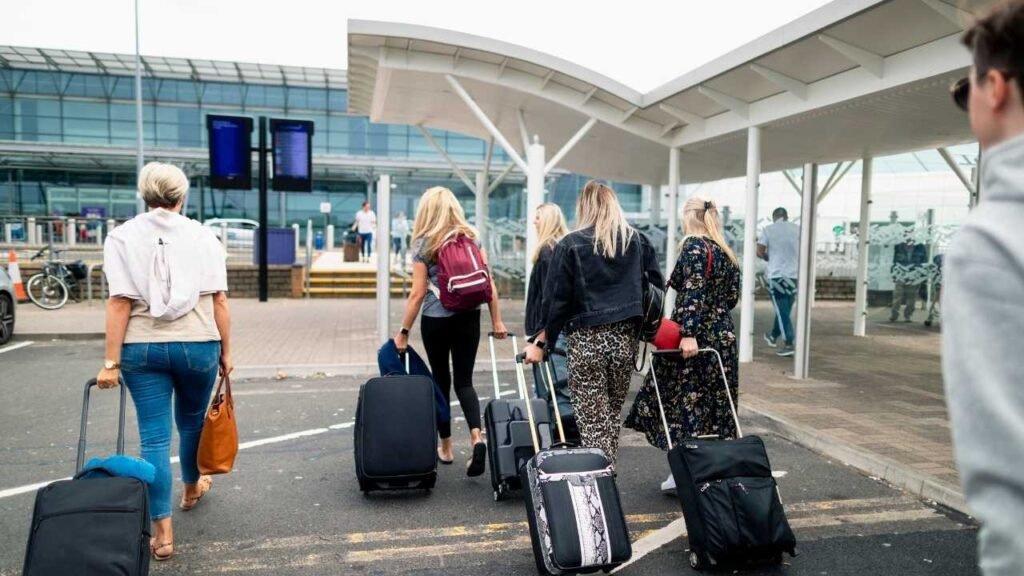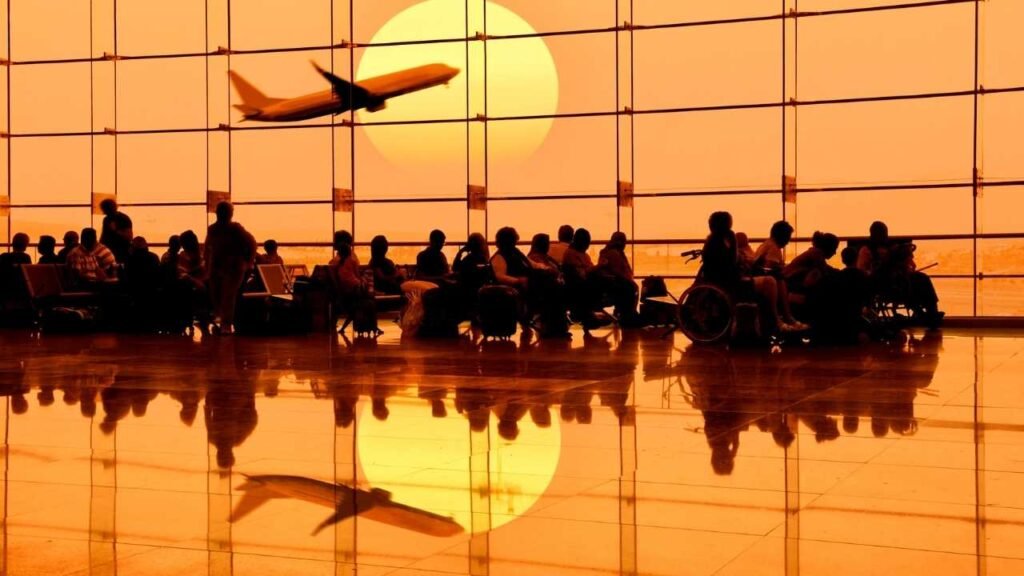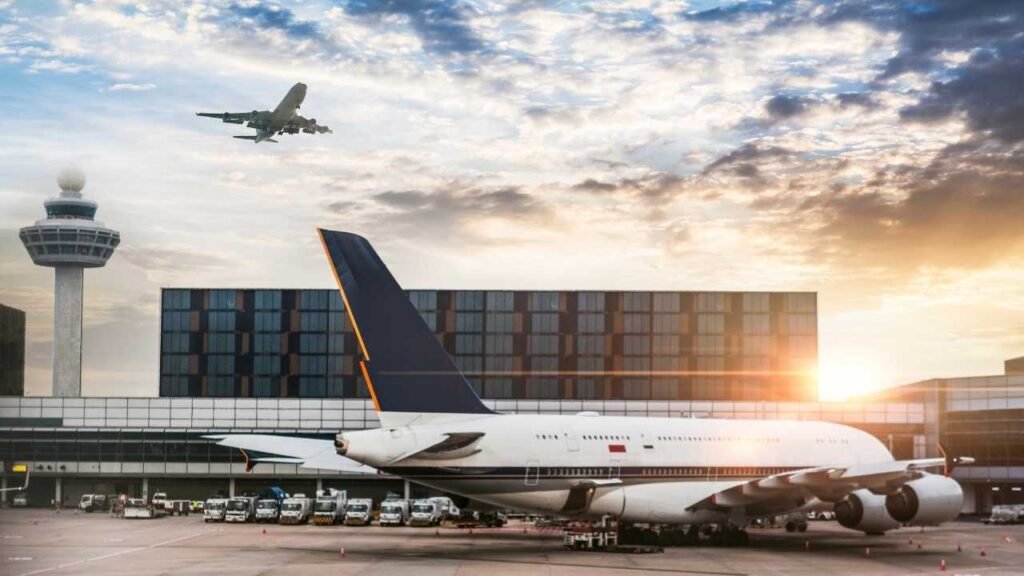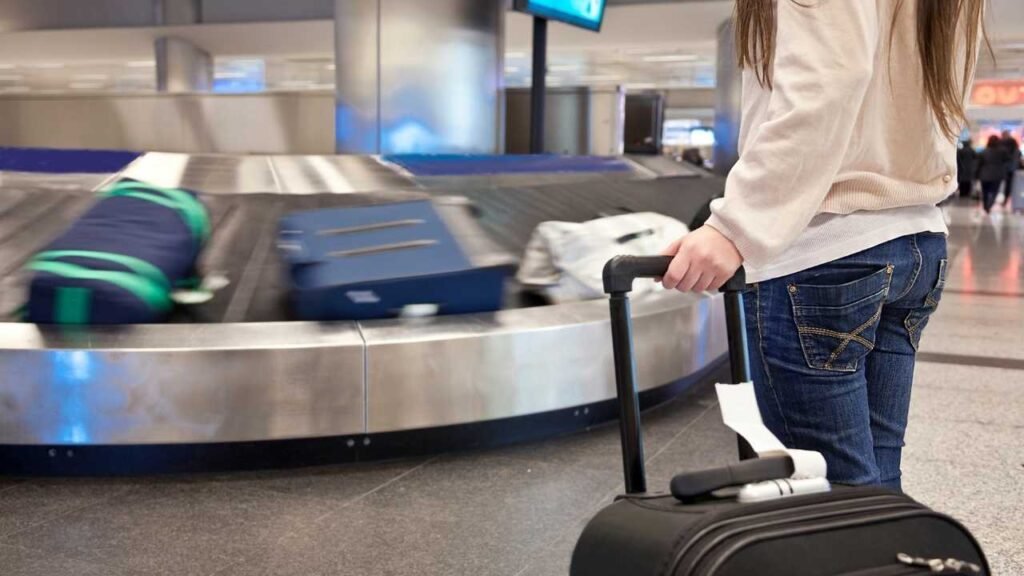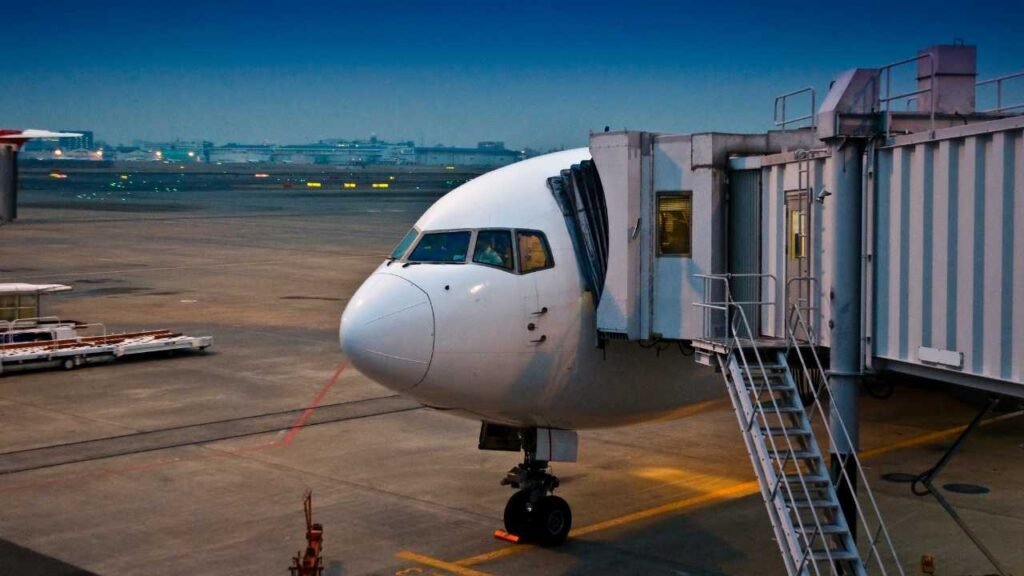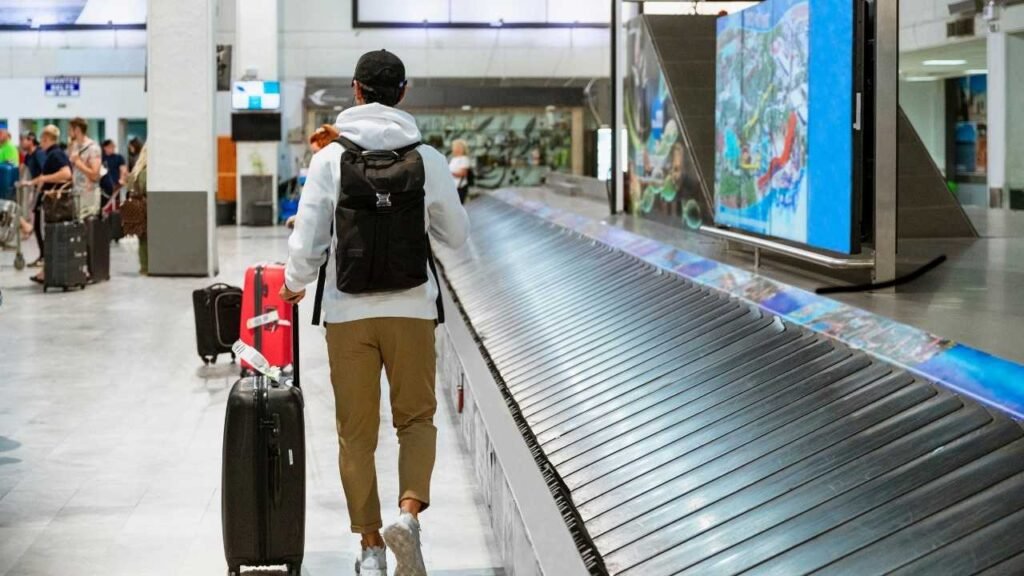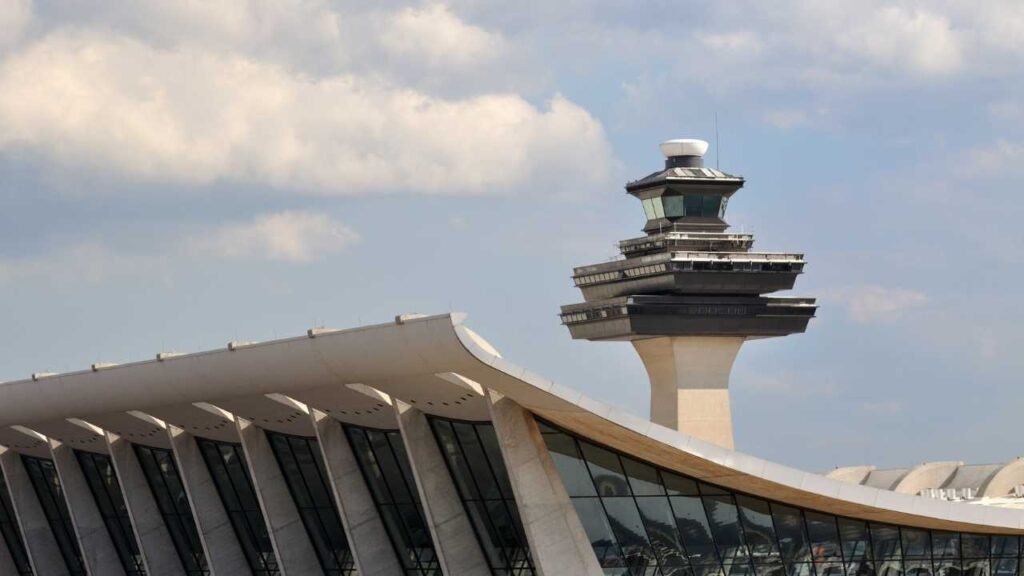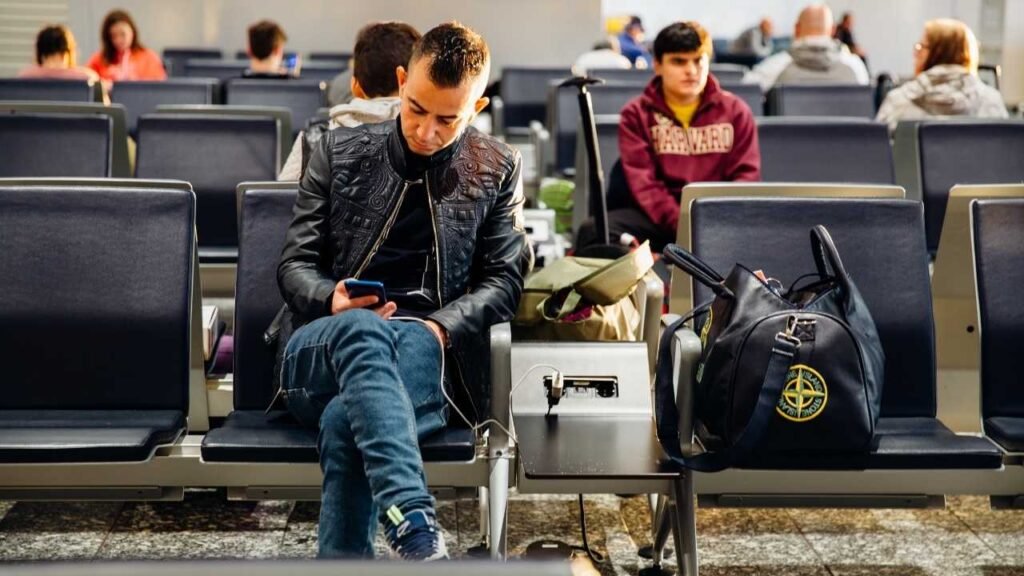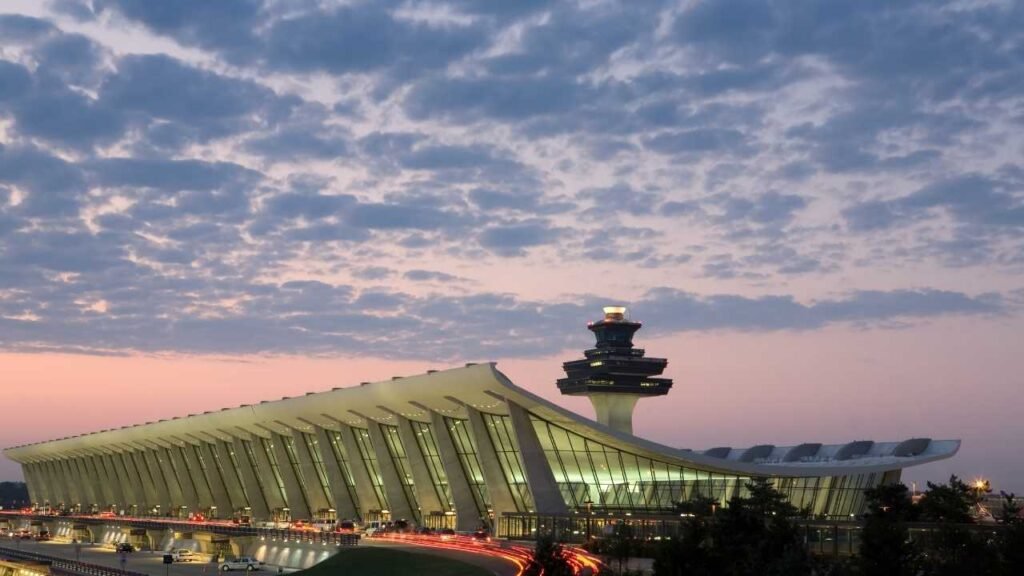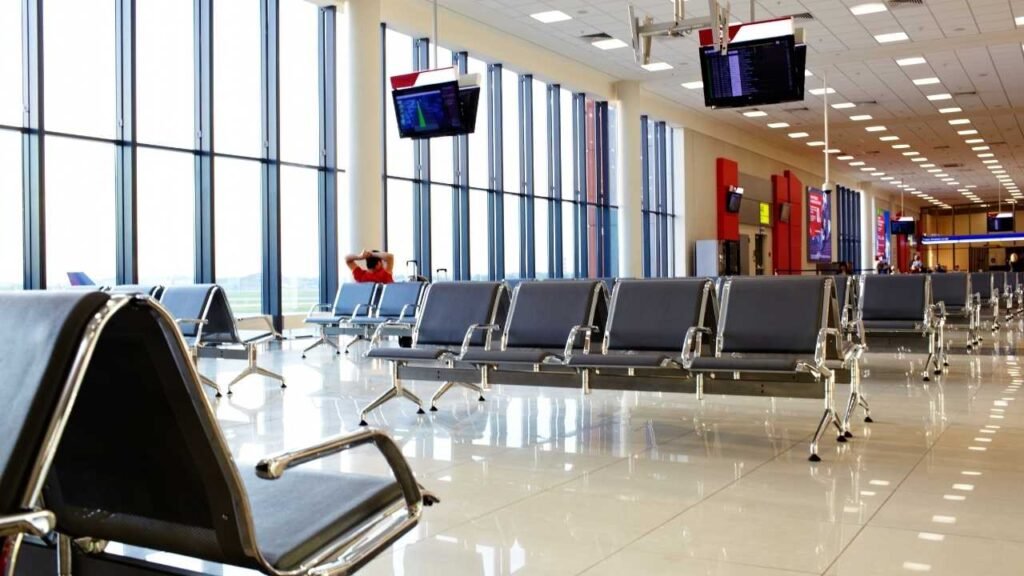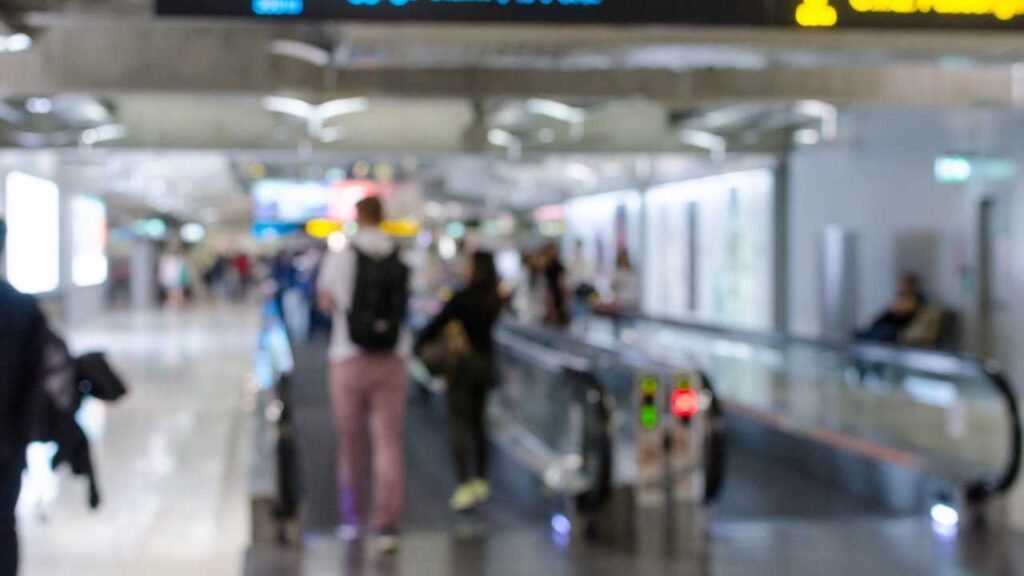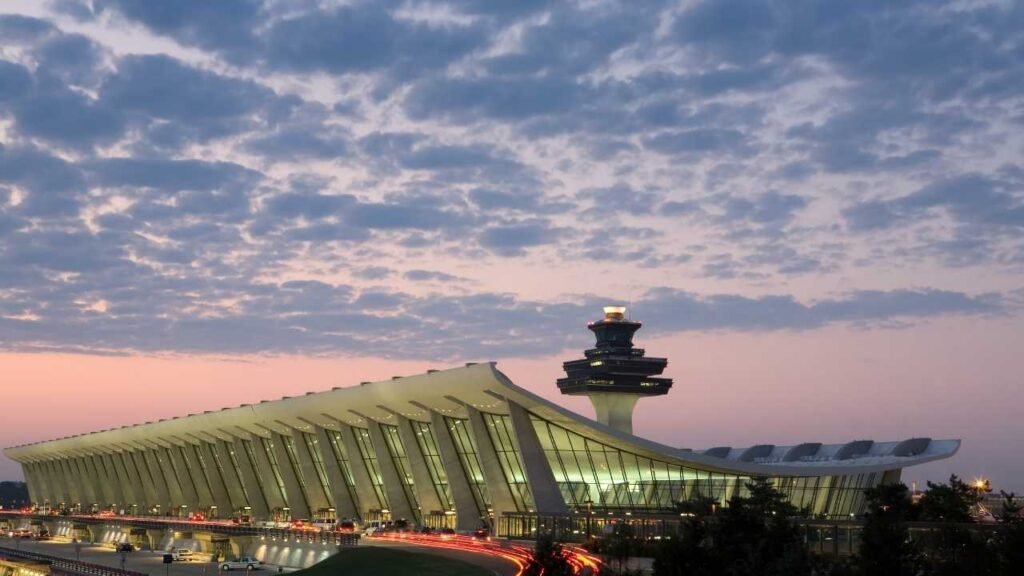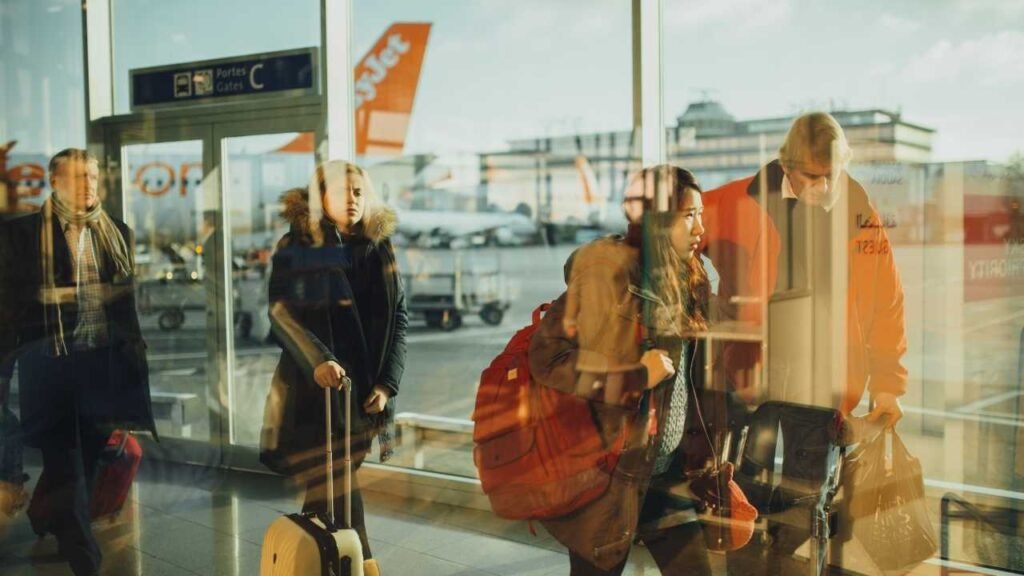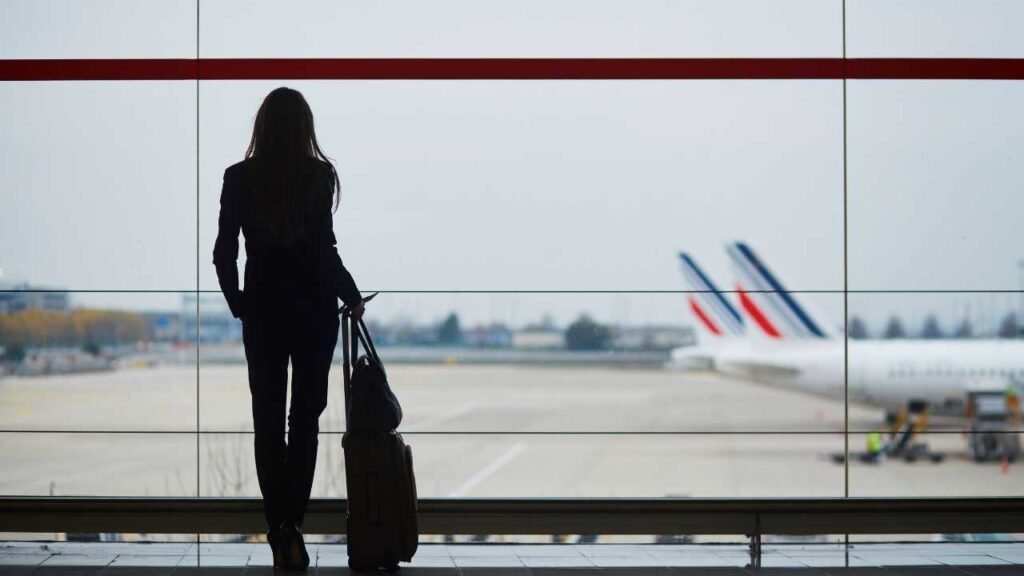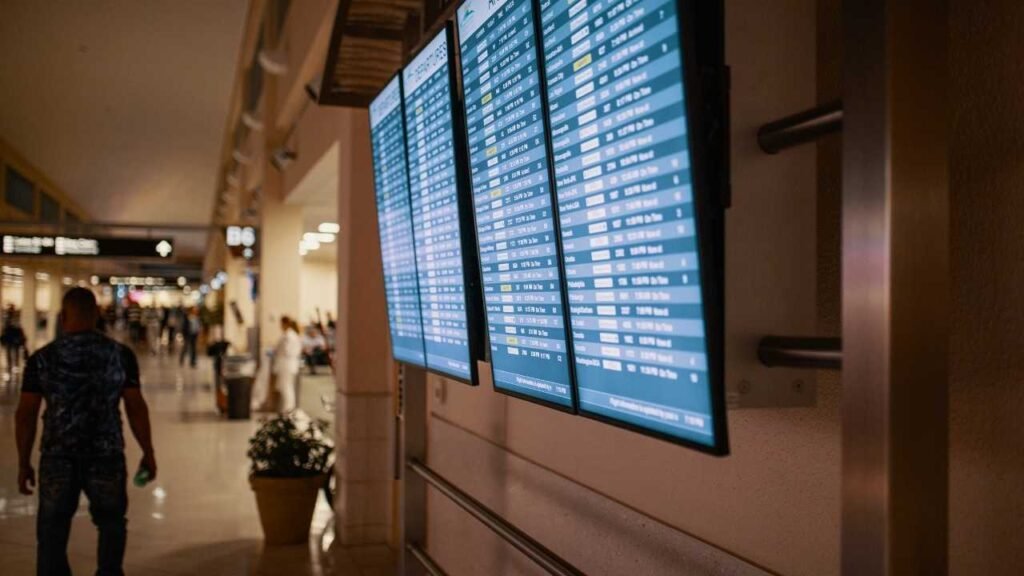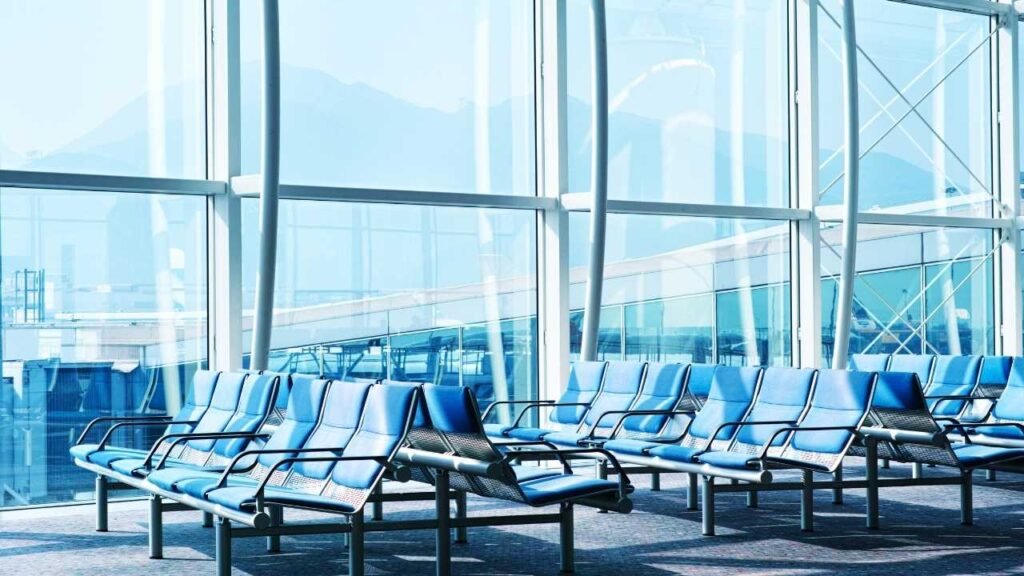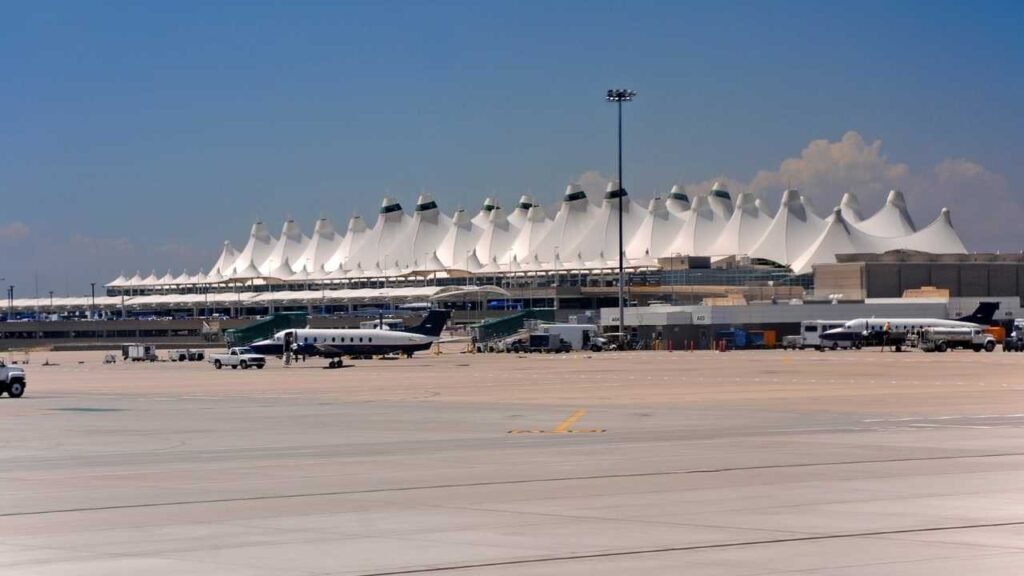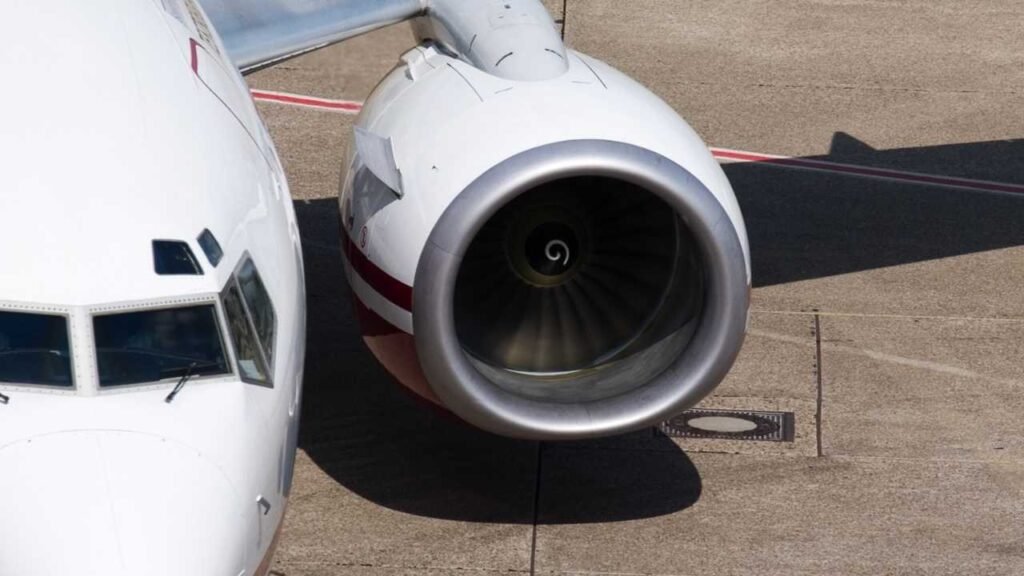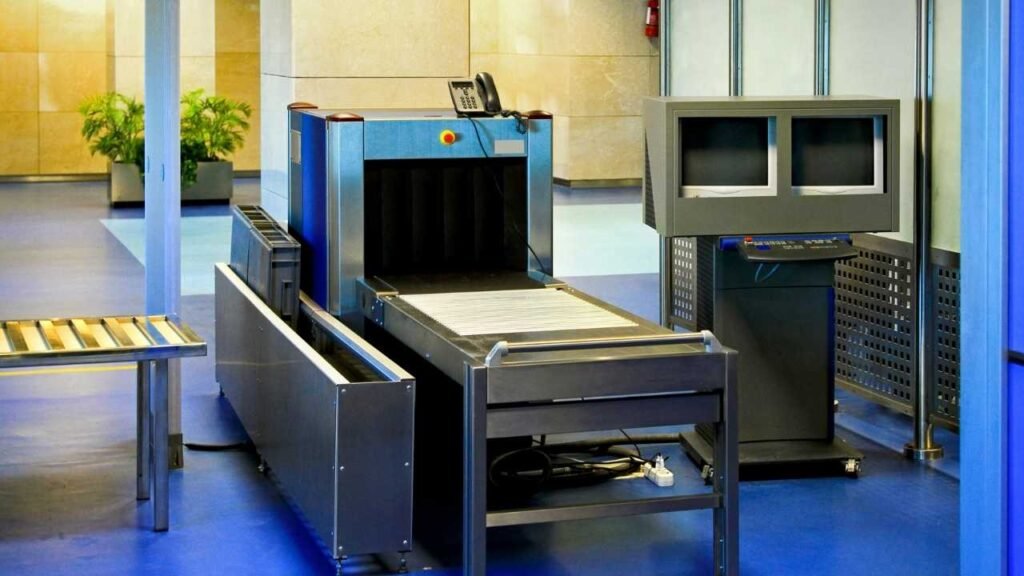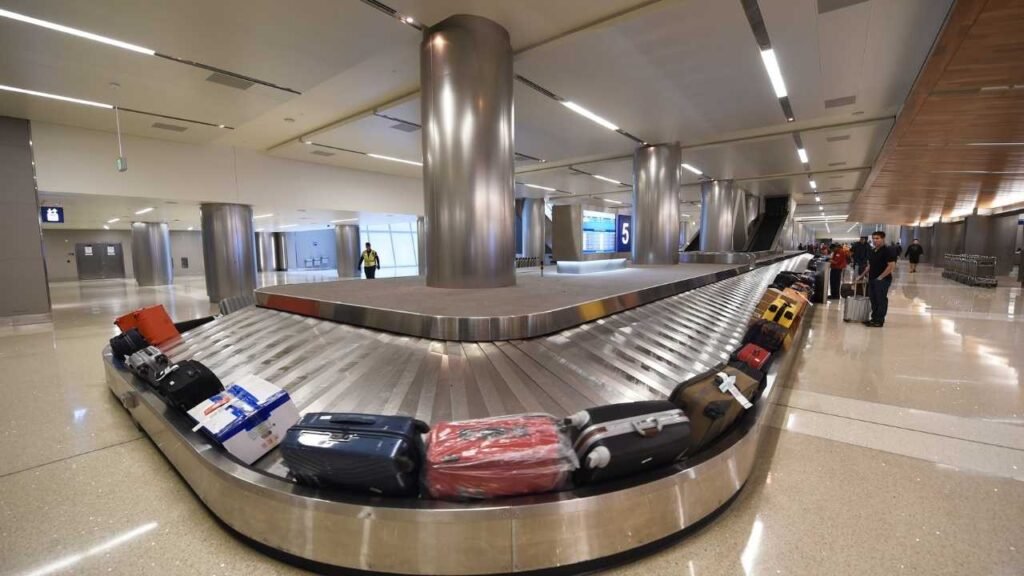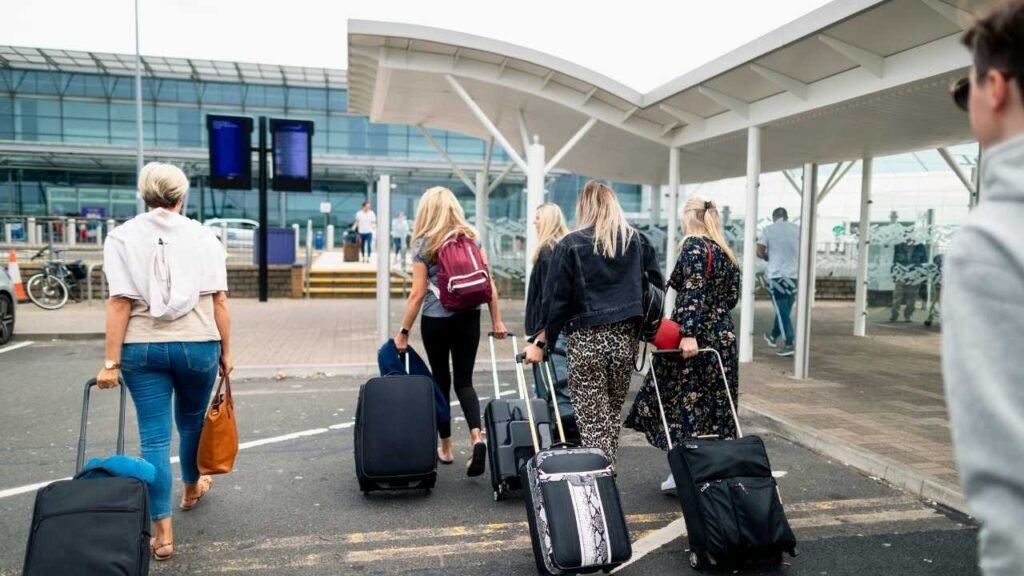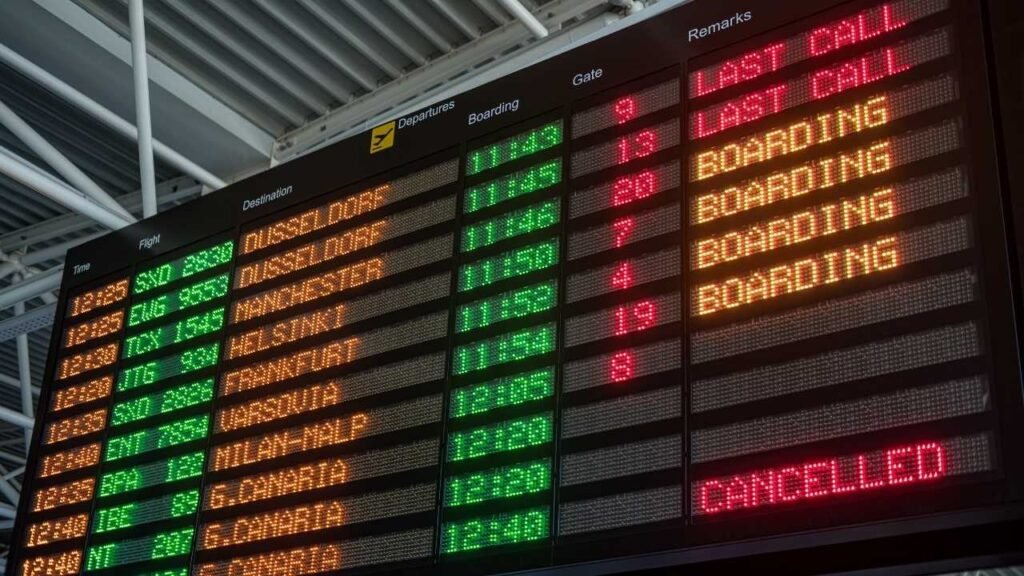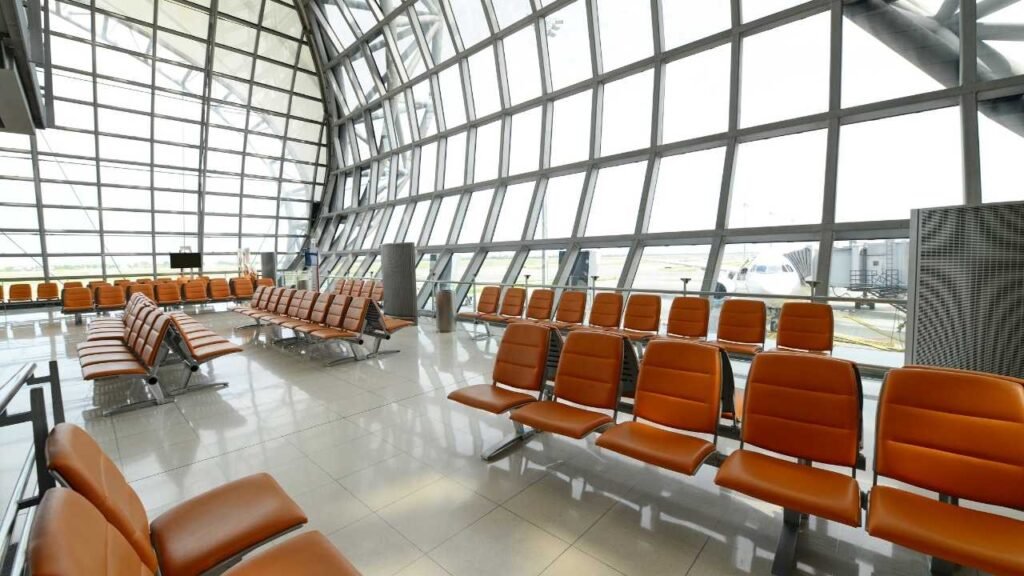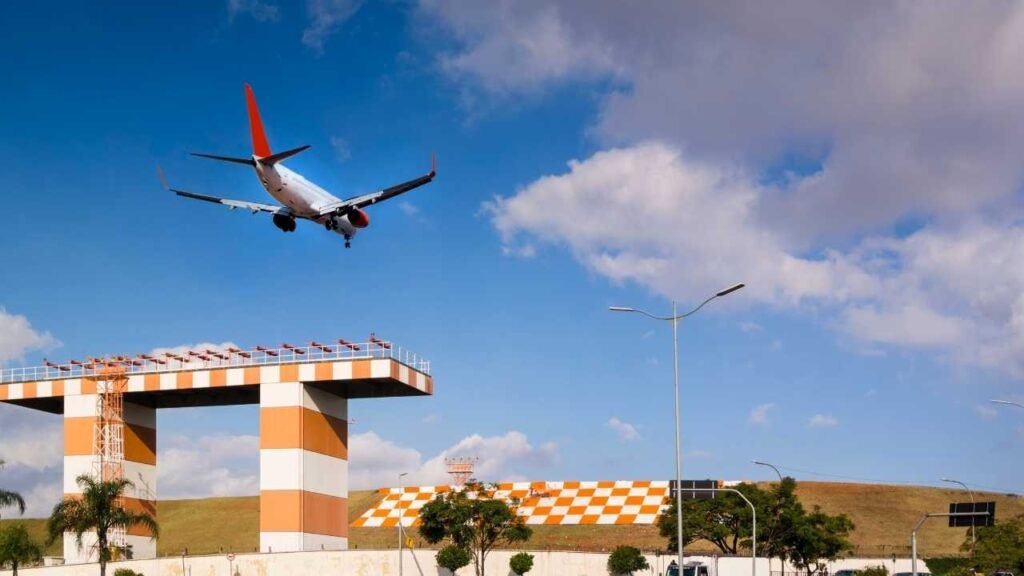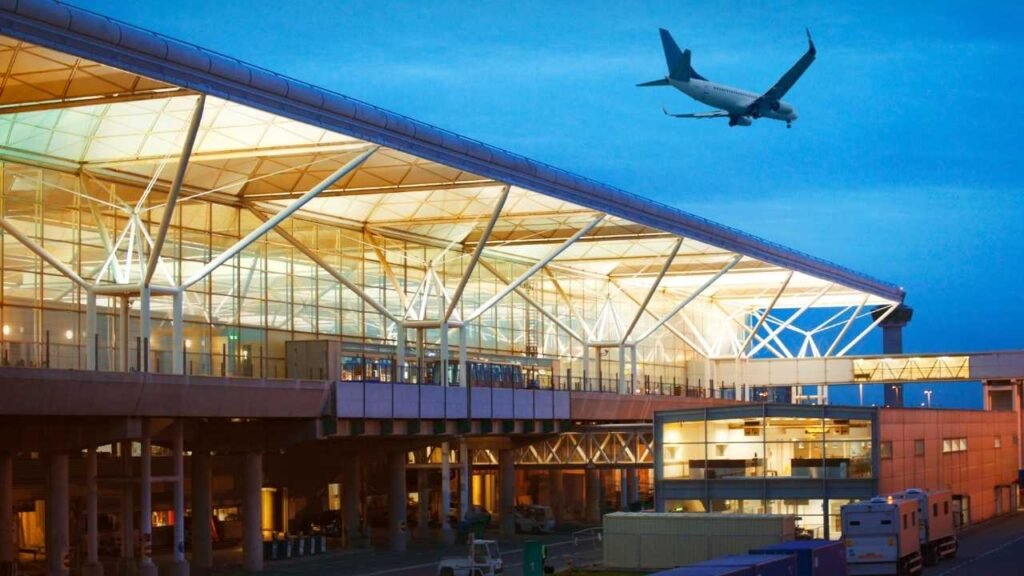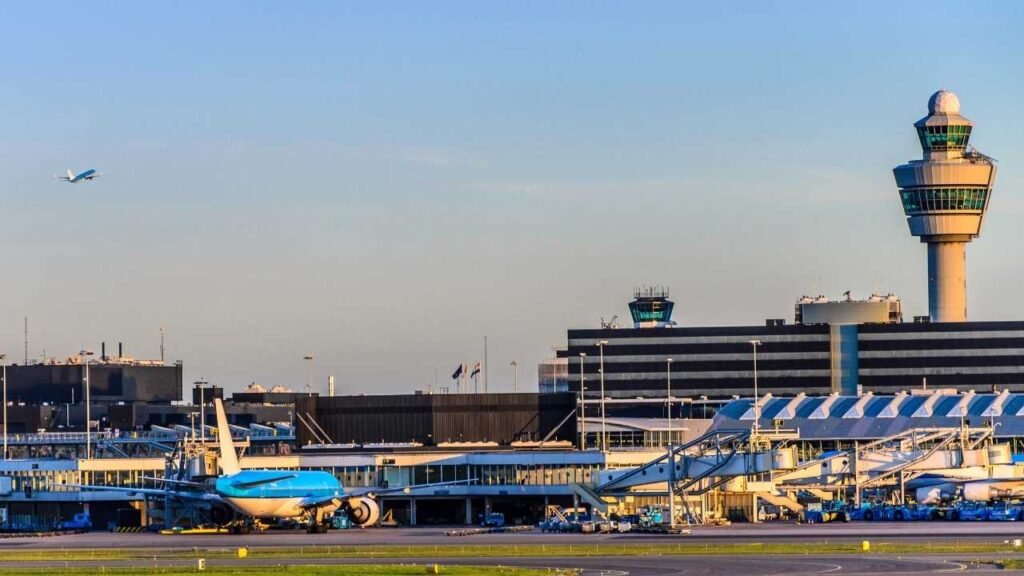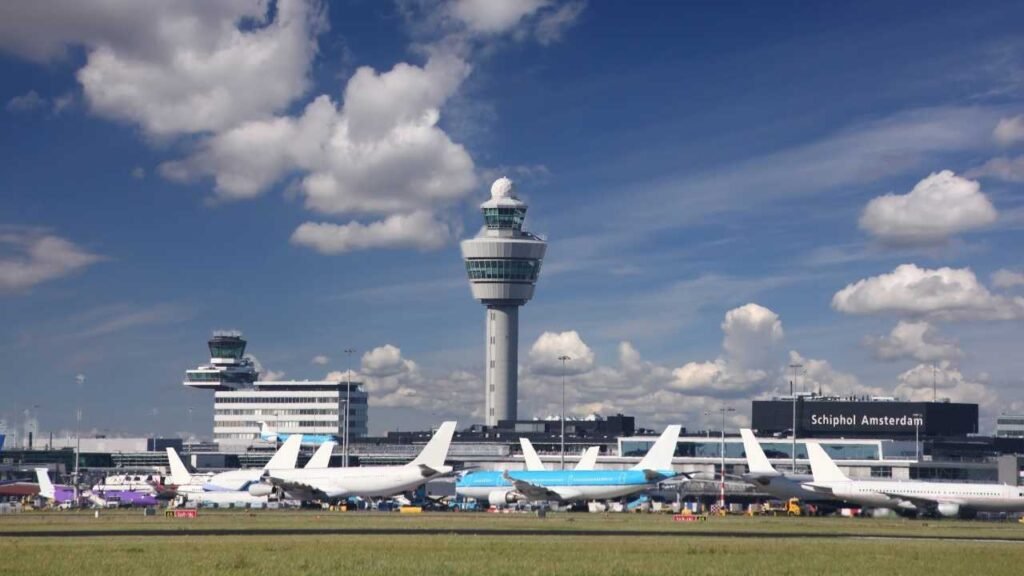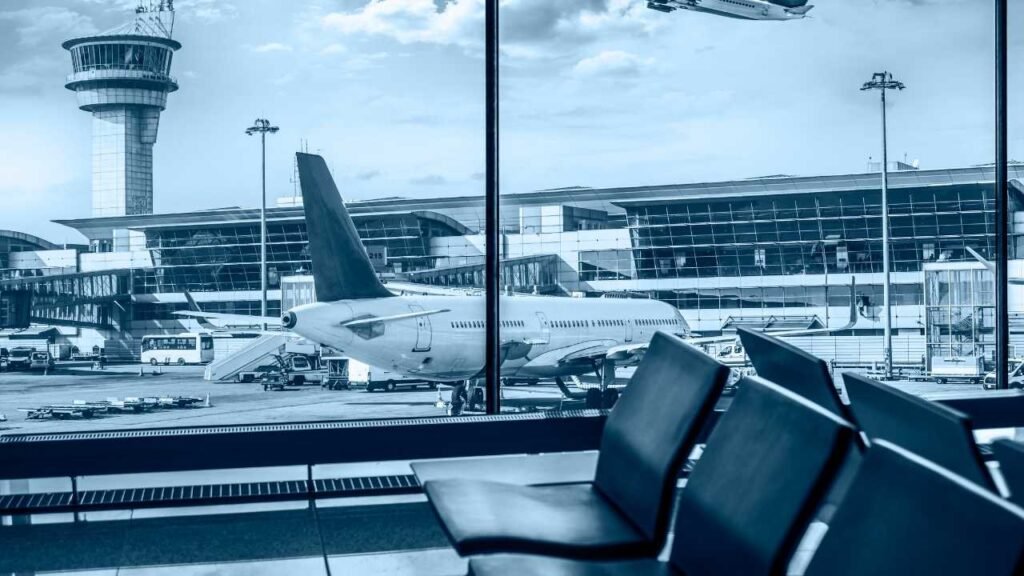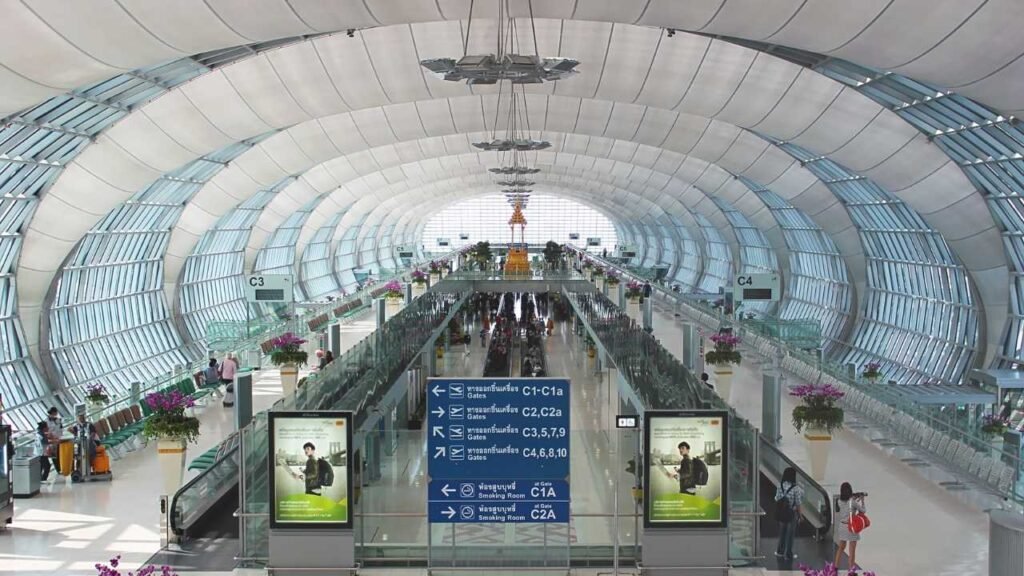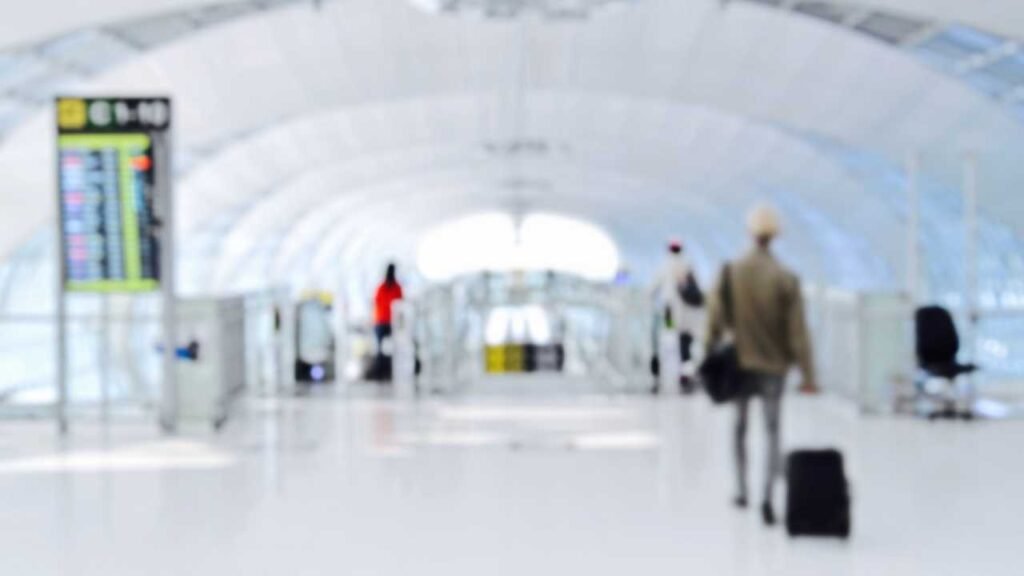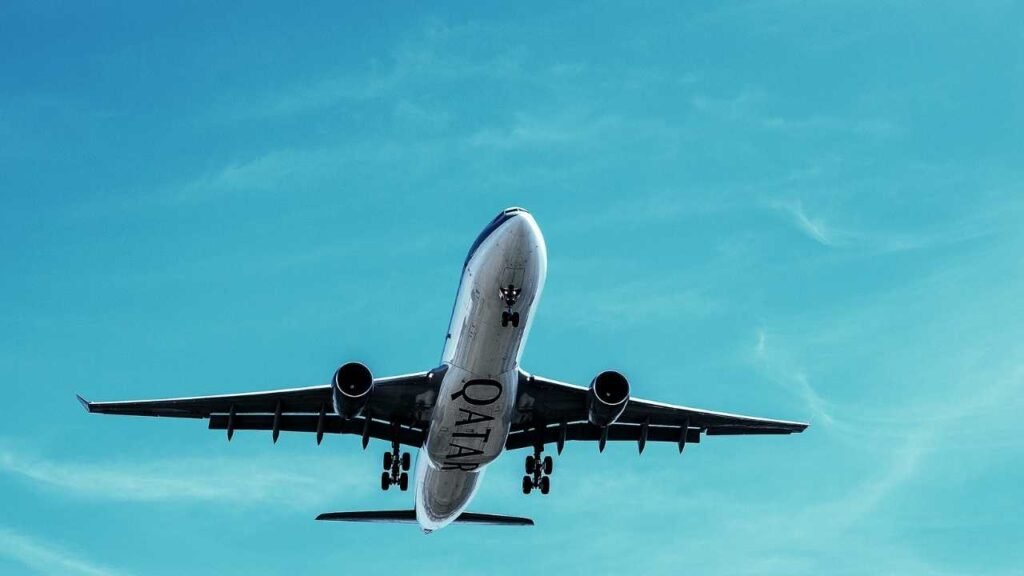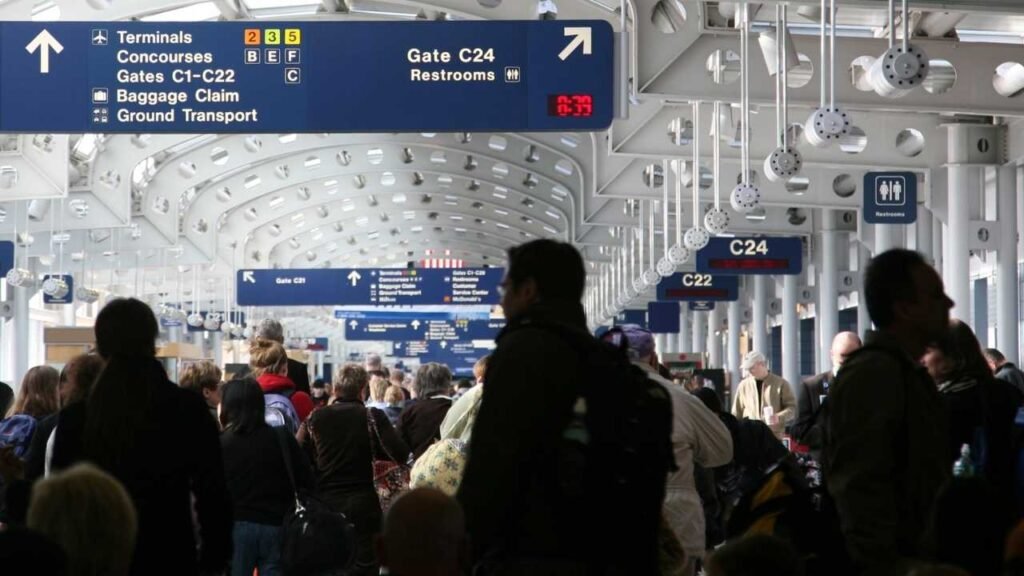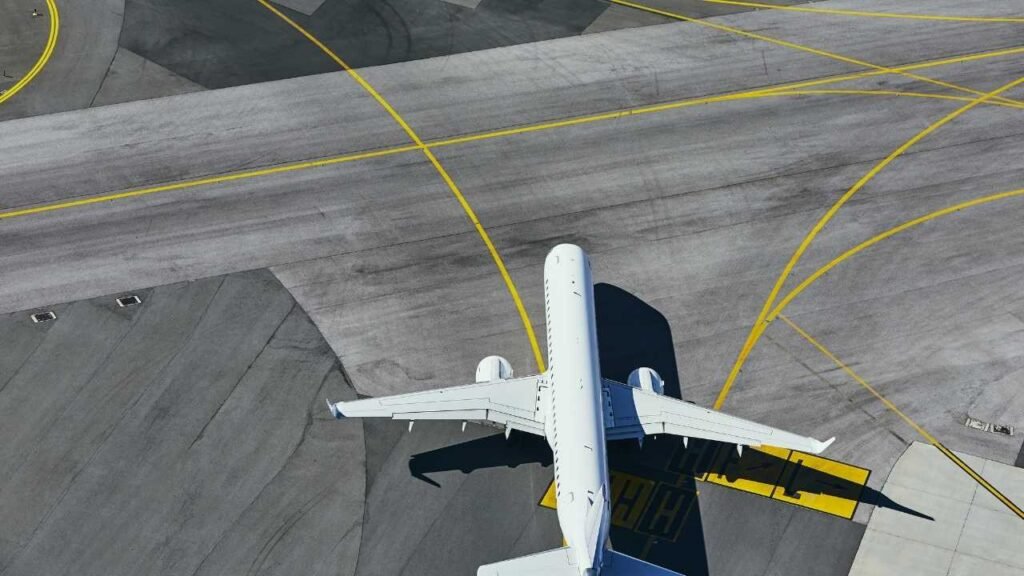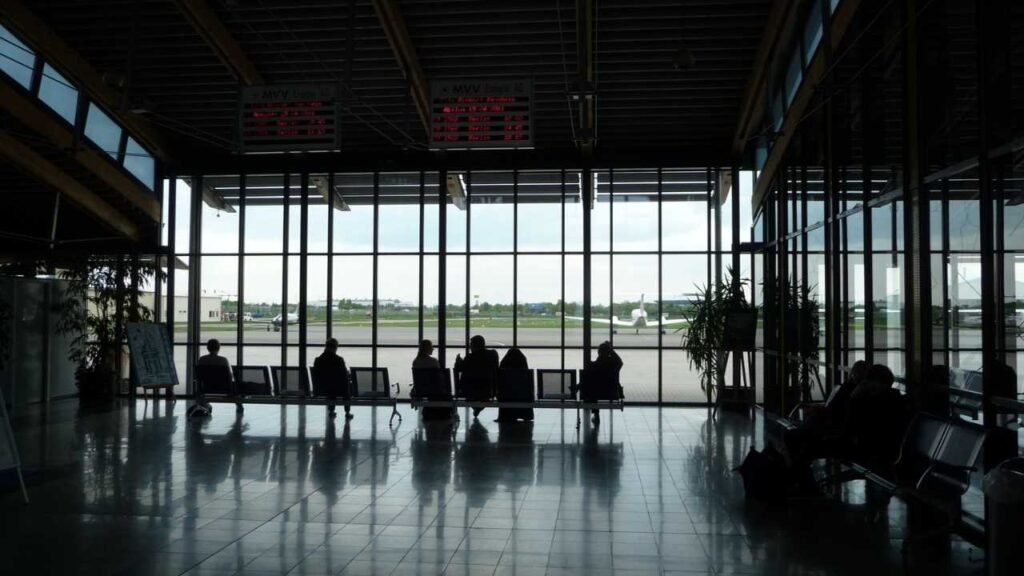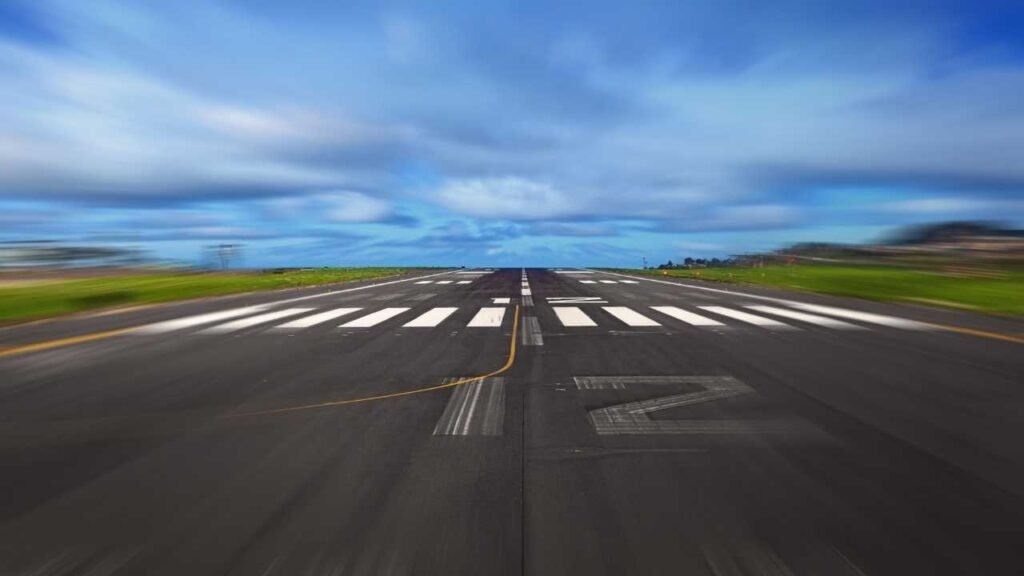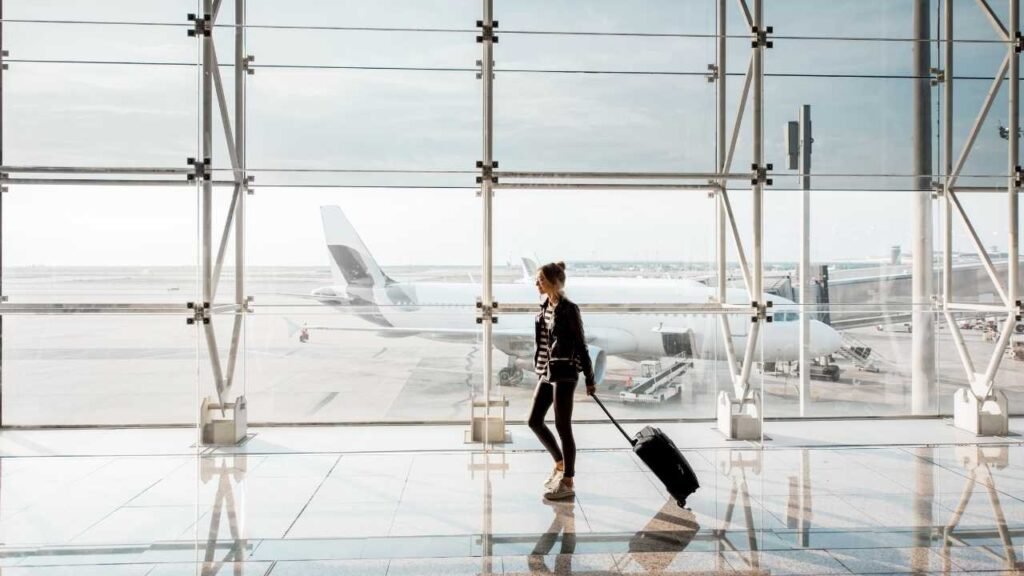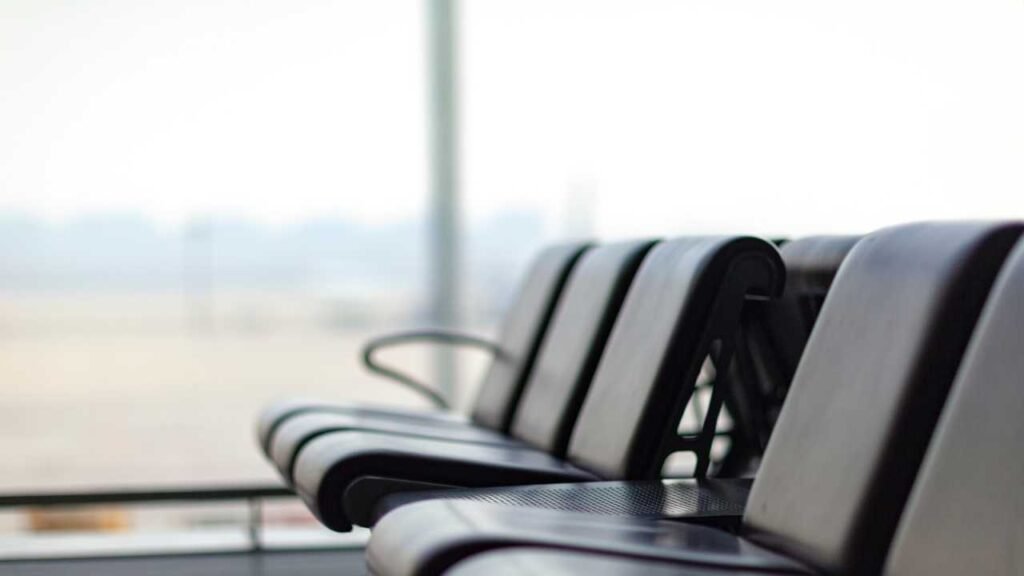- Home
- Ontario International Airport
Ontario International Airport
Injuries and Accidents at Ontario International, Serving Ontario, Washington
Slip and Fall and Other Accidents at Ontario International Aiport in Ontario, Washington
Slips, trips, and other mishaps are common in busy terminals like Ontario International. Crowded walkways, spilled drinks and uneven surfaces create sudden loss of footing. If you are hurt, ask for a supervisor, take photos of the scene, and seek medical care promptly so your recovery and any claim start on solid ground.

Common Accidents in Ontario International, Ontario
Slip & Fall Accidents at Ontario International Aiport
Slip and fall accidents frequently top the list of airport injuries in busy terminals.
Hazards commonly involve loose or rippled carpeting, which catch travelers off guard.
High-risk spots are often curbside pickup zones, where rushes between flights make hazards harder to spot.
Many incidents trace back to overflowing trash or mop buckets.
Property operators owe a duty of care to travelers under premises liability rules.
Negligence may be proven through actual knowledge of a spill.
Injuries commonly involve fractures of the arm, leg, or hip, derailing trips.
Right after a fall, request an incident number and save your boarding pass and receipts.
Useful evidence can include witness contact details.
Surveillance footage may be retained briefly, so identify camera locations you observed within hours.
Multiple parties may share responsibility, including the airport authority, depending on who controlled the area.
Comparative fault may reduce but not eliminate compensation, so preserve evidence before deciding.
Deadlines to file can be short when government entities are involved, making it important to act promptly.
Compensation can include future care needs, with consistent treatment records supporting negotiations.
When contacted by insurers, avoid broad statements until you’ve spoken with counsel.
A focused legal review can pinpoint liable parties and frames settlement value.
Vehicle Accidents at Ontario International Airport
Airport vehicles such as passenger buses at Ontario International in Ontario, Washington may cause severe accidents.
These crashes frequently happen at curbside pickup areas, where visibility may be poor.
Common causes include driver distraction from radios or devices.
Risk spikes during late-night transfers, when lighting is reduced.
Danger zones often involve service corridors shared with pedestrians.
Responsibility can fall on a third-party vendor for maintenance failures.
Right after an impact, request an incident number and copy of the report and call paramedics if needed.
Helpful evidence includes time-stamped boarding passes or parking tickets.
Preservation requests should request driver schedules and dispatch records.
Typical injuries often involve knee, hip, or shoulder damage, so follow your treatment plan.
Comparative fault does not void a claim, even if you were carrying luggage or distracted.
Time limits can be shorter for claims involving public authorities, so confirm the exact requirement before filing.
Compensation can cover medical bills and rehab, and expert opinions strengthen valuation.
If you’re exploring a claim, consult a lawyer experienced with airport operations and vehicle incidents.
Jet Bridge & Boarding Accidents at Ontario International
Boarding areas and jet bridges at Ontario International in Ontario, Washington sometimes become slippery, causing falls, sprains, and fractures.
Responsibility often falls on airport contractors, especially when they fail to fix hazards.
Baggage Claim Accidents at Ontario International
The baggage claim area of Ontario International can be tightly packed, which heightens the chance of accidents.
jammed conveyor belts cause accidents while passengers retrieve their bags.
Risk factors include misaligned belt guards.
Crowding reduces visibility, especially after multiple flights land at once.
High-risk zones include carousel edges.
Common injuries include foot and ankle trauma from dropped suitcases.
Contributing errors include lack of staff near congested belts.
If a mishap occurs, ask for a supervisor and request an incident number.
Capture evidence like any warning sign placement or the lack of it.
Act quickly to note pain that worsens after leaving the airport to create a clear record.
Potentially responsible parties may include a baggage system maintenance vendor.
Liability often turns on inspection and maintenance logs.
Comparative fault does not automatically bar recovery.
Time limits to file can be shorter if a public authority is involved, so track deadlines.
Recoverable damages can cover medical bills and rehab, and expert opinions support settlement.
Security Checkpoint Injuries at Ontario International Airport
Security checkpoints at Ontario International create risks for travelers, especially when staff are rushed.
Common hazards include collisions in crowded lanes, which result in preventable harm.
Bottlenecks make hazards harder to spot, particularly during peak departures.
Contributing factors can involve equipment left in walkways.
Injuries commonly include soft tissue injuries that can linger for weeks.
After an incident, request an incident or occurrence number and seek medical evaluation the same day.
Useful evidence includes witness names and contact details.
Video and data sources may include checkpoint CCTV, so send a prompt preservation request.
Responsibility can include TSA or its contractors, depending on who controlled the checkpoint.
Comparative fault does not automatically bar recovery, even if you momentarily stepped outside a marked path.
Deadlines to file may require a formal notice of claim, so track the limitation period.
Compensation may include medical bills and rehab, and consistent treatment records strengthen valuation.
Worker Accidents at Ontario International
Employees at Ontario International in Ontario, Washington face machinery accidents.
Many of these incidents are preventable if airport authorities enforced proper training.
International Airport Accidents Linked to Ontario International Airport
International travelers injured at Ontario International in Ontario, Washington may struggle to file claims.
Because Ontario International connects Ontario to international carriers, liability often becomes hard to resolve across jurisdictions.
Escalator & Elevator Accidents at Ontario International
Escalators and elevators inside Ontario International in Ontario, Washington can malfunction, causing head and back trauma.
Responsibility may lie with airport operators when inspection is neglected.
Shuttle Bus & Ground Transportation Accidents at Ontario International Airport
Shuttle buses, trams, and ground transportation vehicles at Ontario International in Ontario, Washington sometimes collide, injuring airport visitors.
These accidents often occur on narrow service roads, creating severe injury risks for residents of Washington.
Parking Lot & Curbside Accidents at Ontario International Airport
Parking lots and curbside zones at Ontario International in Ontario, Washington are common accident zones.
Hazards include heavy traffic flow, leading to vehicle collisions.
Luggage Cart & Conveyor Belt Accidents at Ontario International Airport
At Ontario International in Ontario, Washington, runaway luggage carts or jammed conveyor belts can strike passengers.
These incidents may result from careless baggage staff.
Food Court & Restaurant Accidents at Ontario International Airport
Restaurants and food vendors inside Ontario International in Ontario, Washington can cause burn injuries.
Liability often rests with airport restaurant operators when they fail to handle food properly.
Airport Construction Zone Accidents at Ontario International
Renovation or construction areas inside Ontario International in Ontario, Washington expose travelers to tools.
Injuries here may involve airport oversight failures.
Disabled Passenger Assistance Accidents at Ontario International
Disabled passengers at Ontario International in Ontario, Washington sometimes suffer injuries during wheelchair or electric cart assistance.
Failures to train staff properly often lead to serious accidents.
Boarding Stair & Ramp Accidents at Ontario International
Portable boarding stairs and ramps at Ontario International in Ontario, Washington may create slipping risks, causing serious injuries.
These accidents are especially common at regional airports.
Lost Luggage & Property-Related Injuries at Ontario International
Lost luggage at Ontario International in Ontario, Washington is not just inconvenient — it can create safety problems, such as when safety gear is lost.
Travelers may pursue claims for damages linked to lost or delayed luggage.
Airside & Tarmac Accidents at Ontario International
Restricted airside areas at Ontario International in Ontario, Washington expose workers and sometimes passengers to collisions.
These incidents are potentially fatal and often fall under negligence claims against contractors or airlines.
What you do in the immediate hours following your incident at Ontario International in Ontario, Washington can make the difference between a strong compensation claim and one that fails to move forward. These are the actions you need to follow.
See a Doctor Immediately After the Accident
Your health comes first. After an incident at Ontario International in Ontario, Washington, it’s essential to see a doctor without delay. Even if the injury feels minor, serious conditions such as head trauma, back injuries, or sprains may become serious if untreated. Request airport paramedics or go to the local emergency department and make sure you have your condition officially recorded. This medical record will serve as vital evidence when filing for compensation.
Gather Proof of What Happened
One of the most vital steps after an injury at Ontario International in Ontario, Washington is to record the scene. Use your mobile device to take photos of the hazard such as broken tiles. Make sure to photograph the location from multiple angles and include signs posted nearby. Write down exact location inside Ontario International and any details you remember. If there are airport workers who saw the incident, ask for their full name. This evidence will strengthen your case when your lawyer pursues a settlement on your behalf.
Contact Us for Legal Representation
Call for Airport Accident Legal Support Once you’ve received medical care at Ontario International in Ontario, Washington, the next step is to contact us for legal representation. Airports and their risk managers will act quickly to limit liability, and without proper representation you may be pressured into a small settlement. A qualified attorney can: Secure evidence before it disappears Determine whether the airport, airline, or contractor is responsible Handle state and federal filing requirements Fight for maximum compensation Call our airport accident hotline now for a free consultation. By contacting us today, you can learn your rights and make sure your accident at Ontario International in Ontario, Washington doesn’t go ignored.
Tell Airport Staff About the Accident
After an accident at Ontario International in Ontario, Washington, it’s vital that you make the accident known to airport authorities. Go directly to security staff, or call the airport’s support line if you need urgent reporting support. Always ask for an incident report, and make sure it includes your address as well as the location inside Ontario International. This report serves as an essential record that the accident occurred inside Ontario International, and it can help your lawyer build a stronger case. If the airport provides a case number, write it down and store it with your records.
Keep Every Receipt and Report
After an slip and fall at Ontario International in Ontario, Washington, it’s vital to save all paperwork connected to your case. This includes rehabilitation costs, as well as boarding passes. Keep copies of emails or letters from airport staff along with your phone number. If you lost time from work, make sure to keep proof of your employment schedule to show how the accident at Ontario International affected your income. Maintaining a complete record of expenses and correspondence will strengthen your claim. Without this proof, the airport, airline, or their insurers may deny parts of your claim.
Watch Your Words With Airport Staff and Insurers
After an incident at Ontario International in Ontario, Washington, it’s critical that you watch what you say. Airline staff, airport security, or insurance representatives may try to get your version of events while you’re still shaken. Anything you confirm could later be used to weaken your claim. Avoid saying it was your fault without first consulting with an attorney. Instead, stick to facts such as your name, phone number, and contact info and let your attorney handle all detailed questions. By remaining cautious, you strengthen your legal case and allow your lawyer to present the evidence properly.
Frequent Ask Questions About Accidents in {aiport_name} Airport
How do lawyers define an accident at Ontario International Airport?
An accident at Ontario International Airport can include far more than just a simple fall. Some of the most common examples include, injuries on broken or uneven tiles. Even areas like restaurants and retail shops inside Ontario International Airport can cause injuries. At the end of the day, when unsafe conditions cause an injury to a passenger, it may be classified as an airport accident under the law.
Who may be at fault after an accident at Ontario International Airport?
Responsibility depends on how and where the accident happened. In many cases, the public or private operator of Ontario International Airport can be sued if they ignored safety hazards. But that’s not always the only party. Maintenance companies hired to service equipment could be liable. It’s not unusual for several defendants to be included in a single case involving Ontario International Airport. This is why having a lawyer is essential.
What should I do immediately after I’m injured at Ontario International Airport?
The first and most urgent step is to seek medical attention. Early treatment also protects your health if hidden injuries exist. Be sure to notify airport authorities and ask that a formal incident report be created. If possible, get a copy of the report or at least note who you spoke to. Record the hazard that caused your fall or injury before it’s cleaned up or repaired. If others saw what happened, ask for their names and phone numbers. The sooner you reach out to an airport accident lawyer, the stronger your case will be. Having a lawyer step in early ensures your rights are protected.
Is it really necessary to have an attorney if I was hurt at Ontario International Airport?
Yes, in almost every case. Here’s why: airports and airlines have powerful legal teams. Trying to negotiate on your own usually leads to small settlements or rejected claims. Legal representation forces the airport to take your claim seriously. You only pay if your case is successful. In short, having a lawyer maximizes your chances of getting real compensation instead of being ignored.
Am I allowed to hold the airline accountable if my accident happened while boarding or deplaning at Ontario International Airport?
In many cases, yes you can. Airlines are responsible for passenger safety during boarding and deplaning. Examples include jet bridges that collapse or shift, slippery surfaces during boarding, or flight crew negligence in assisting passengers. An experienced attorney will determine if one or multiple parties should be sued. If you were hurt during boarding or exiting, don’t assume you have no case — the airline may owe you compensation.
What can I claim financially after an accident at Ontario International Airport?
Depending on your case, you may be eligible for several categories of damages. These may include medical expenses like hospital bills, surgery costs, and rehabilitation therapy. Lost wages are also recoverable if your injuries kept you from working. This covers physical pain, emotional distress, and the overall impact on your quality of life. Additional damages may include future care, assistive devices, or even home modifications if your injury is long-term. An experienced lawyer will calculate the full scope of your losses.
Is filing a claim against Ontario International Airport different from other injury cases?
Generally, yes — airport accident cases involve unique challenges. Several companies often work inside the airport, making responsibility harder to pin down. Different rules can apply depending on whether the airport is city-owned, private, or federally regulated. Additionally, large airports have insurance companies and legal teams who fight claims aggressively. In short, an accident at Ontario International Airport isn’t like a slip and fall in a grocery store.
Can I still recover if Ontario International Airport claims I caused my own injury?
It’s a common defense tactic for Ontario International Airport to argue you were careless. You could still win money even if the airport proves you were partly responsible. For example, if you slipped on an unmarked wet floor but were looking at your phone, a court may assign partial fault but still hold Ontario International Airport liable. An attorney can show that the airport’s negligence was far more significant. Don’t let the airport intimidate you into dropping your claim.
Do I have to pay upfront to hire a lawyer for an accident at Ontario International Airport?
Nearly all personal injury attorneys take these cases with no upfront cost. If you don’t recover compensation, you don’t owe anything. You’ll know in advance how fees are handled. It allows injured passengers at Ontario International Airport to hire top-quality representation without financial risk. So, hiring a lawyer is not just affordable — it’s the smartest move to maximize your claim.
